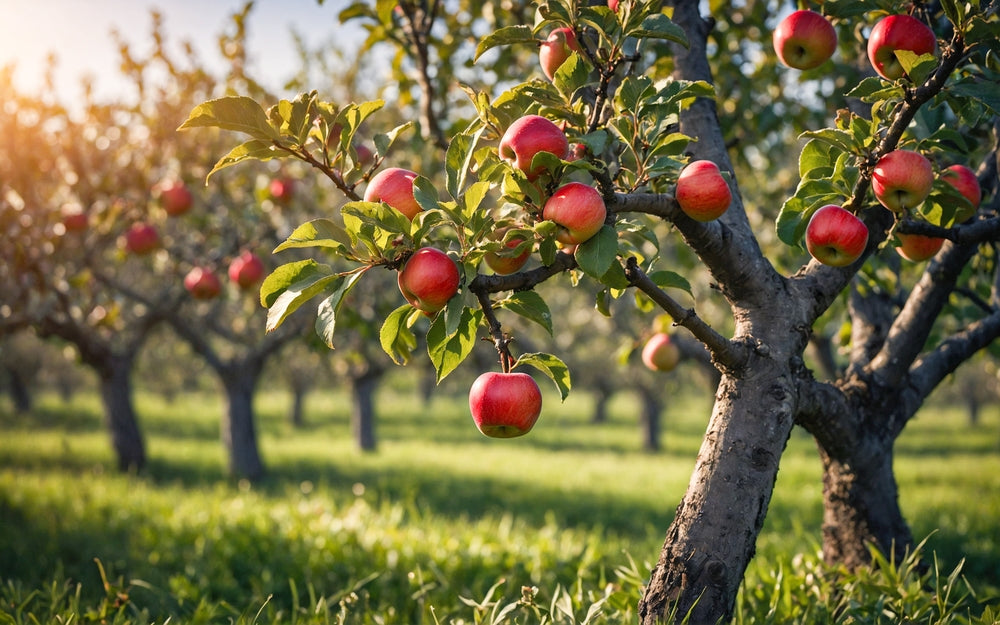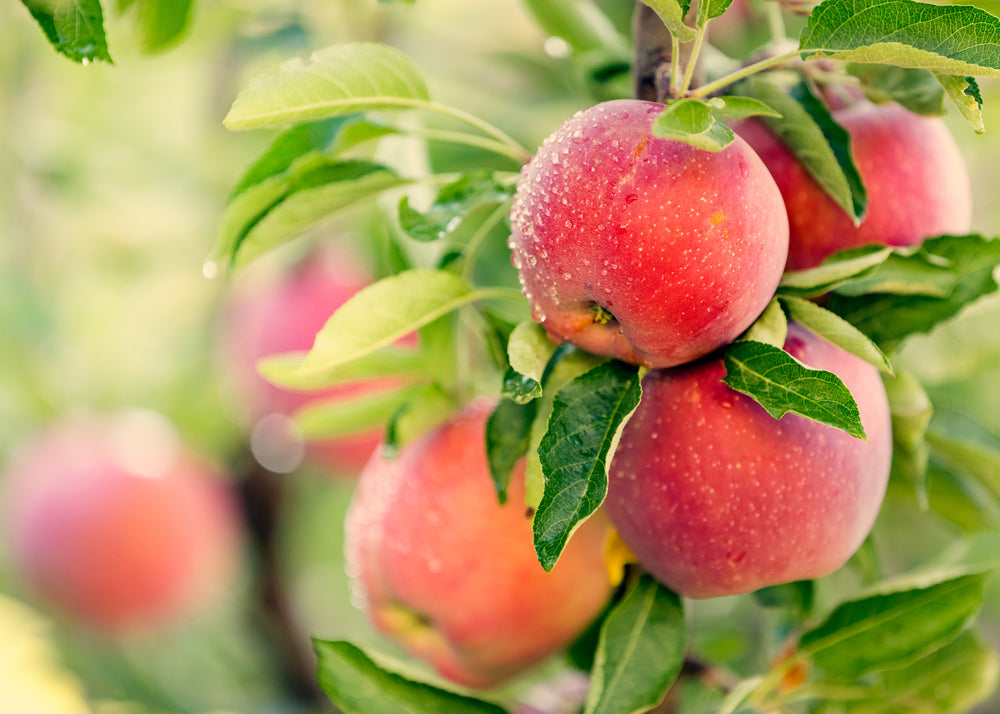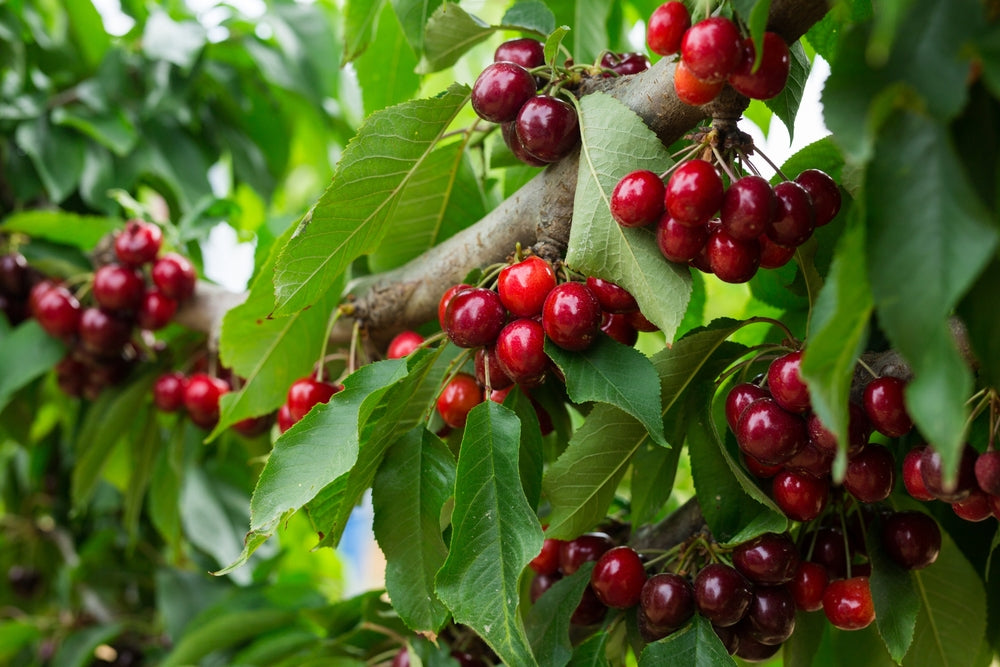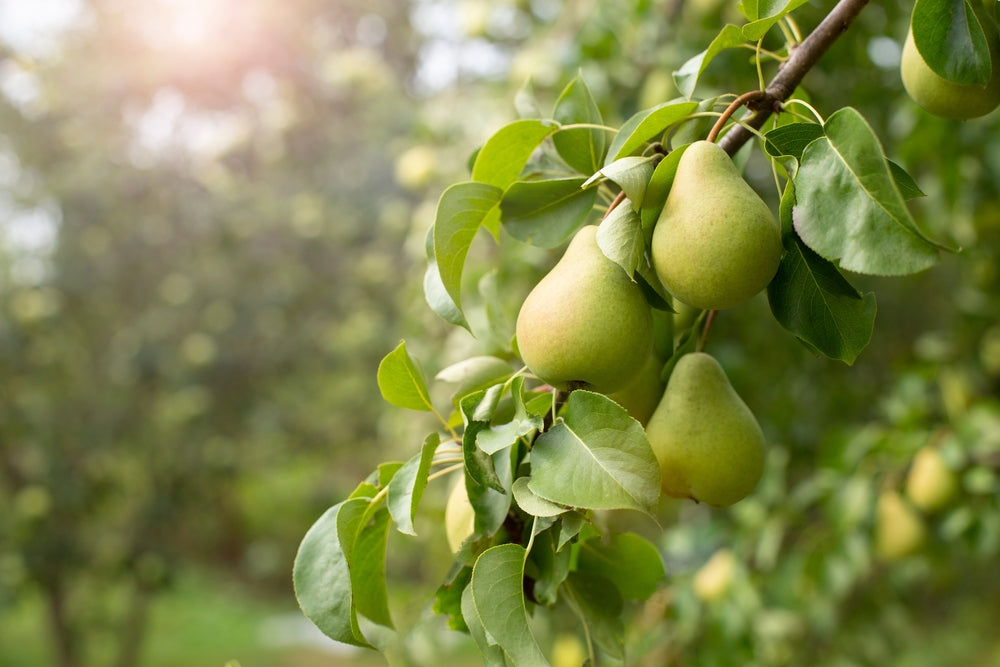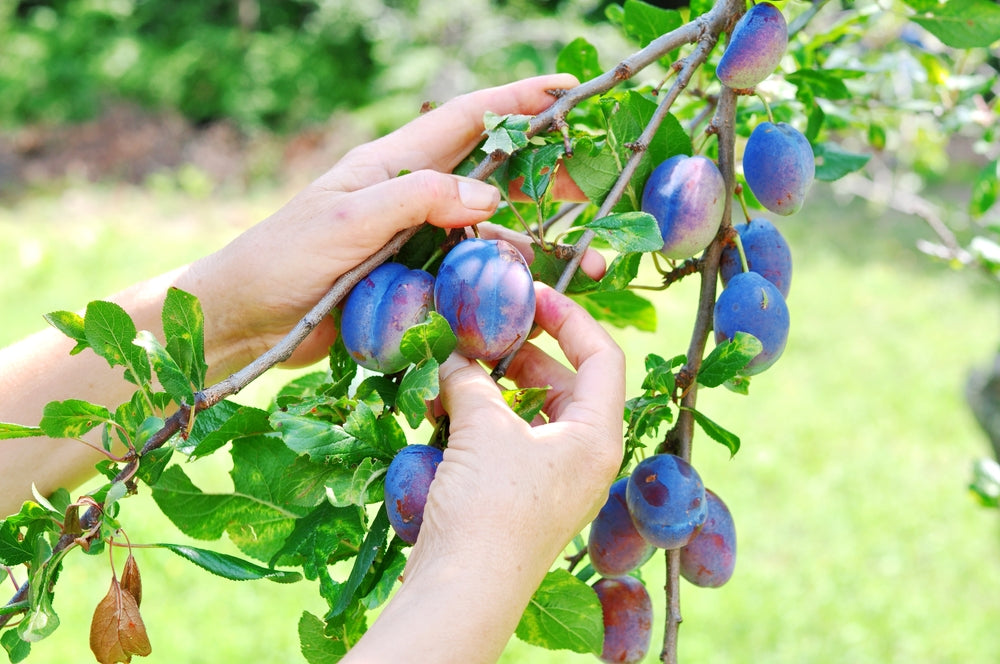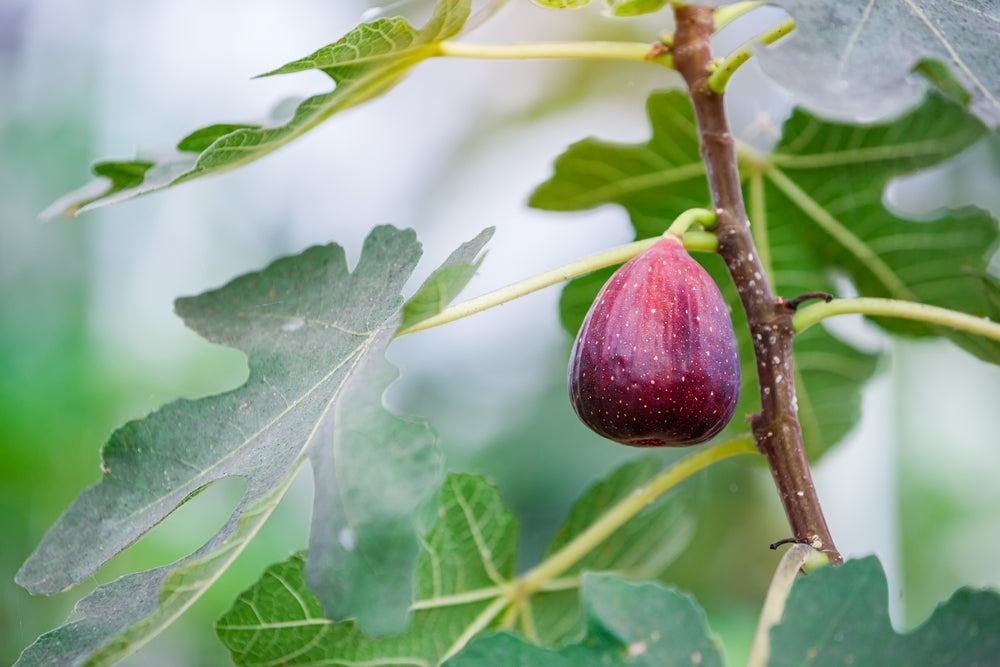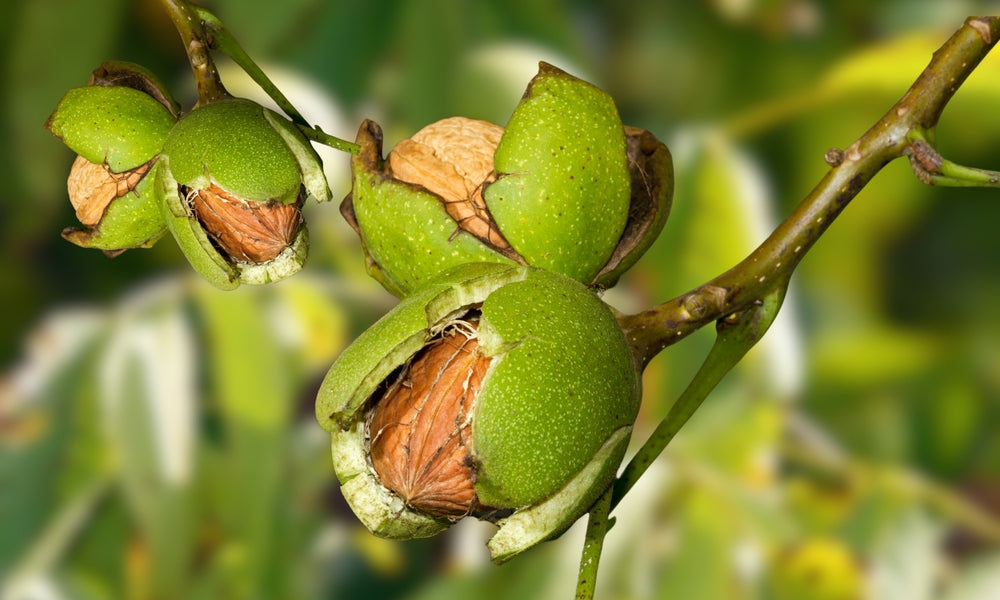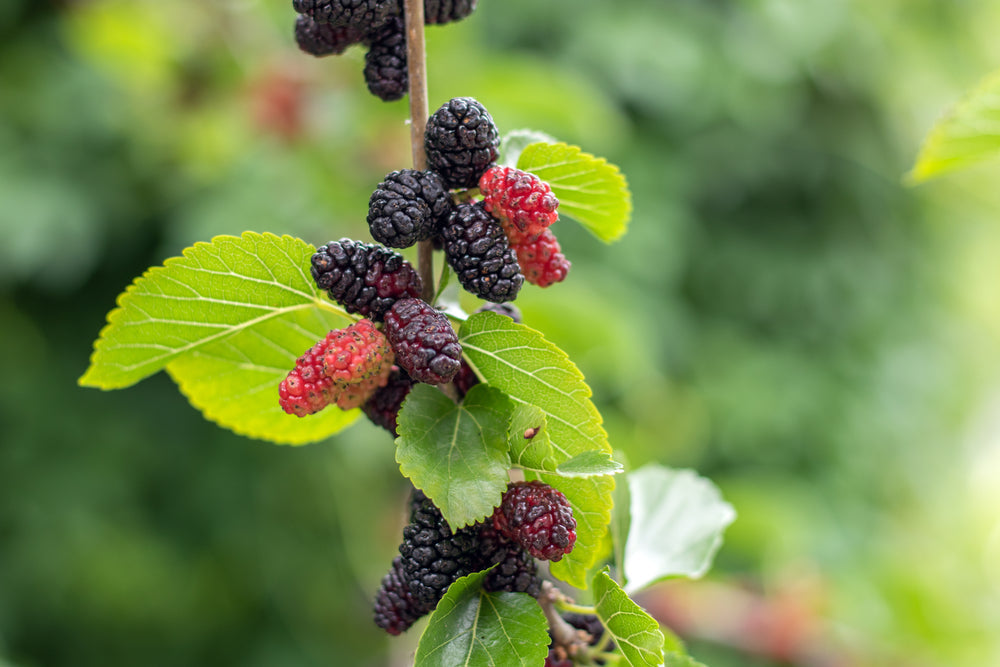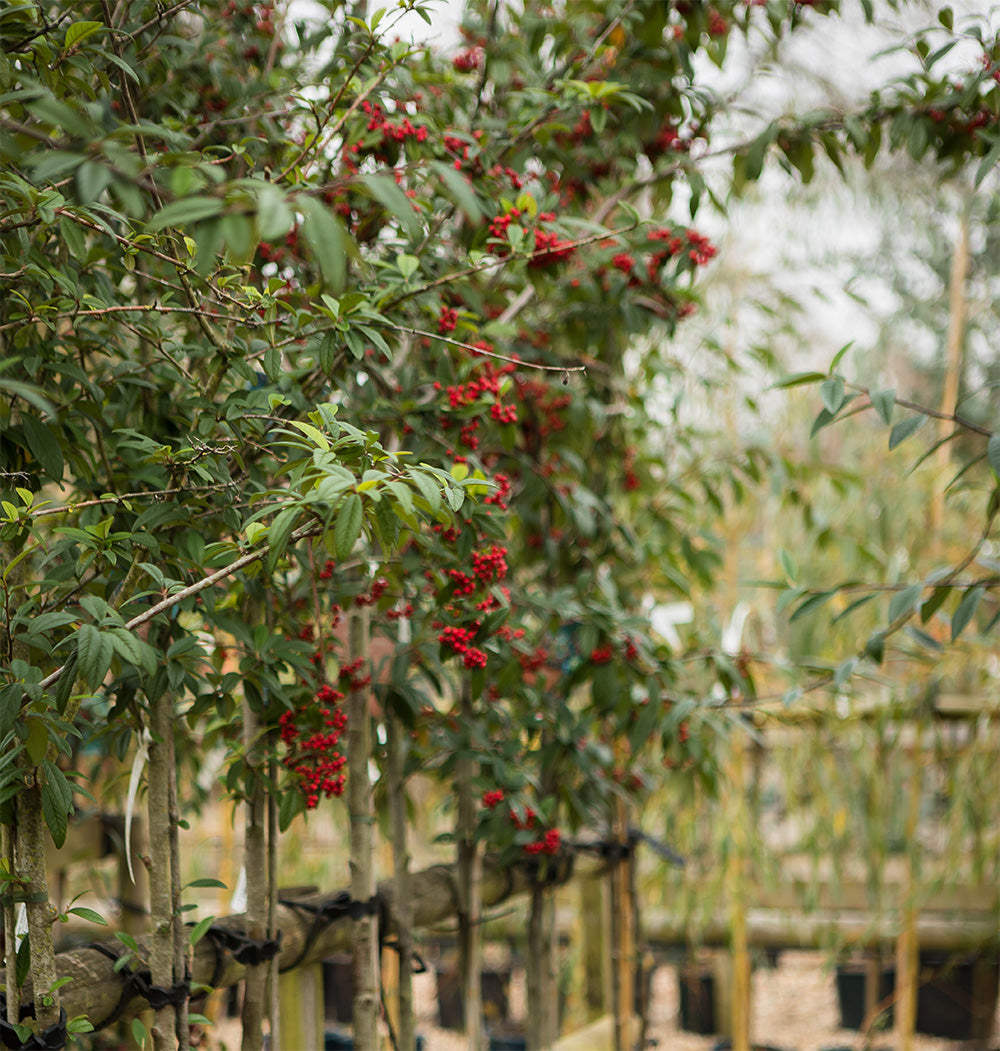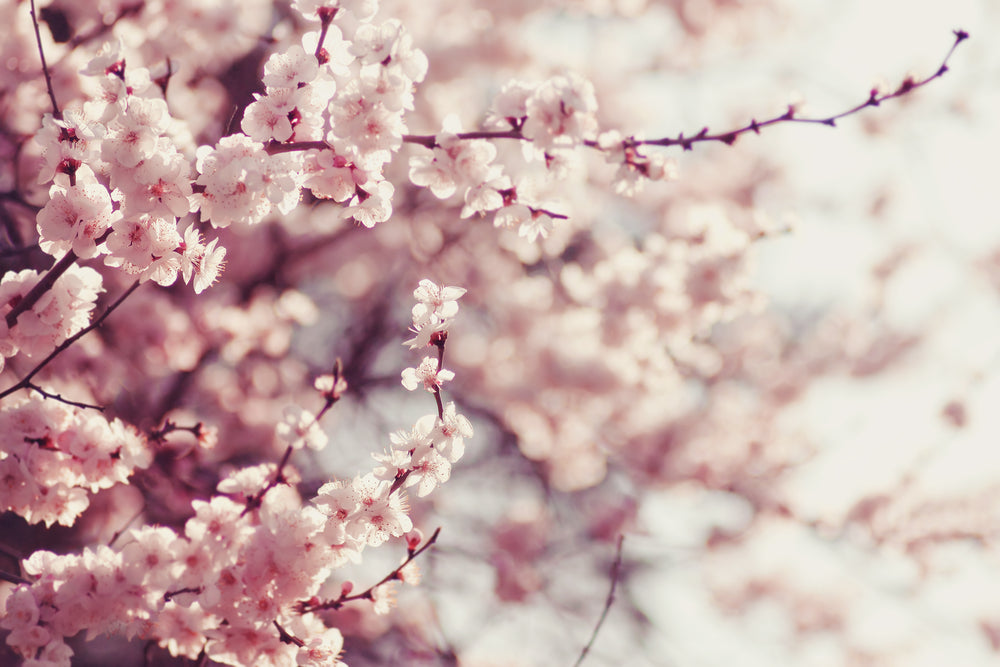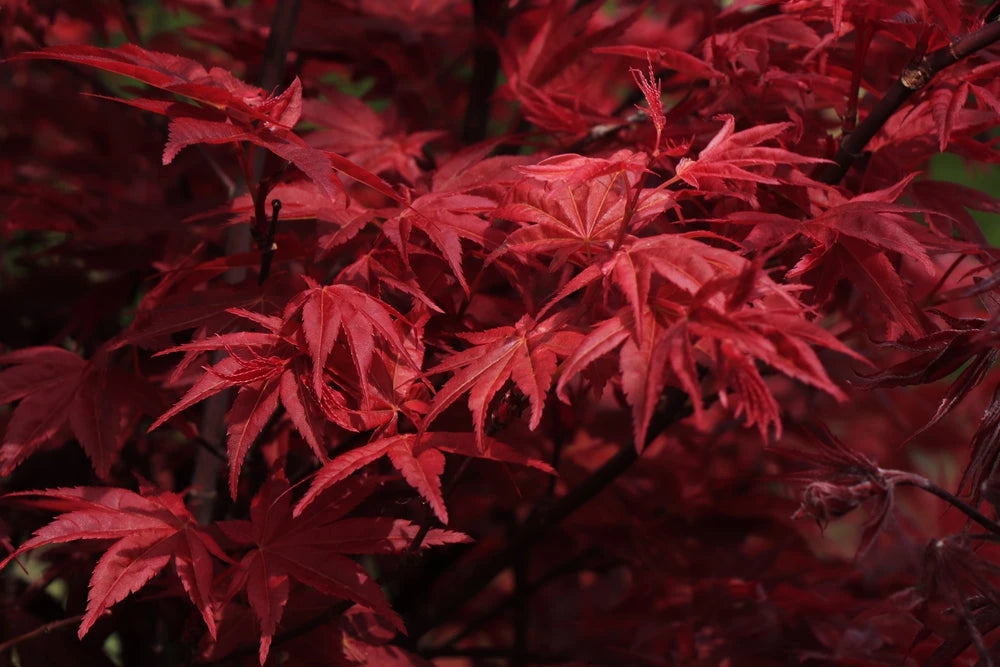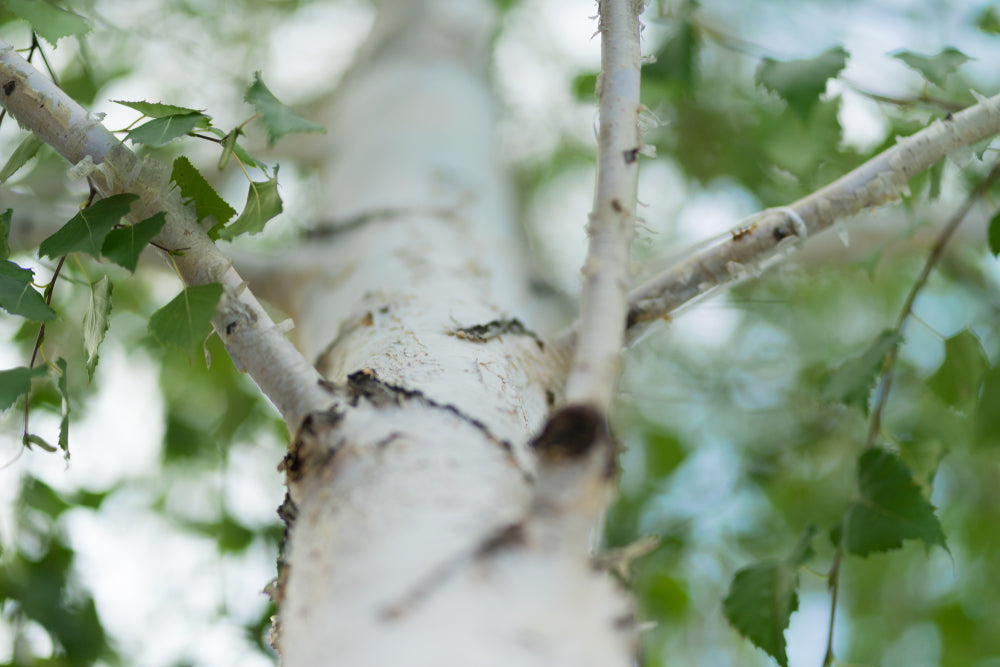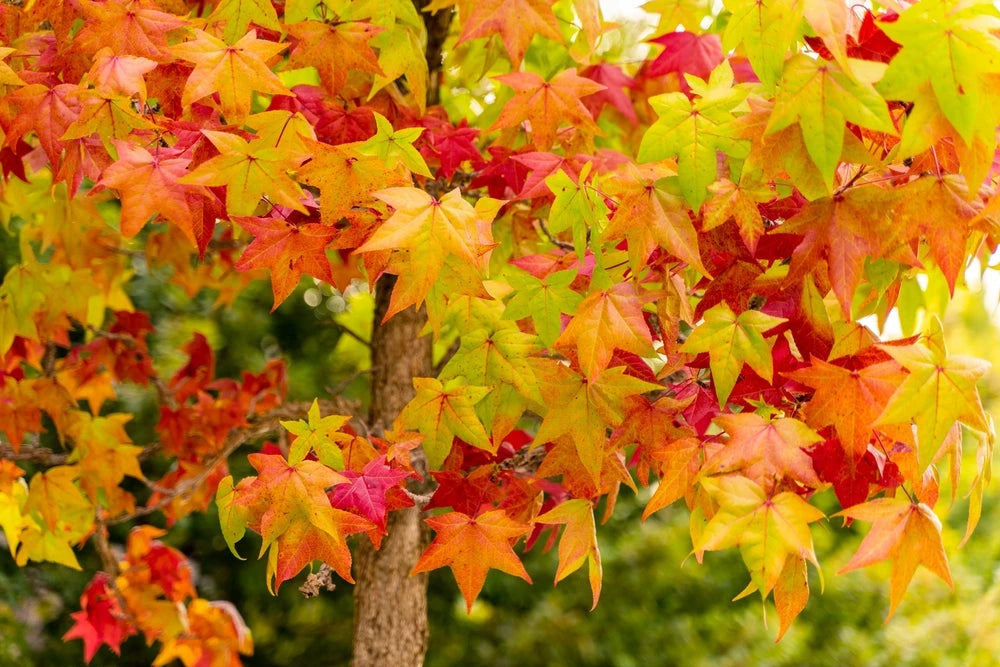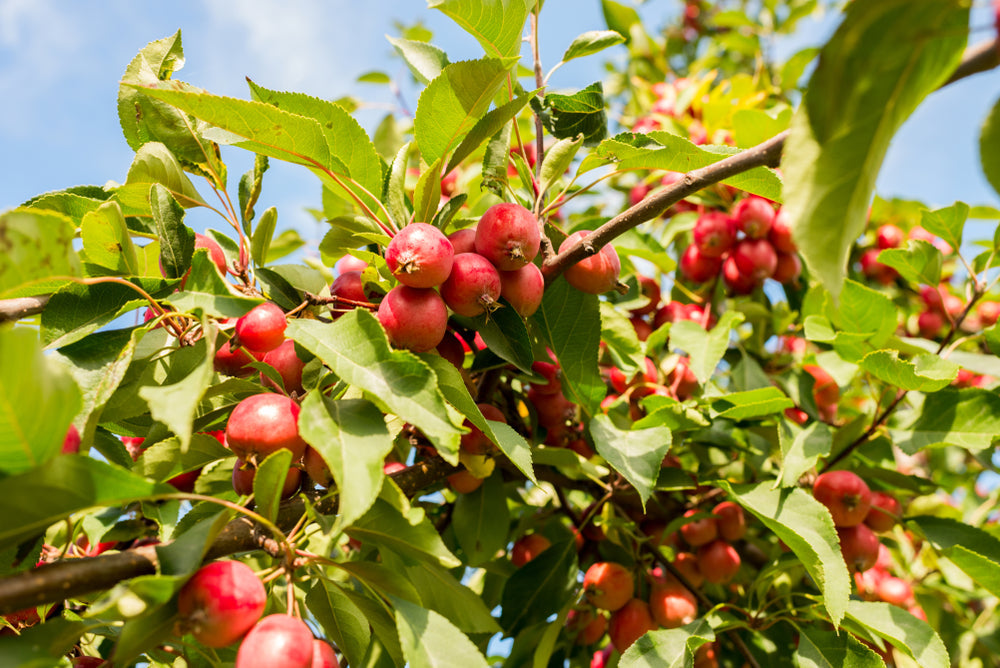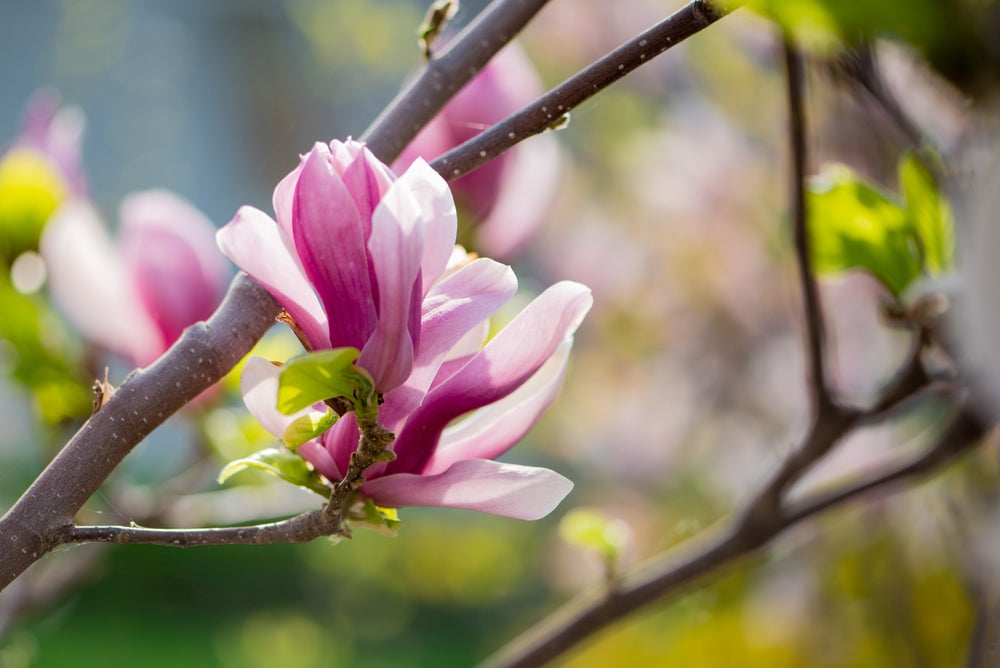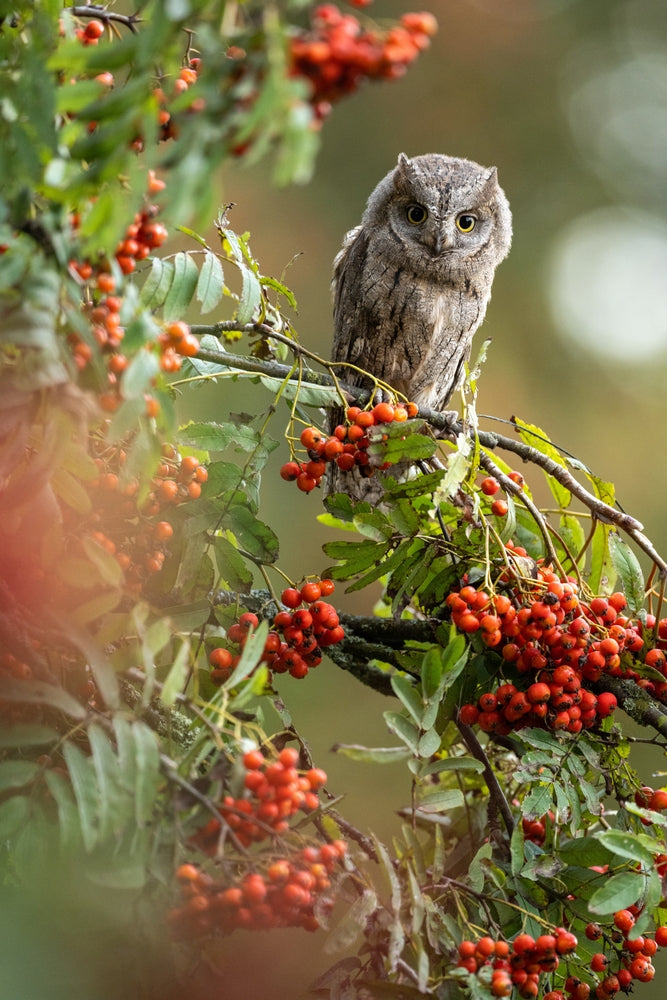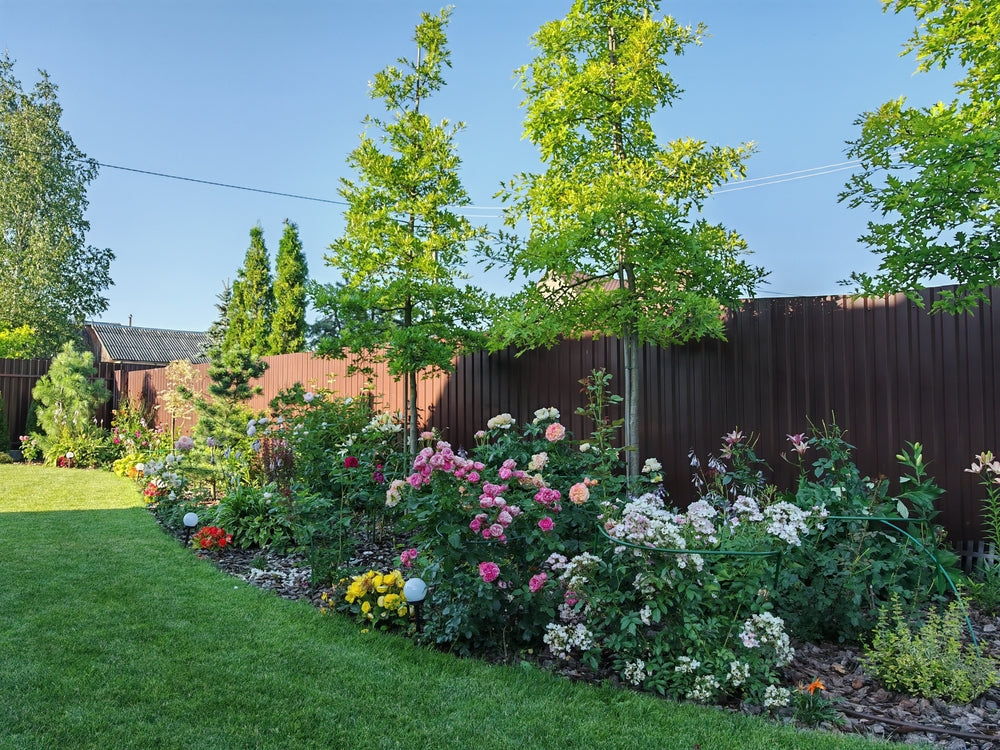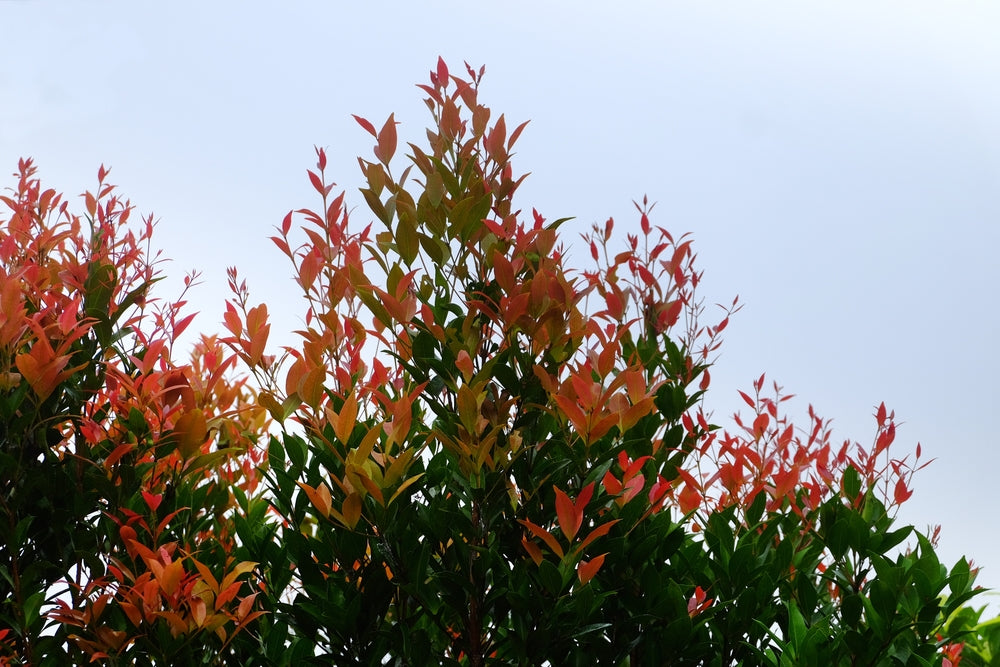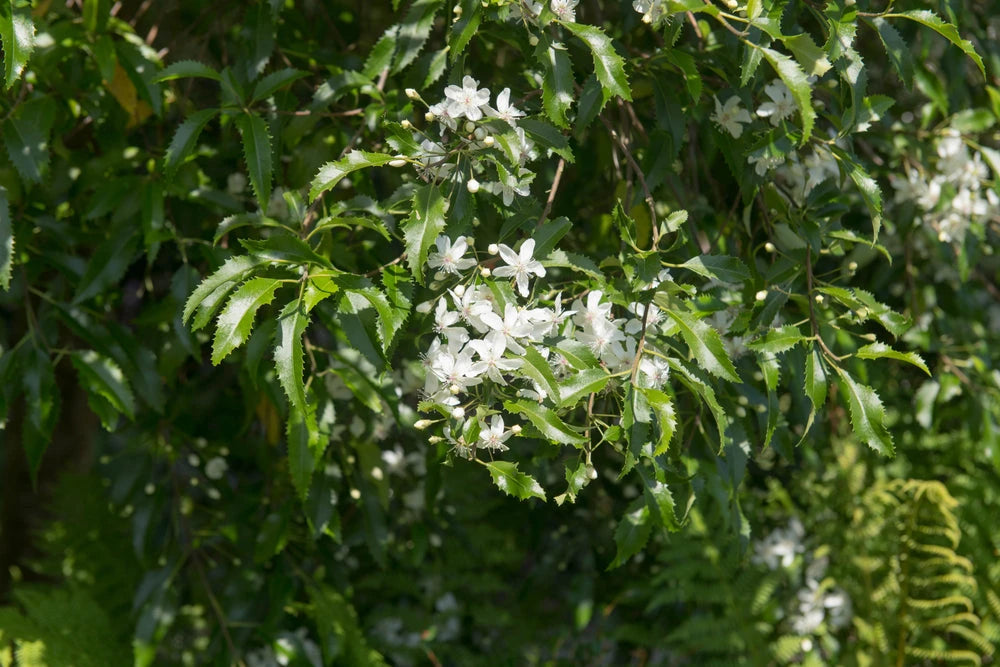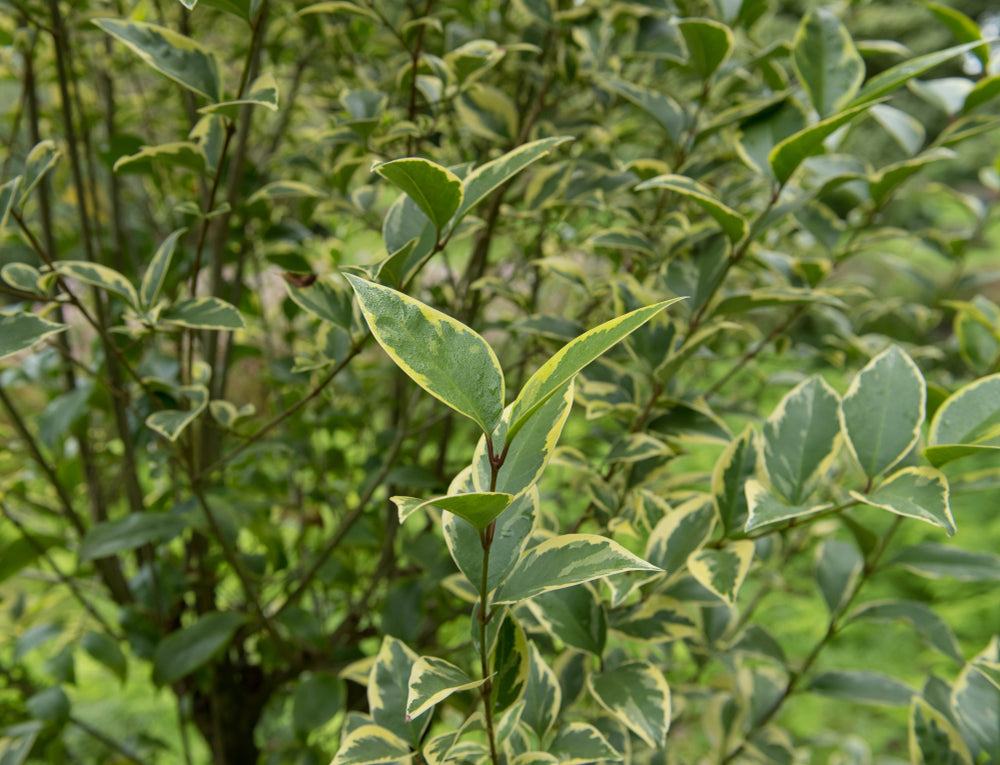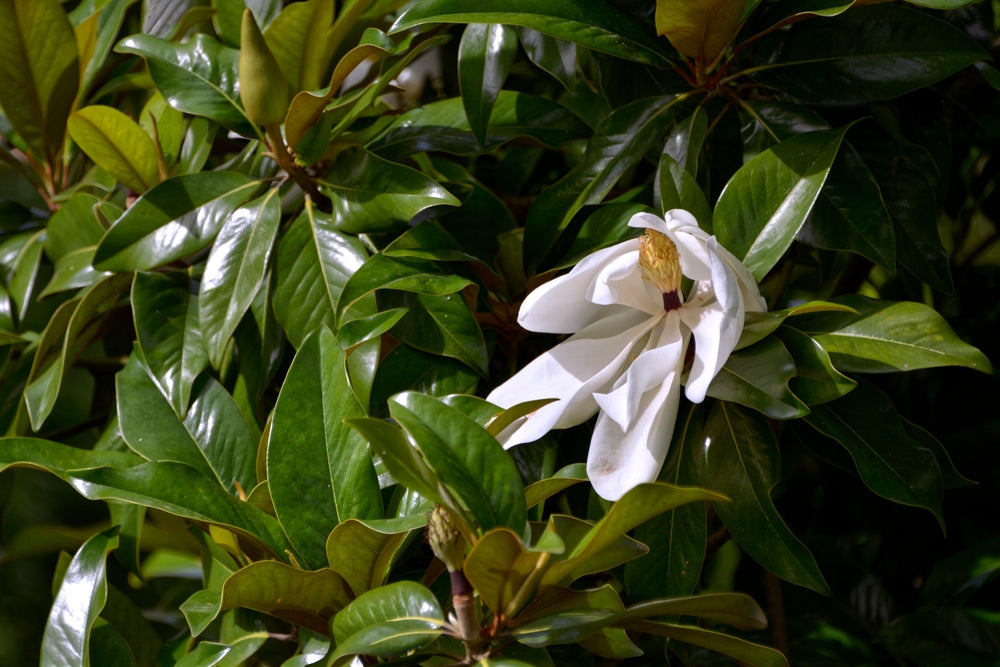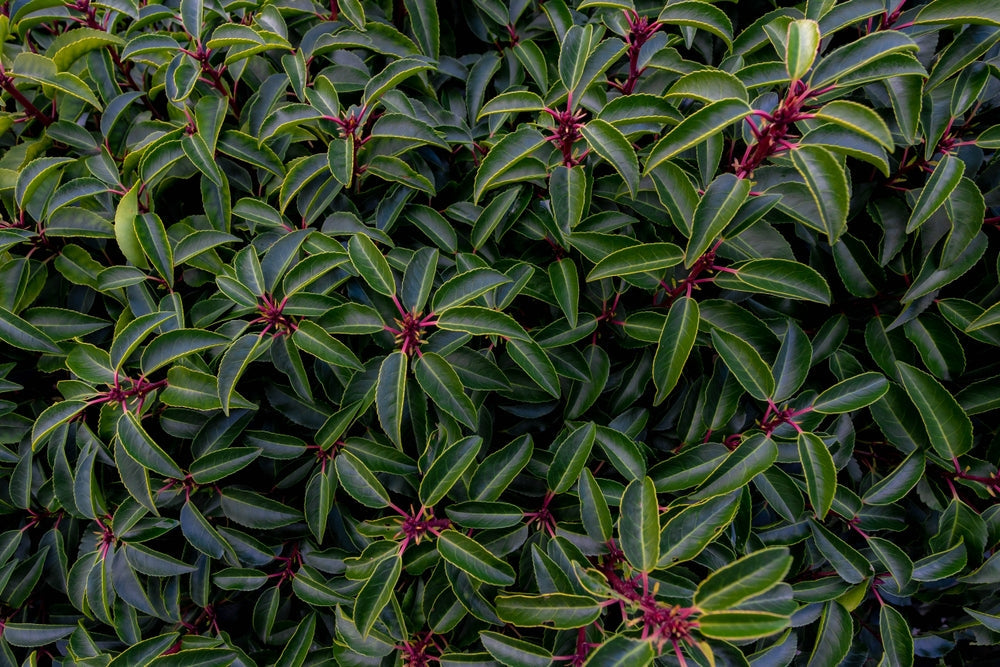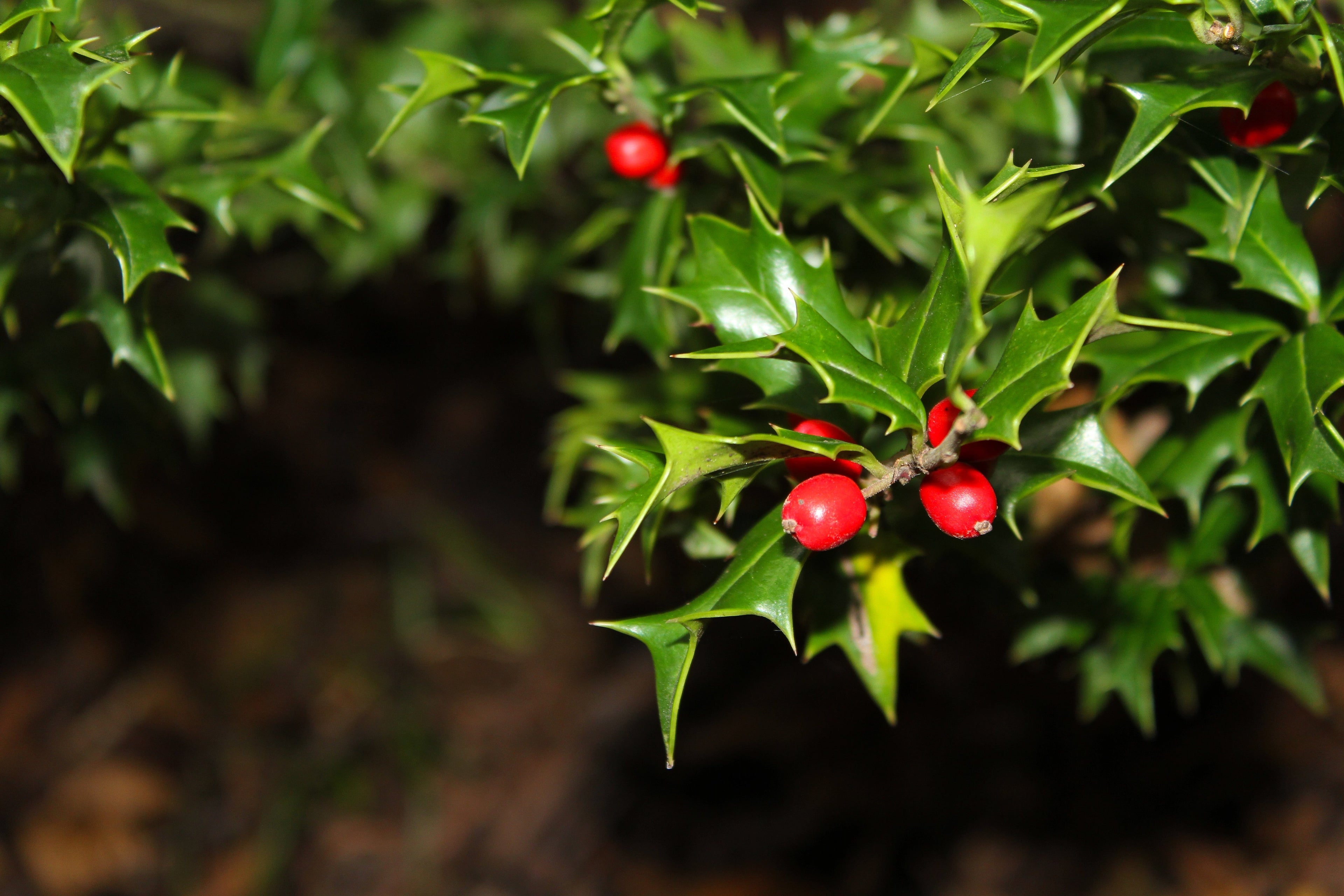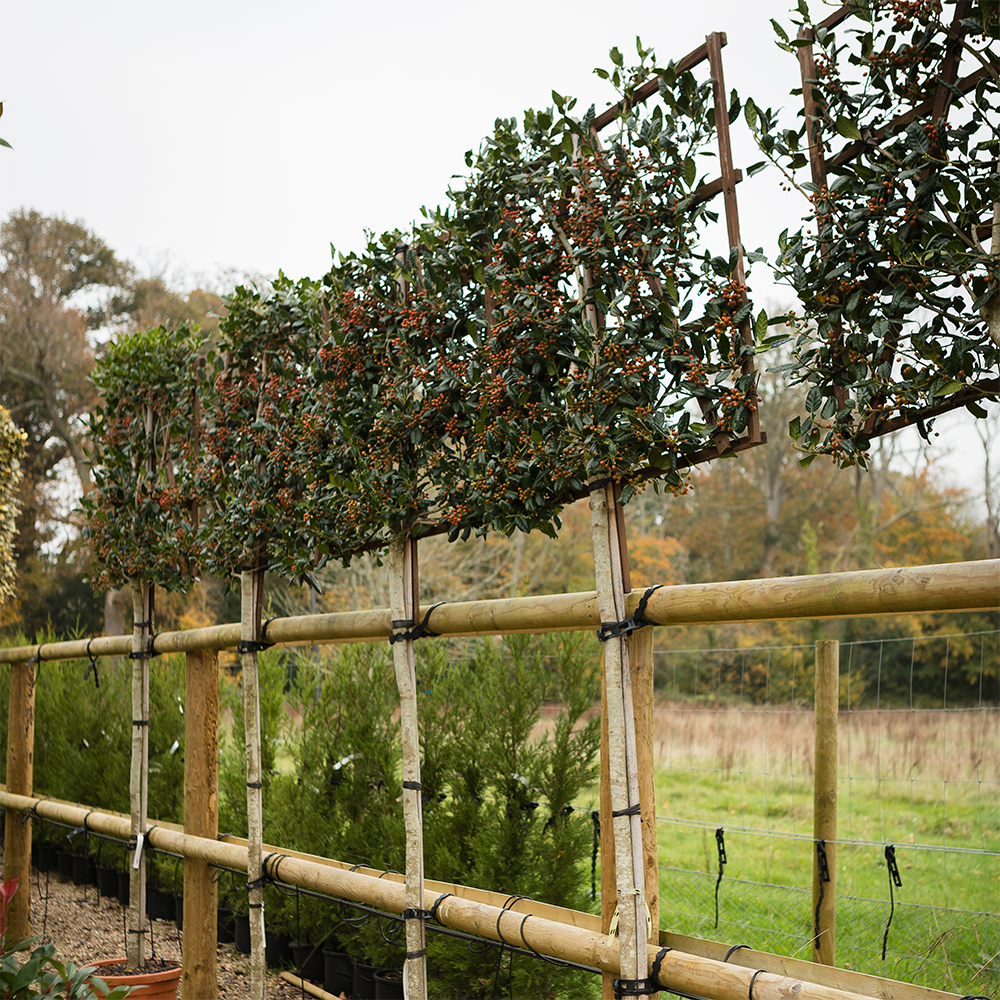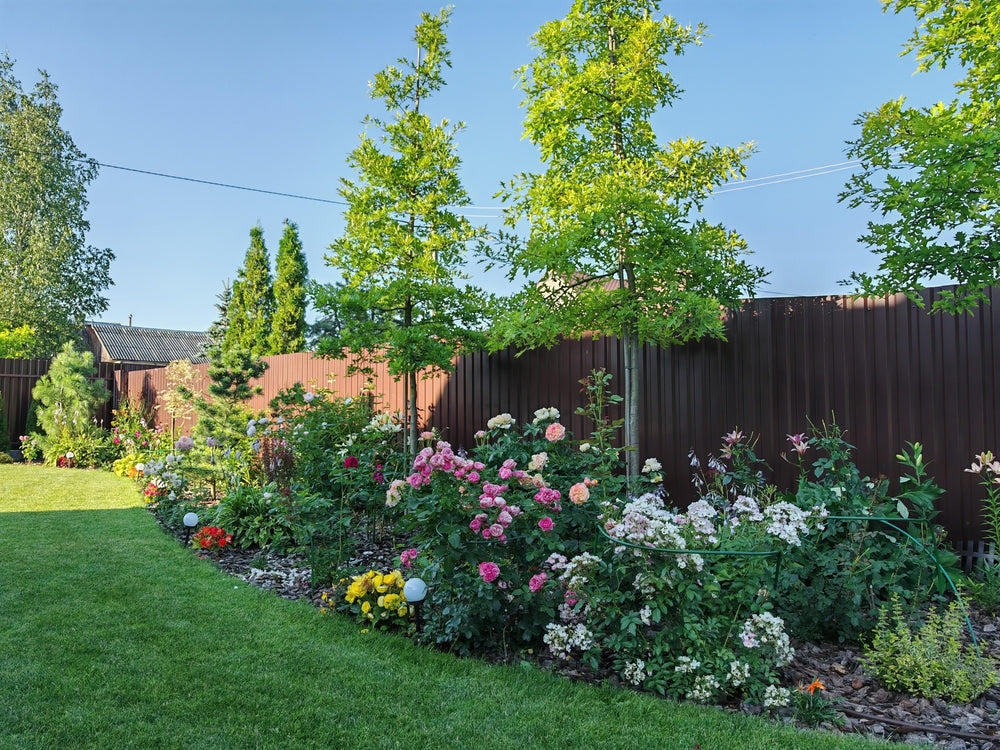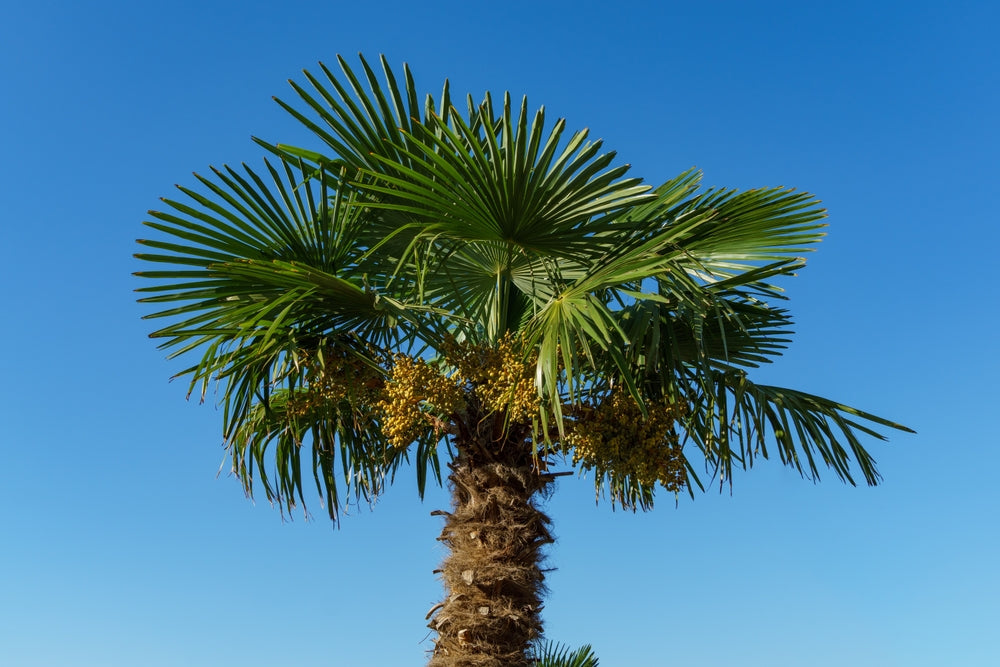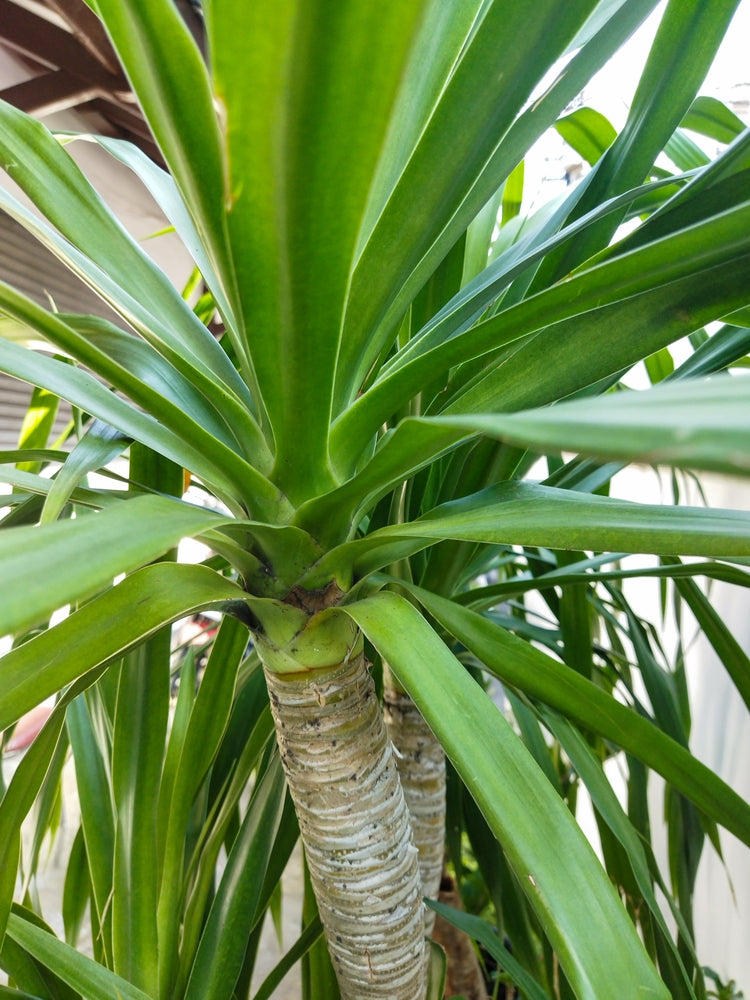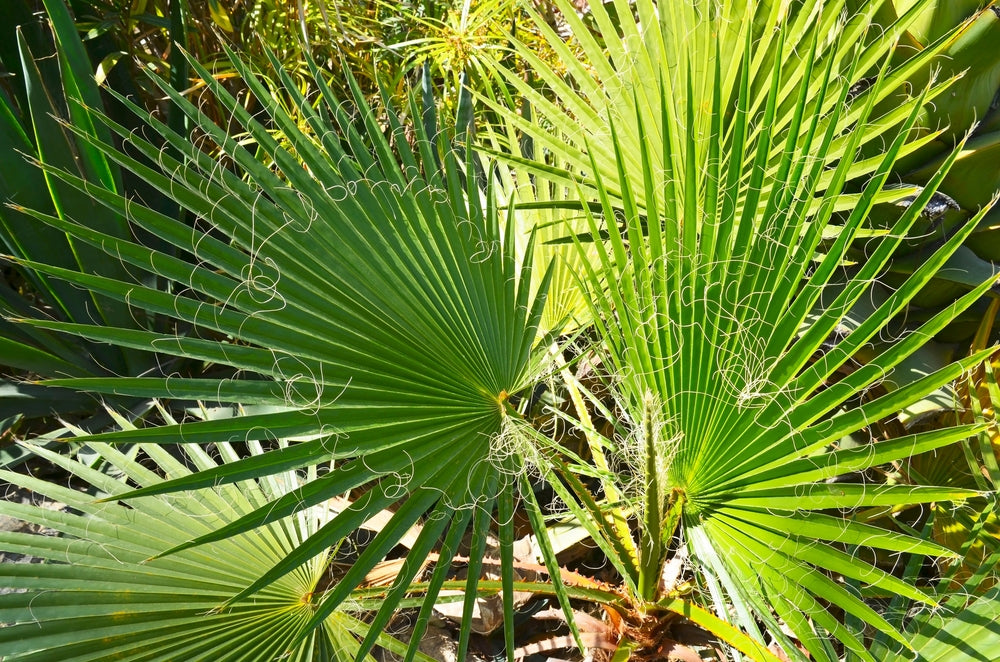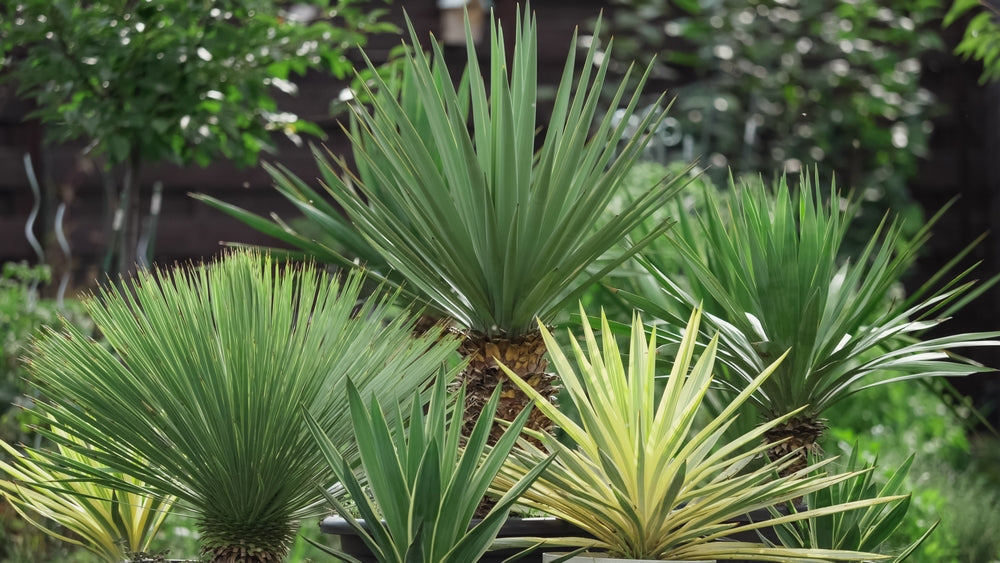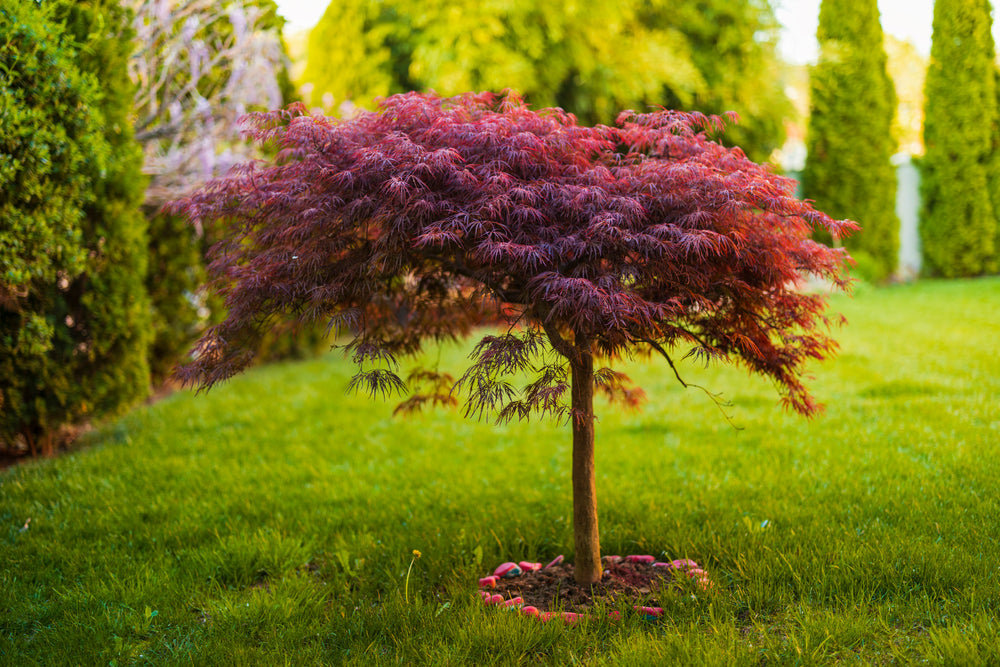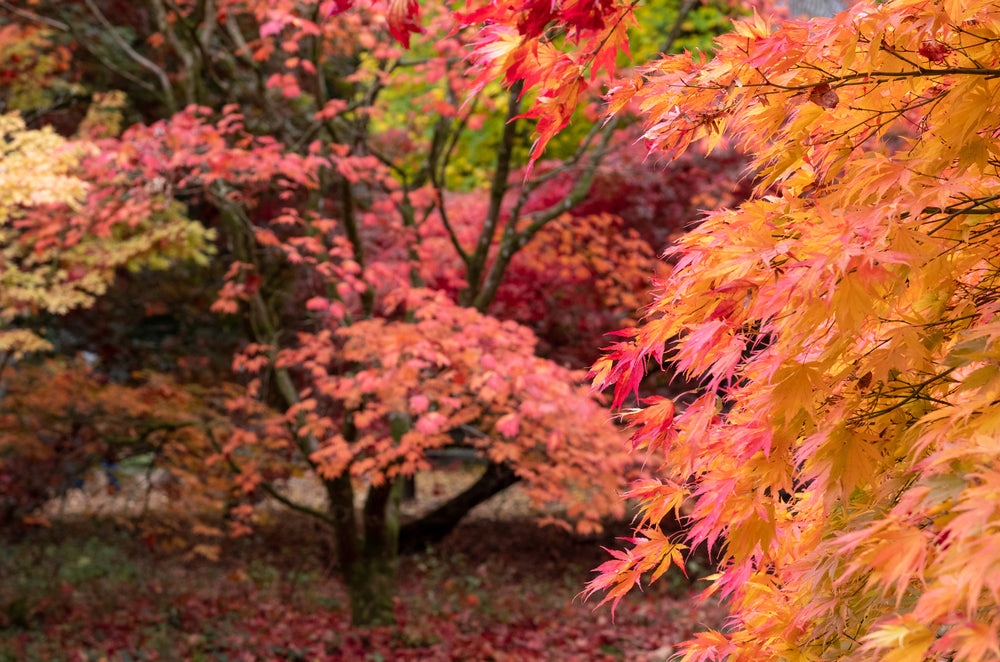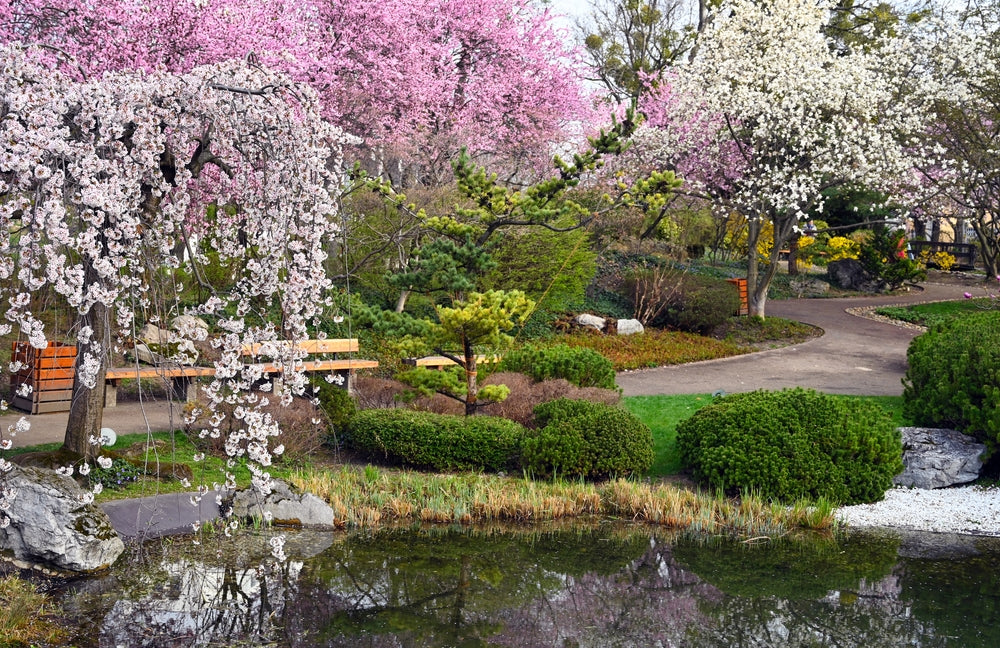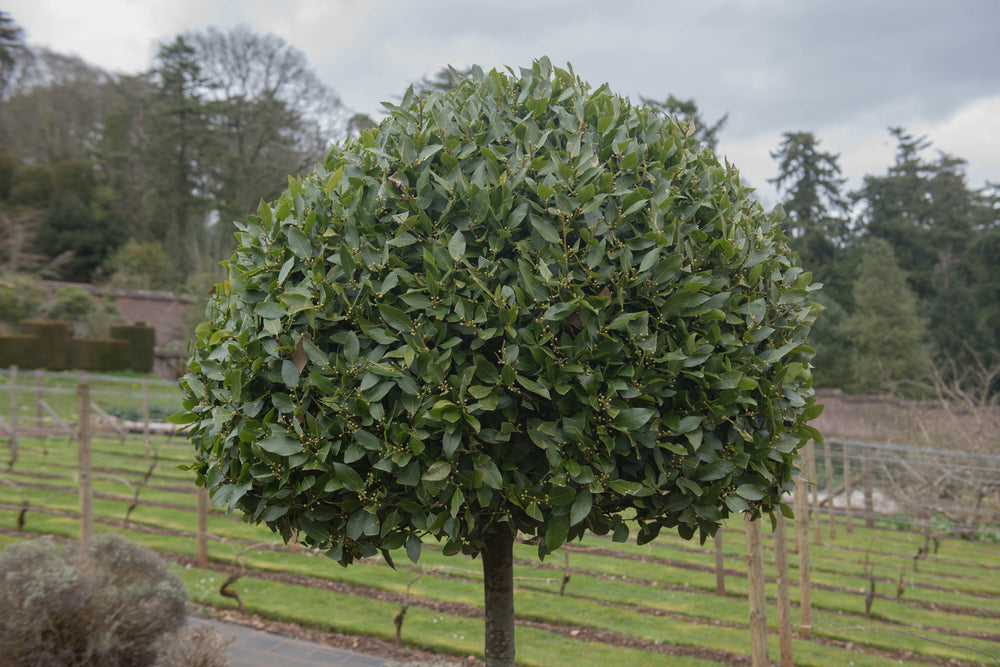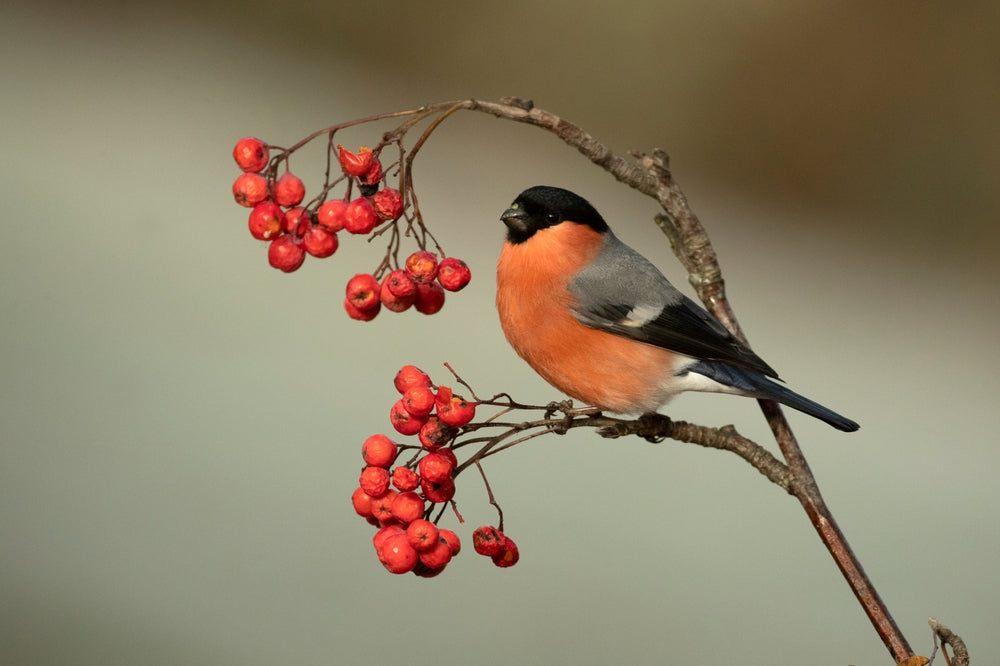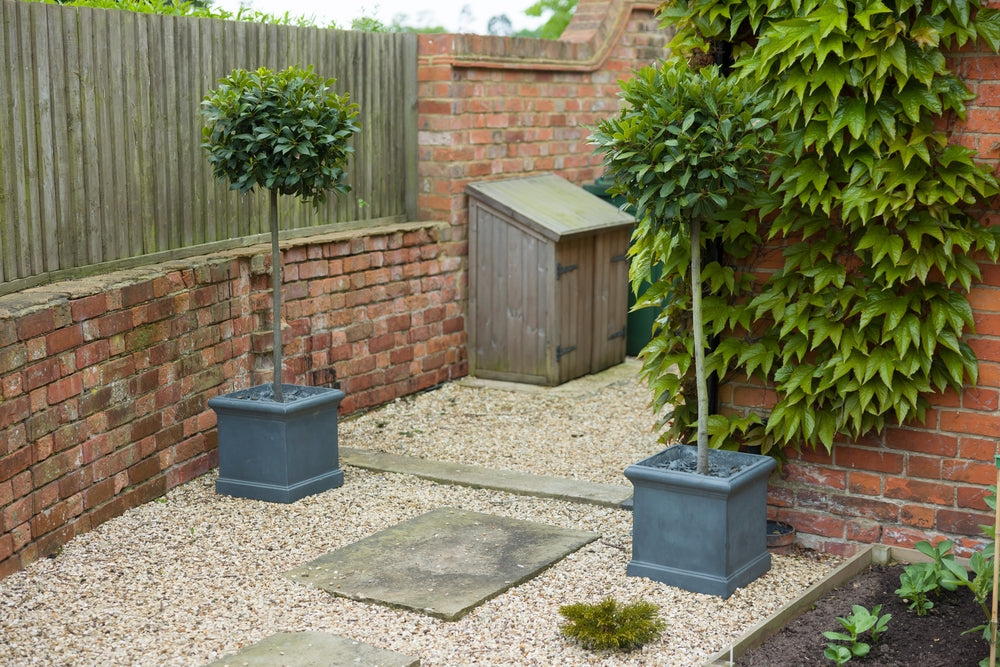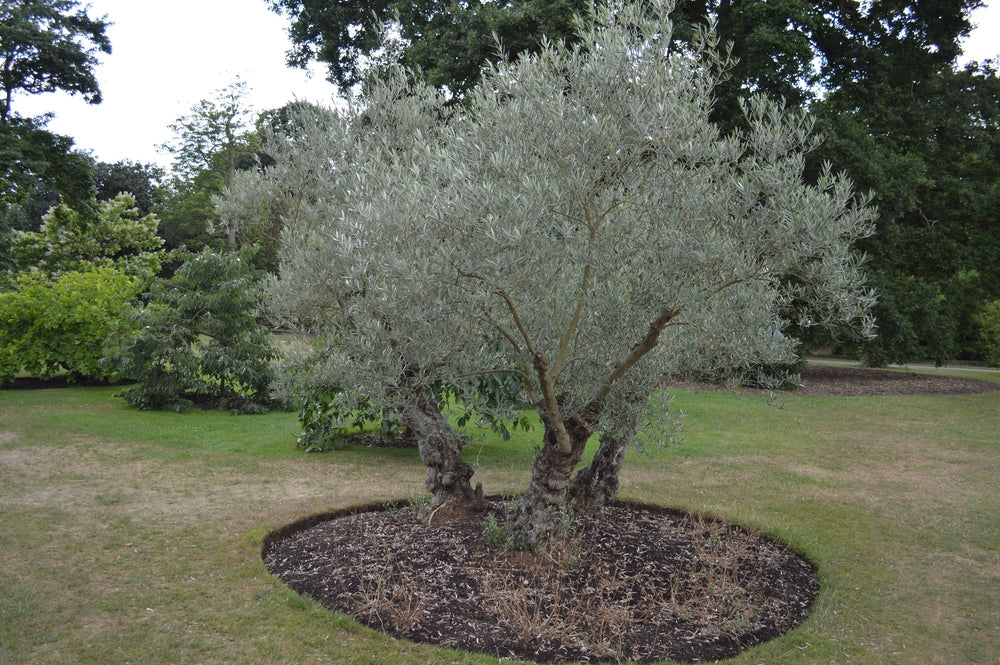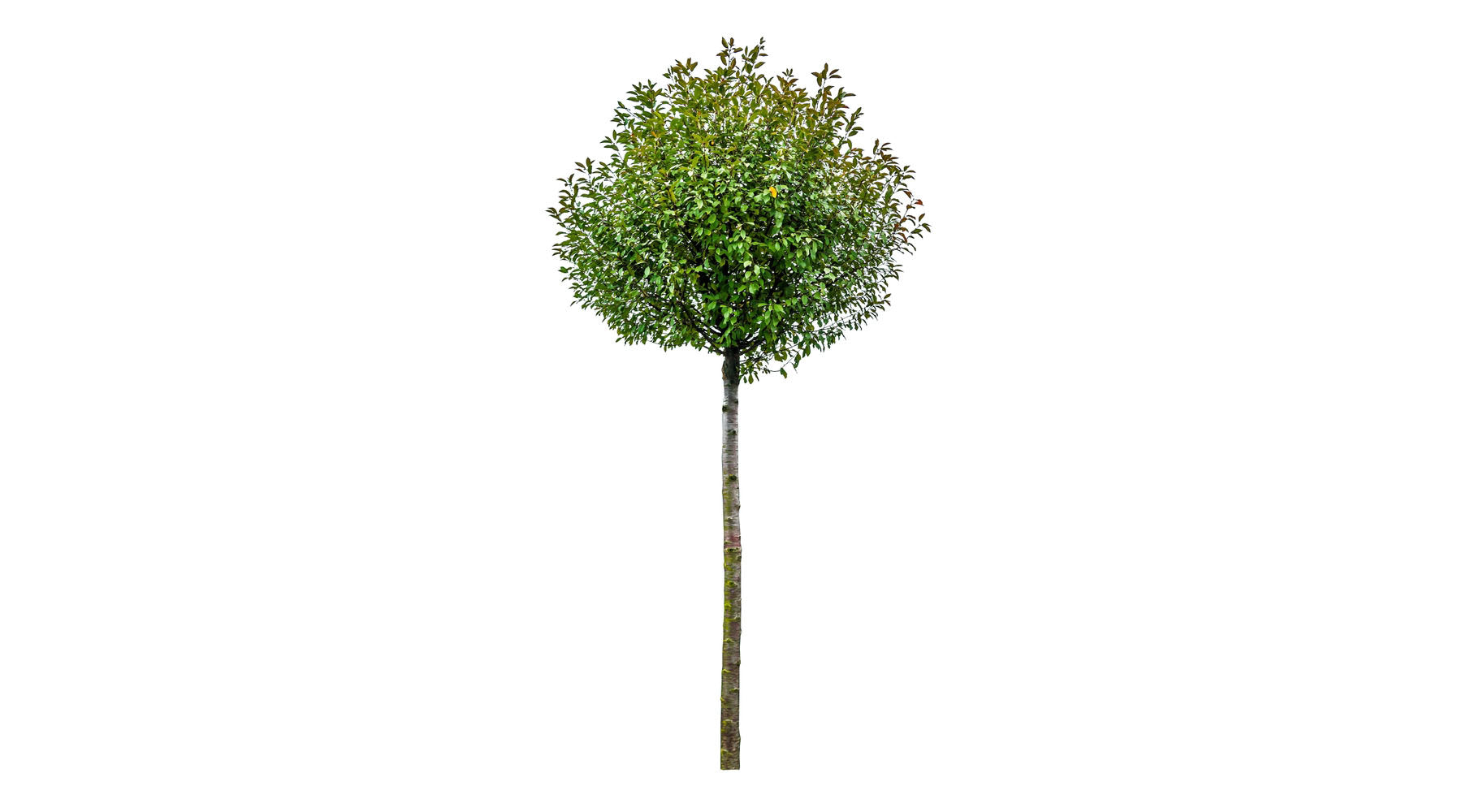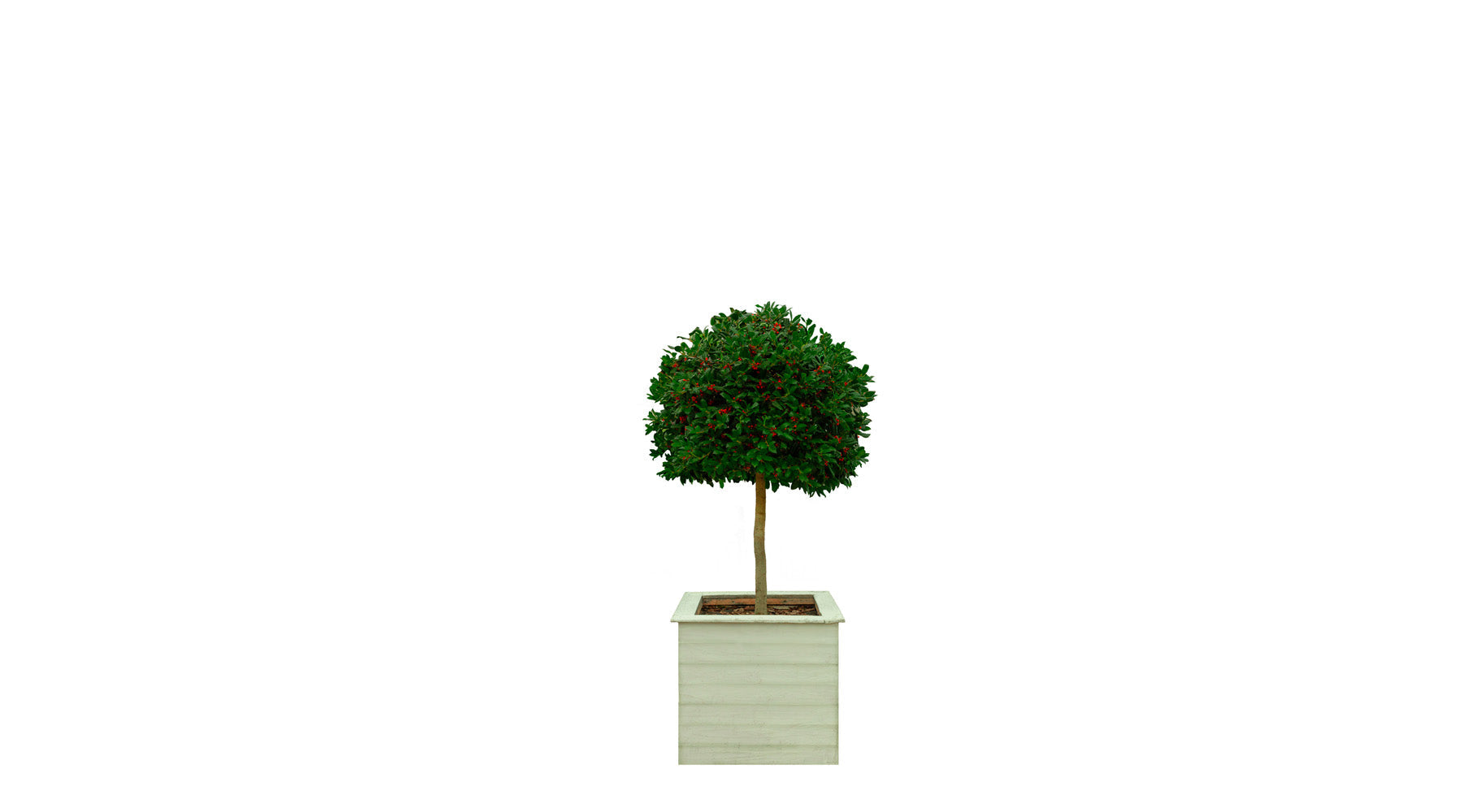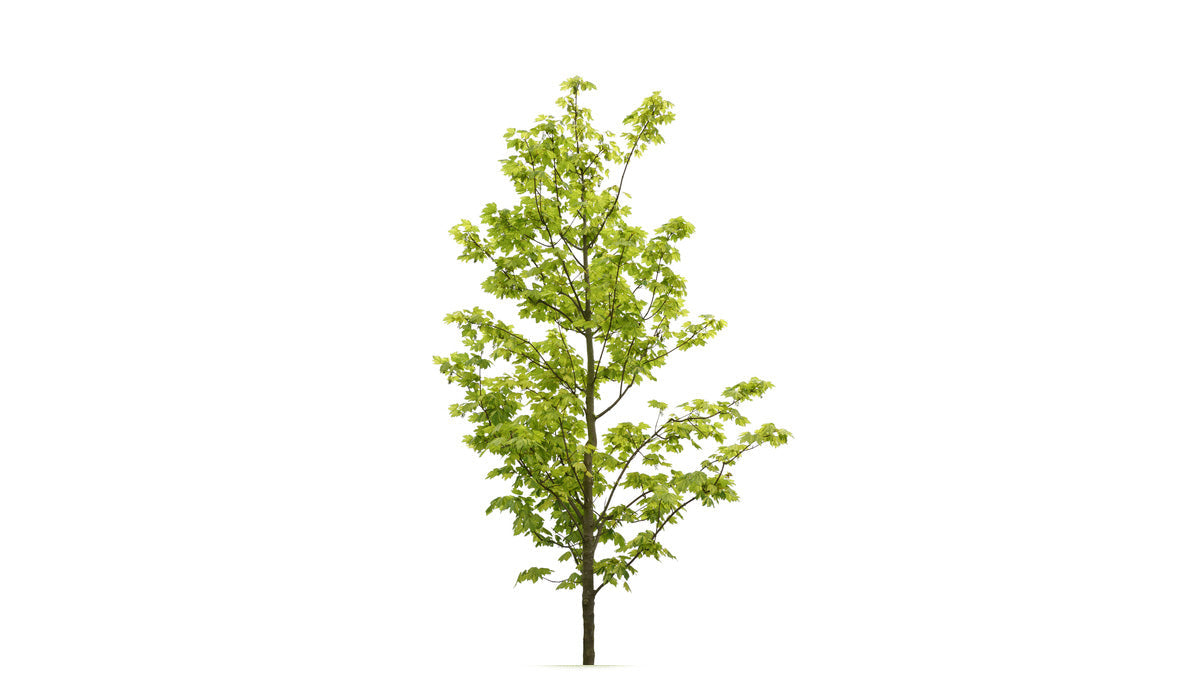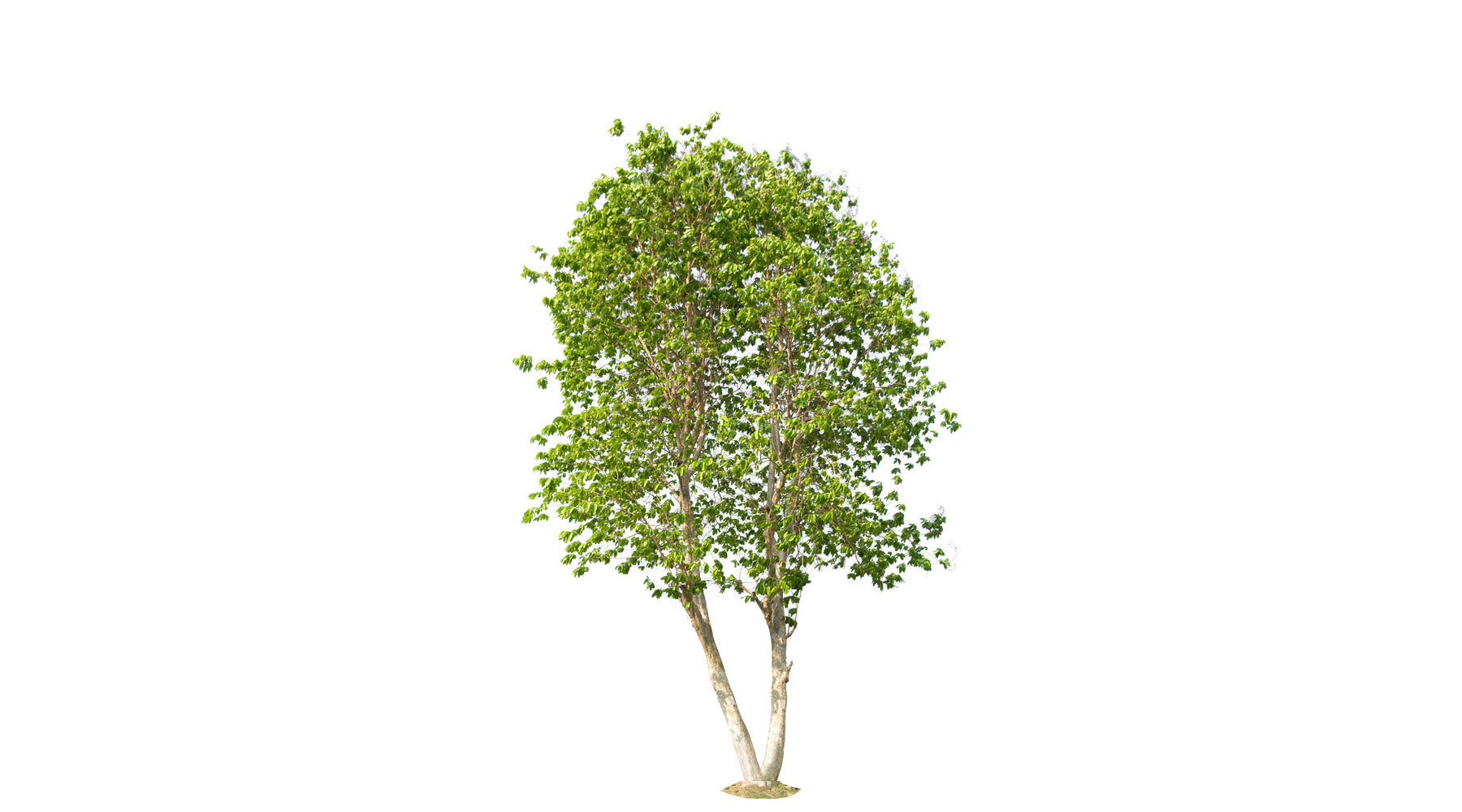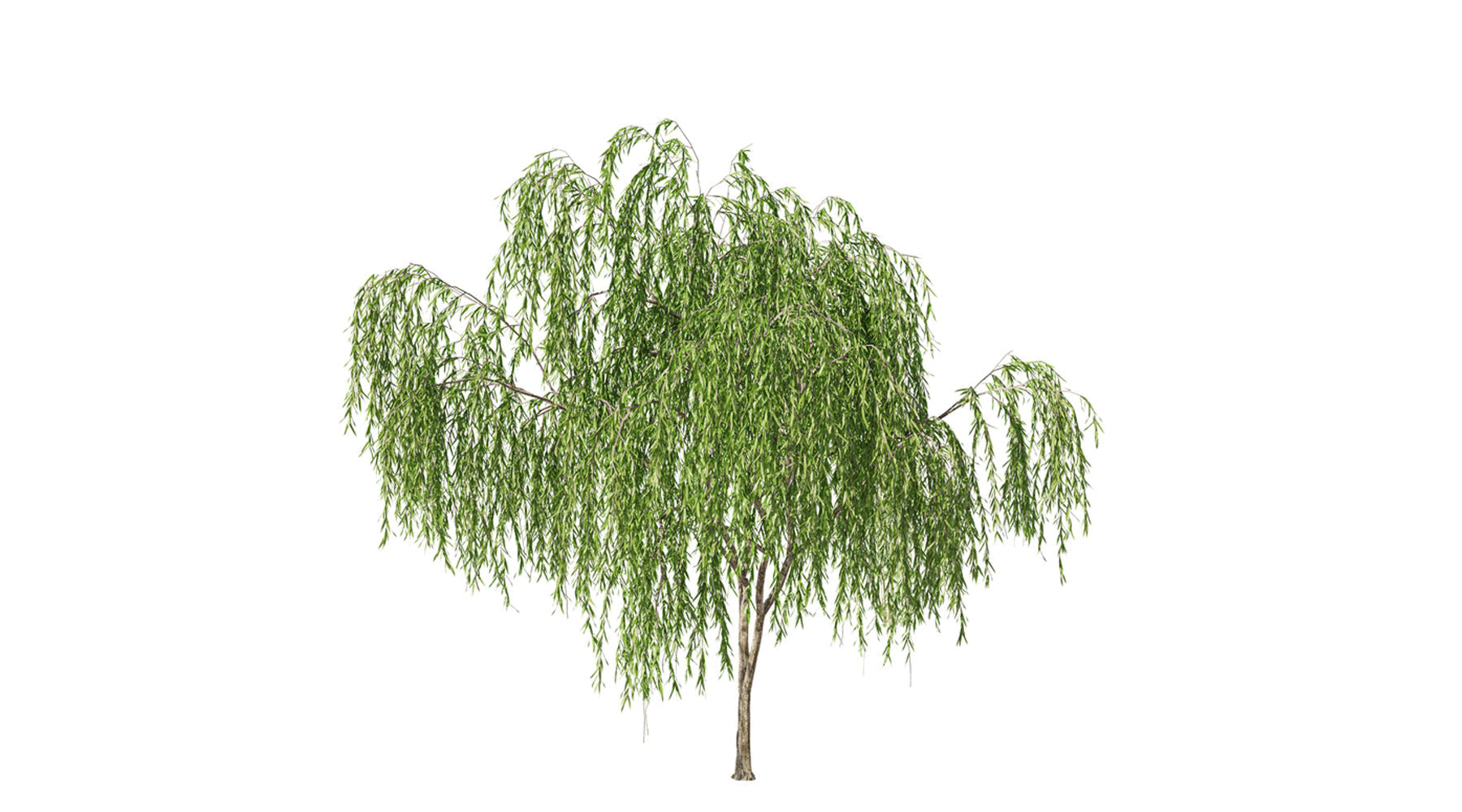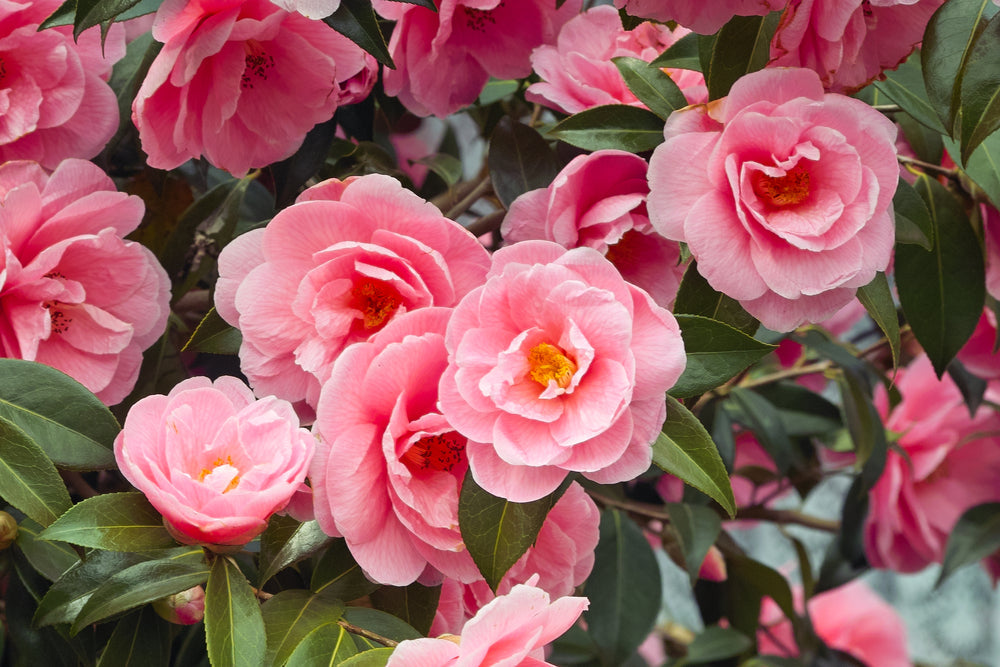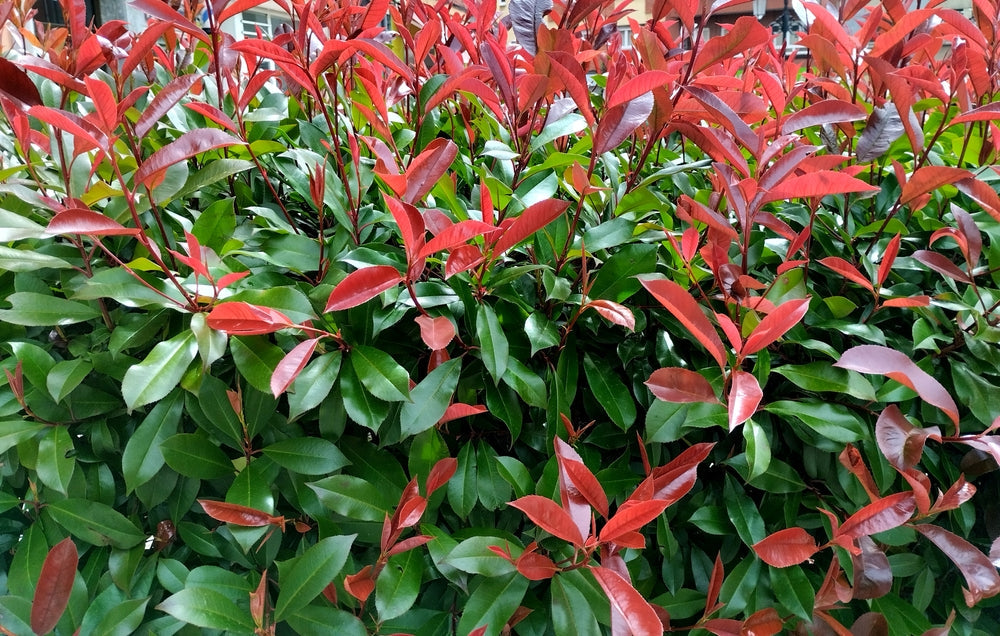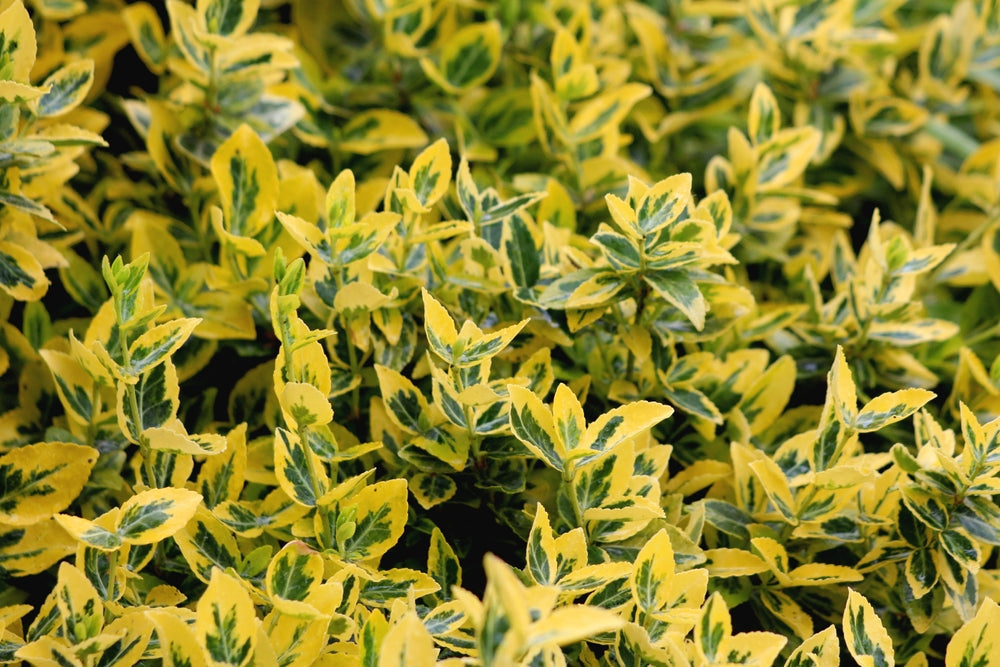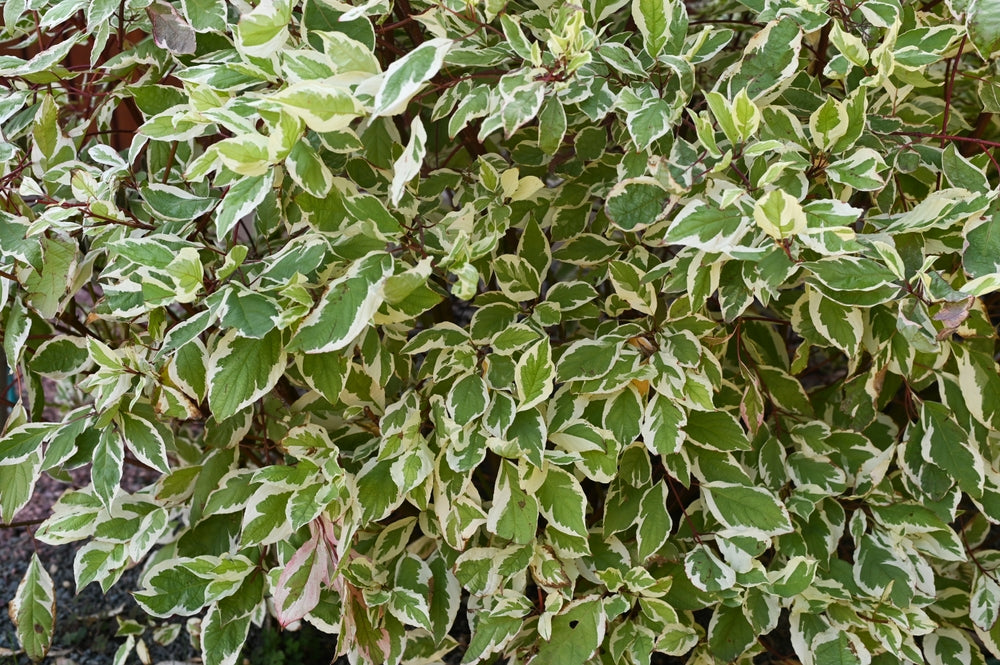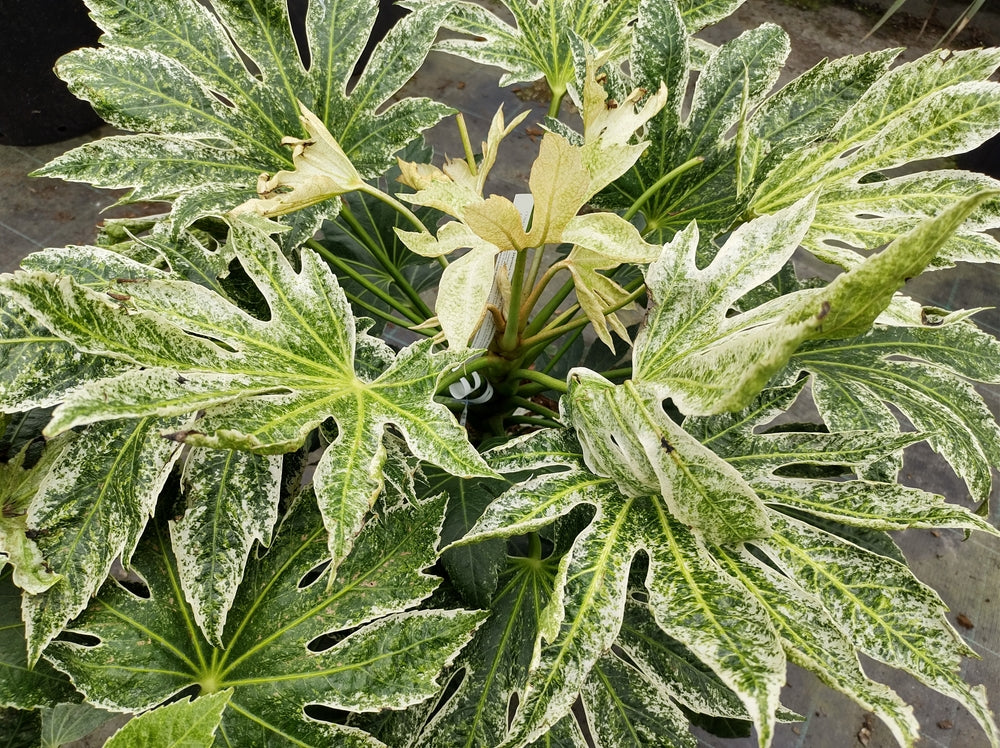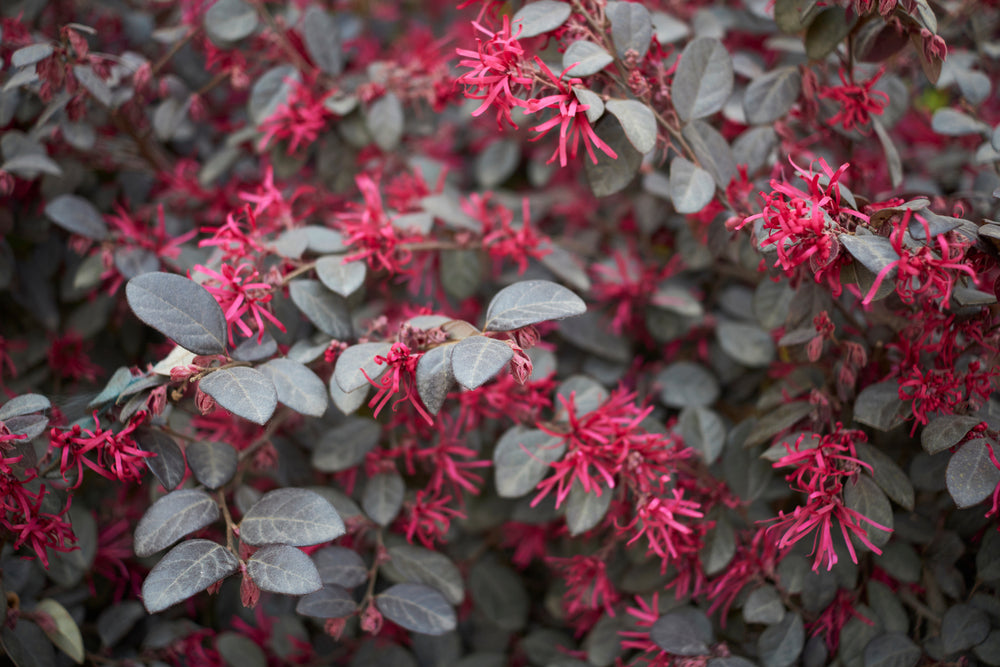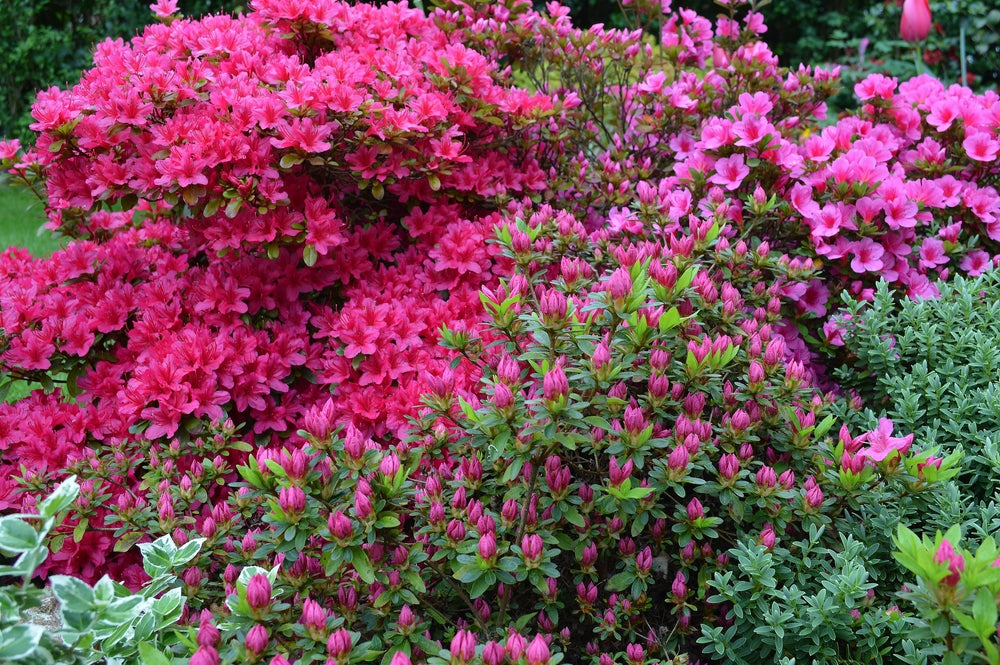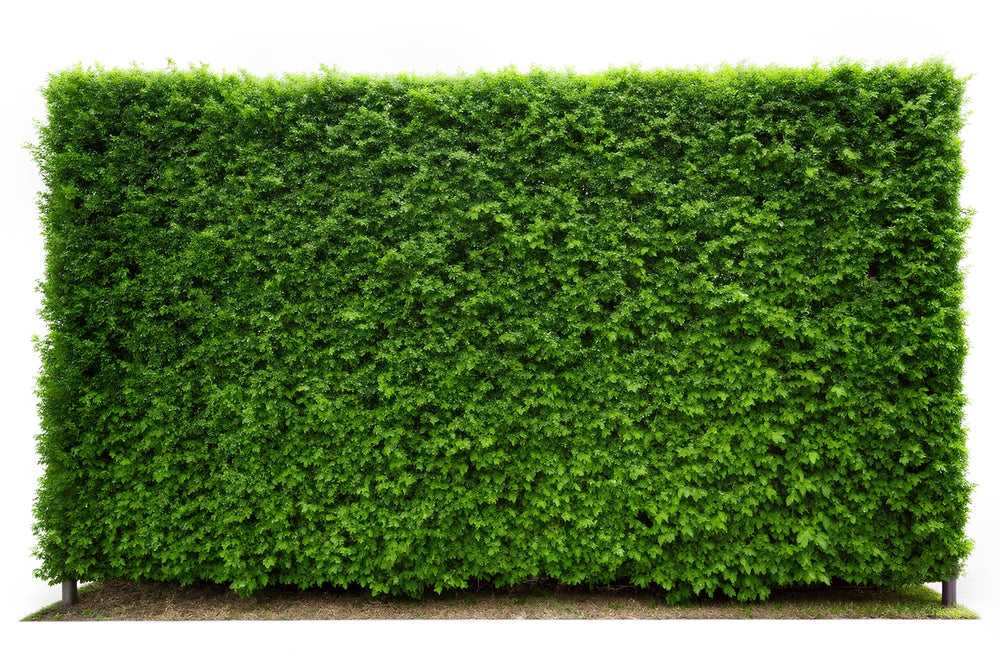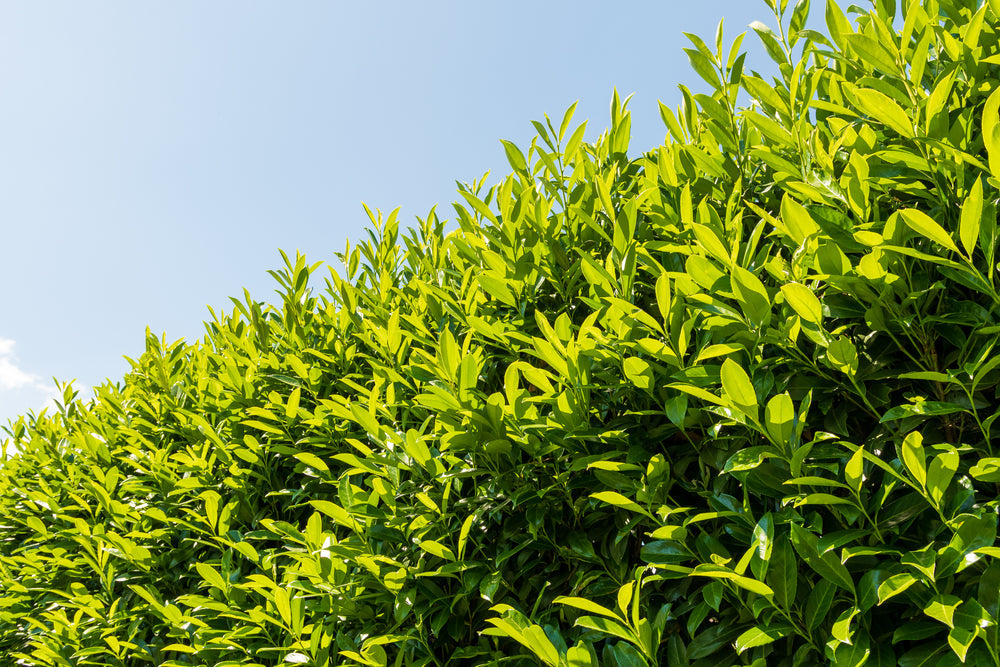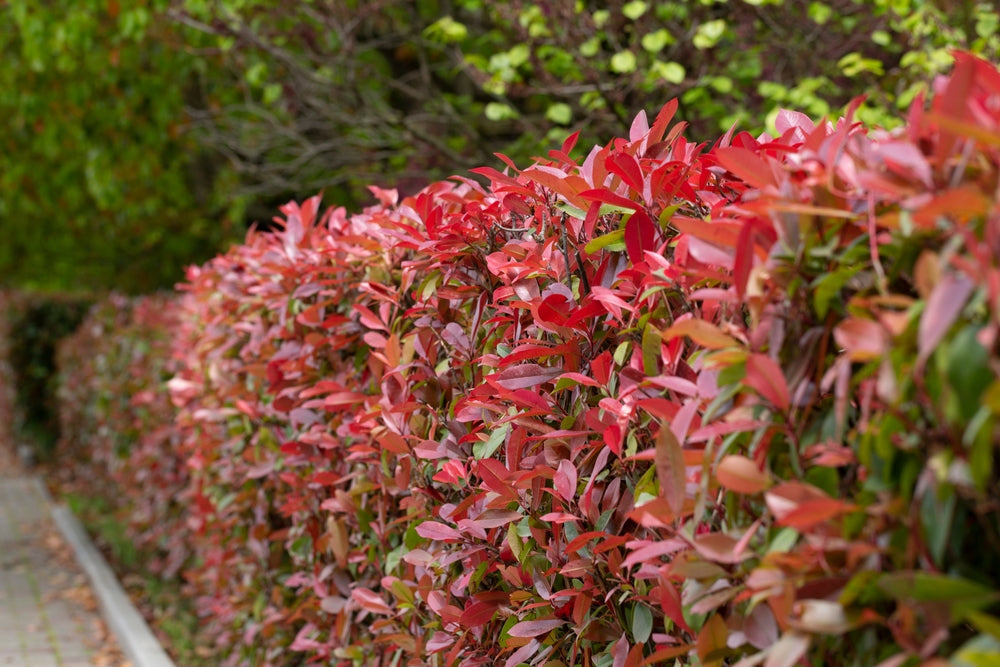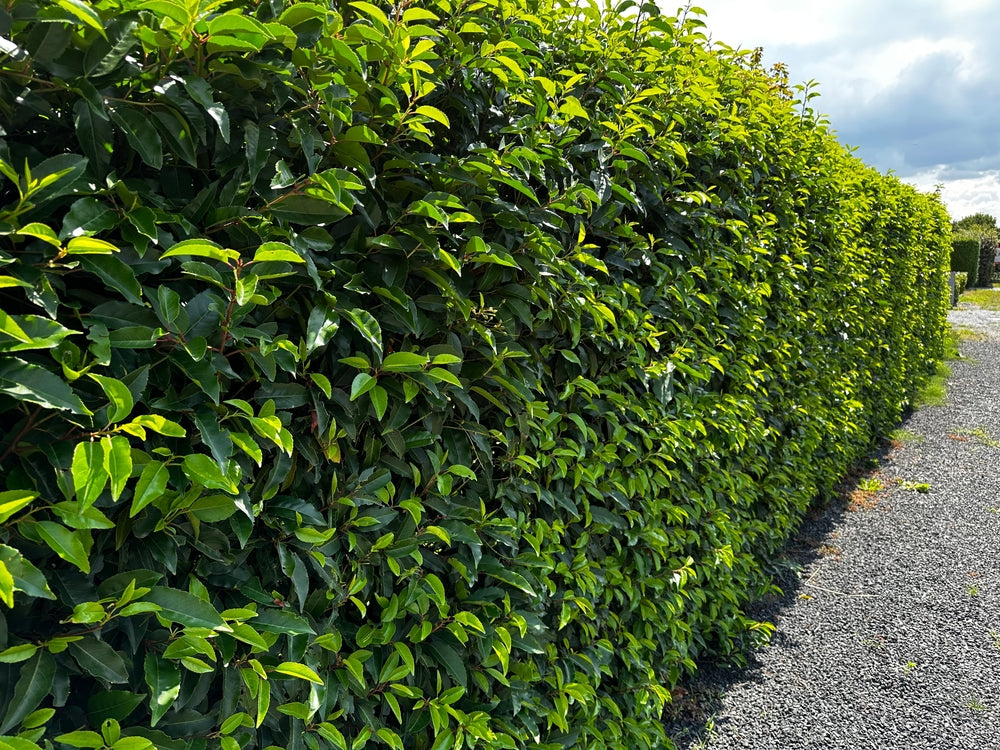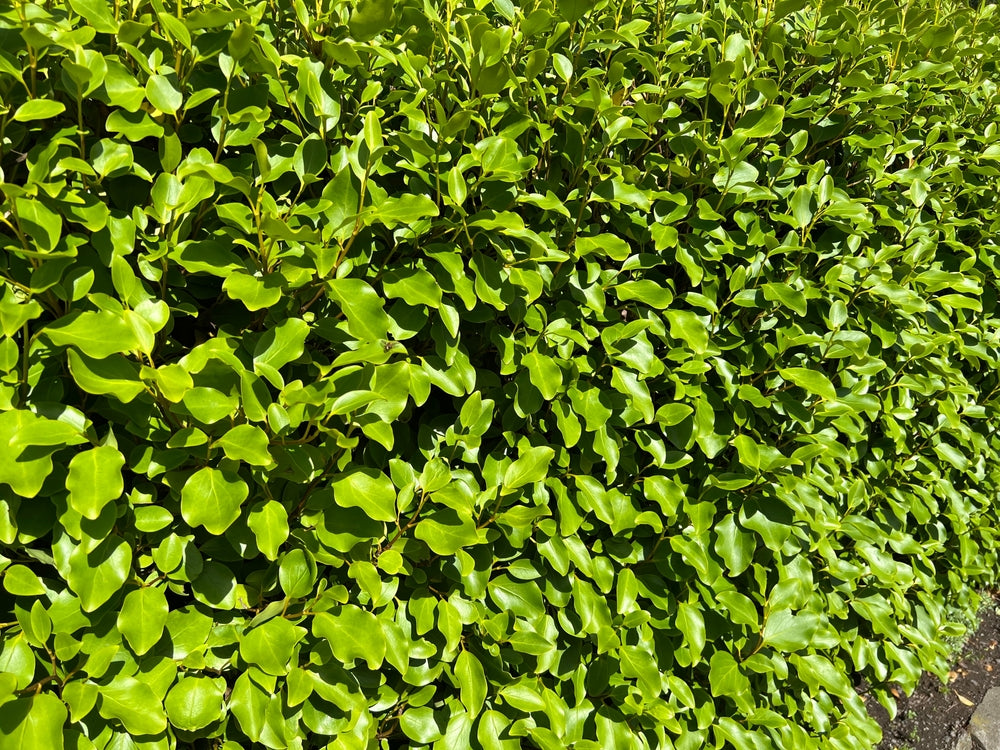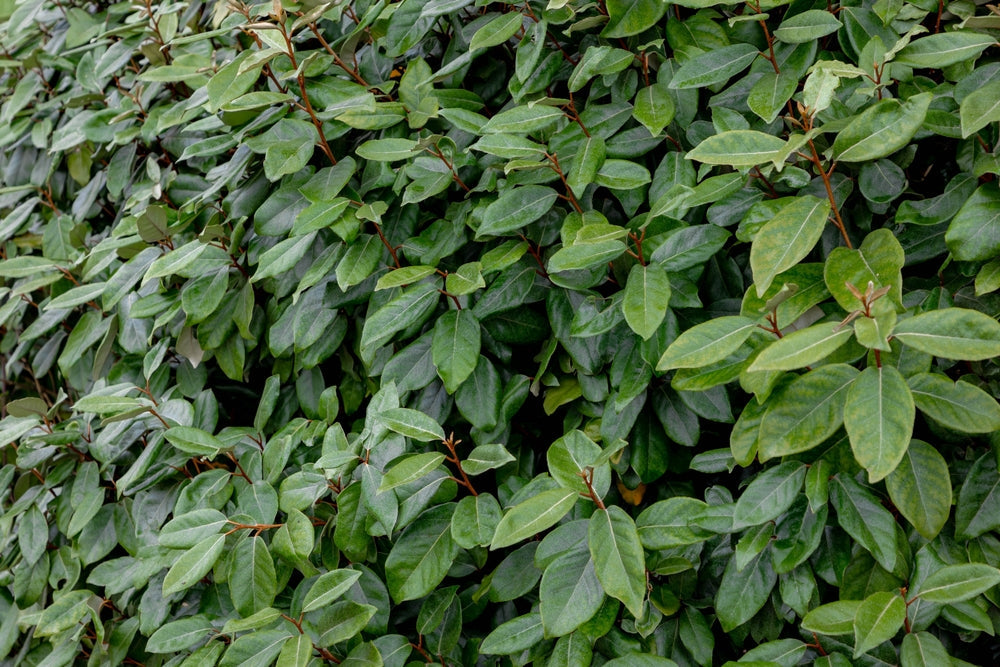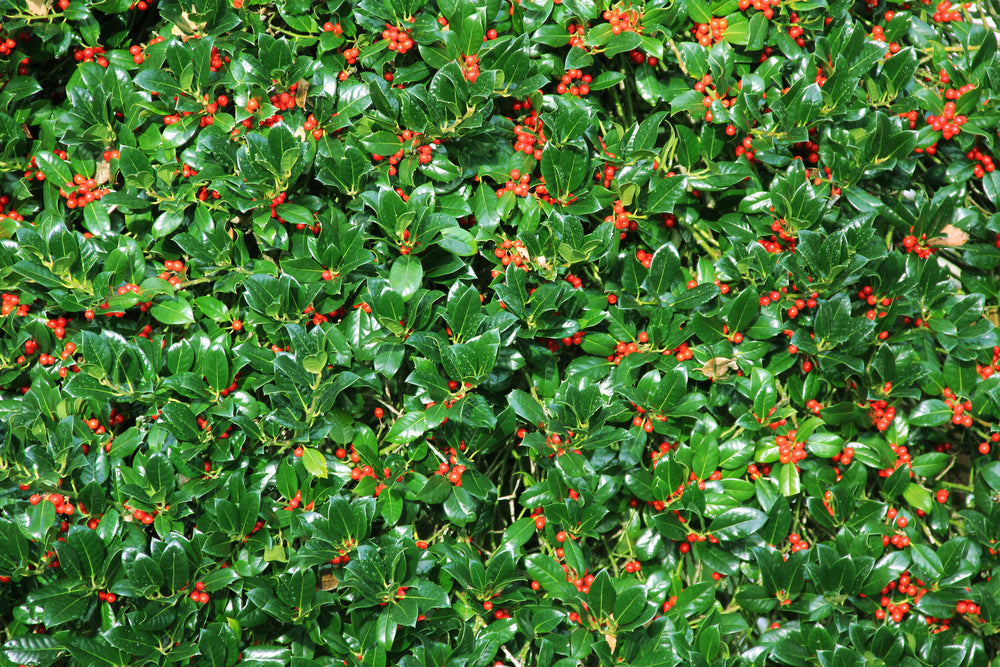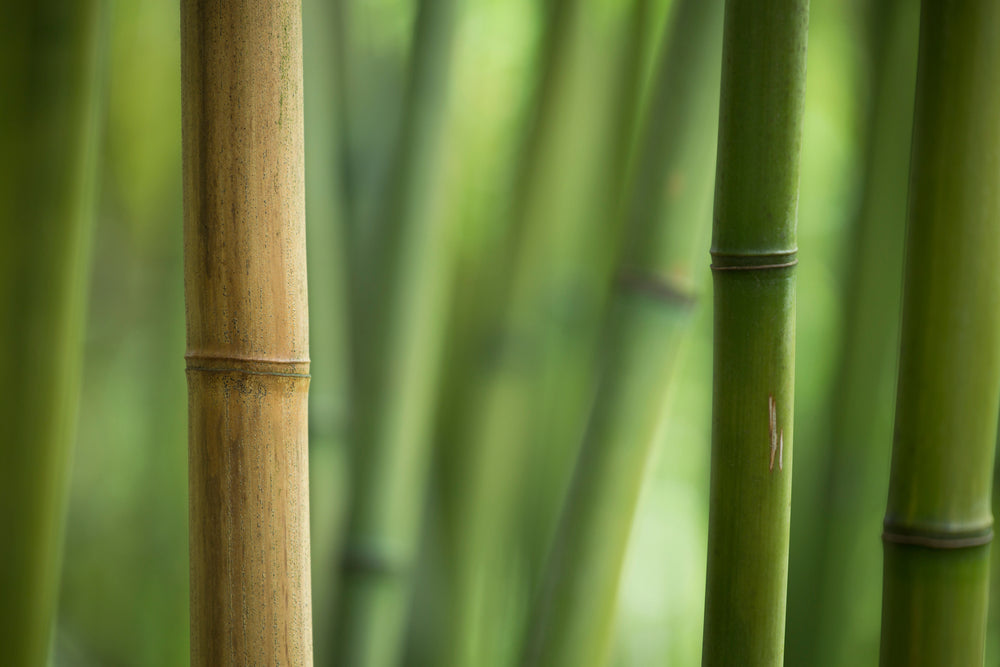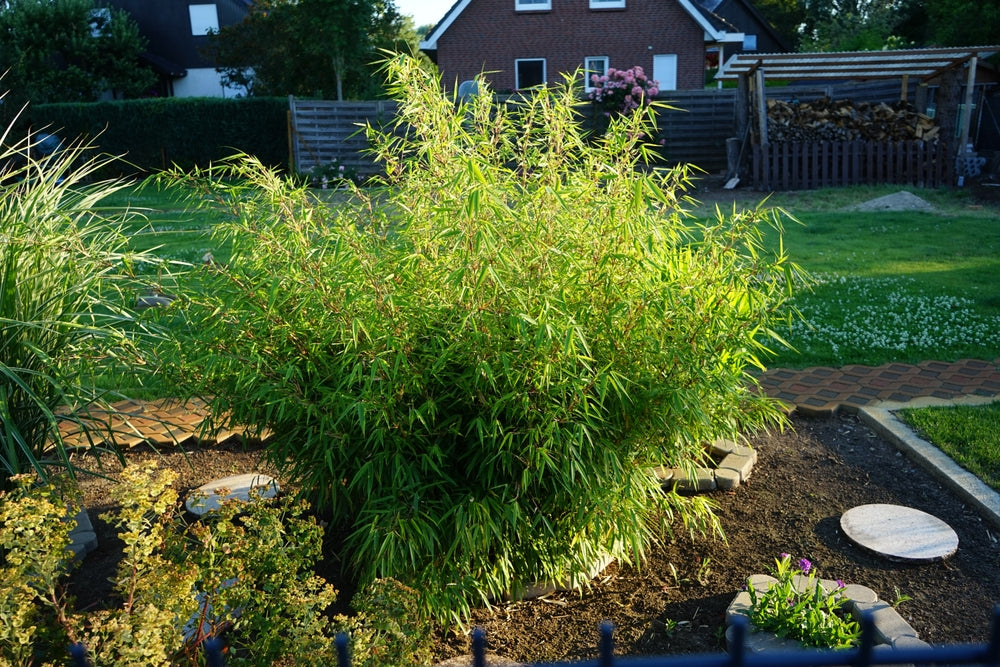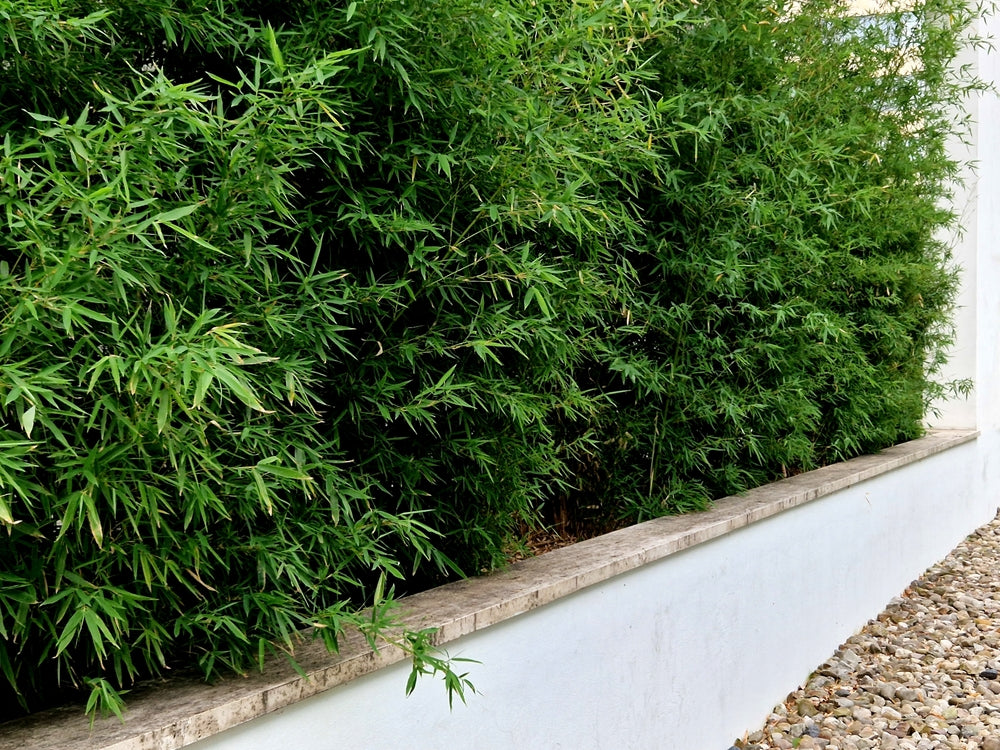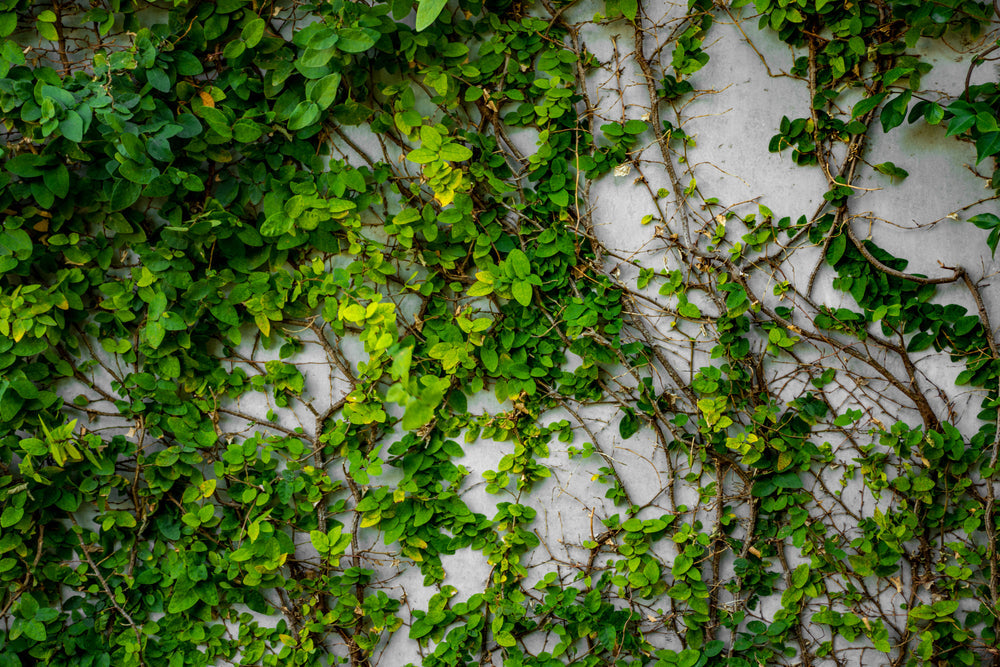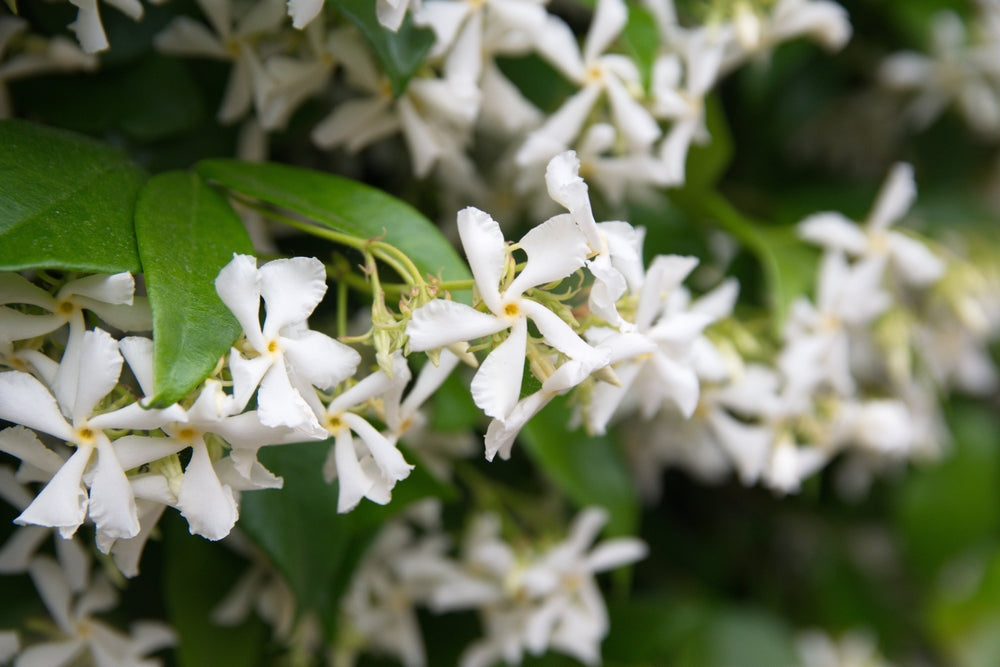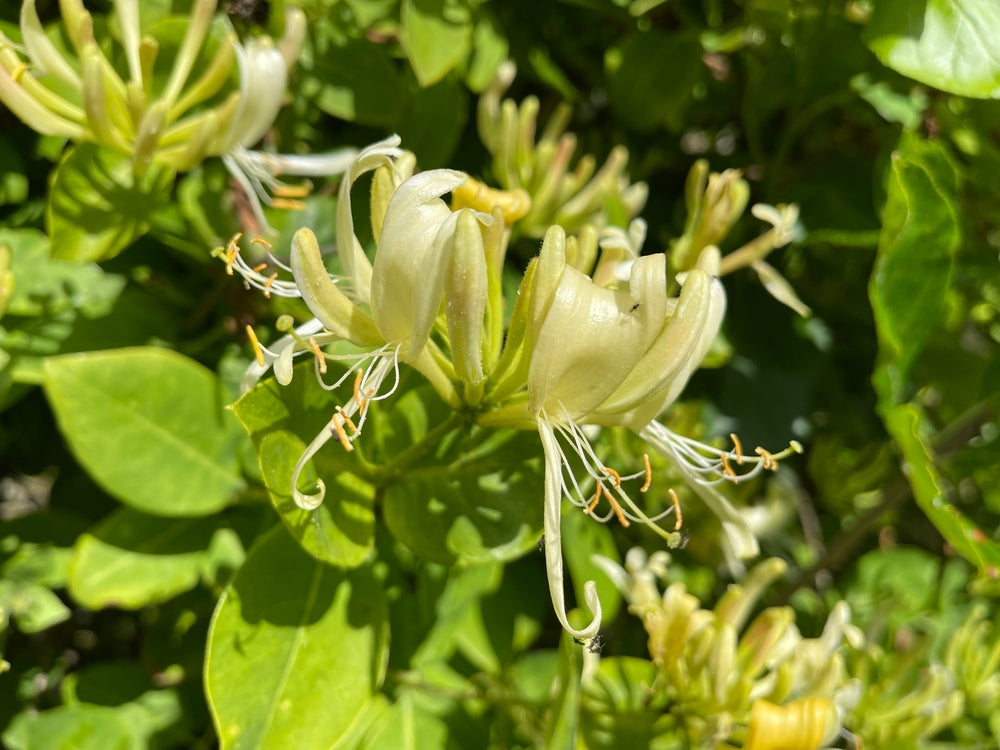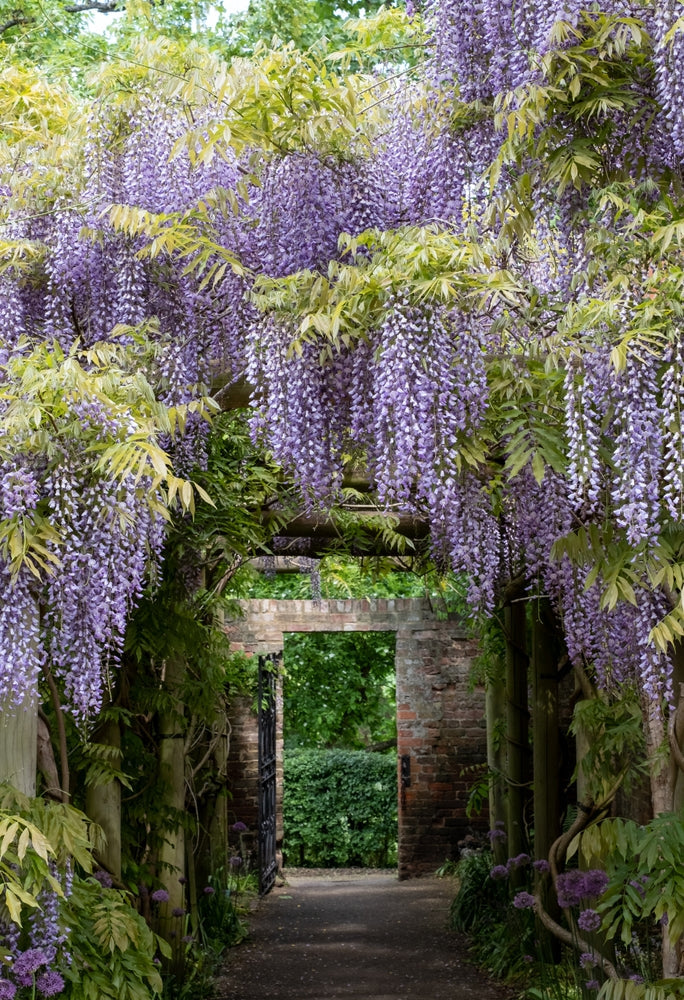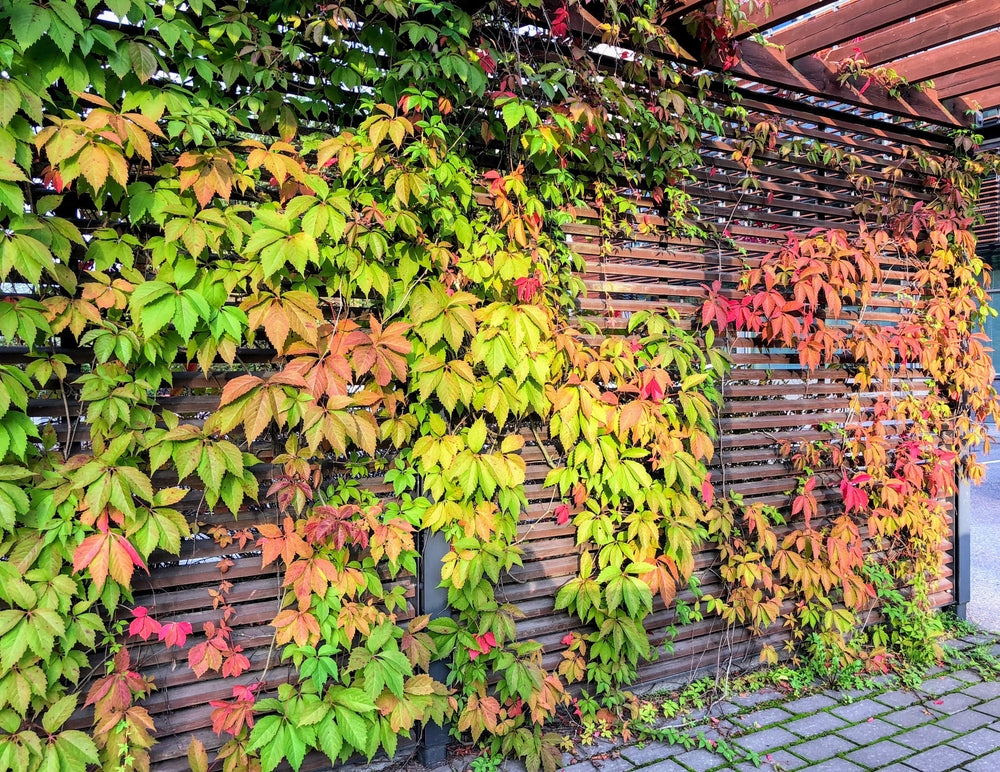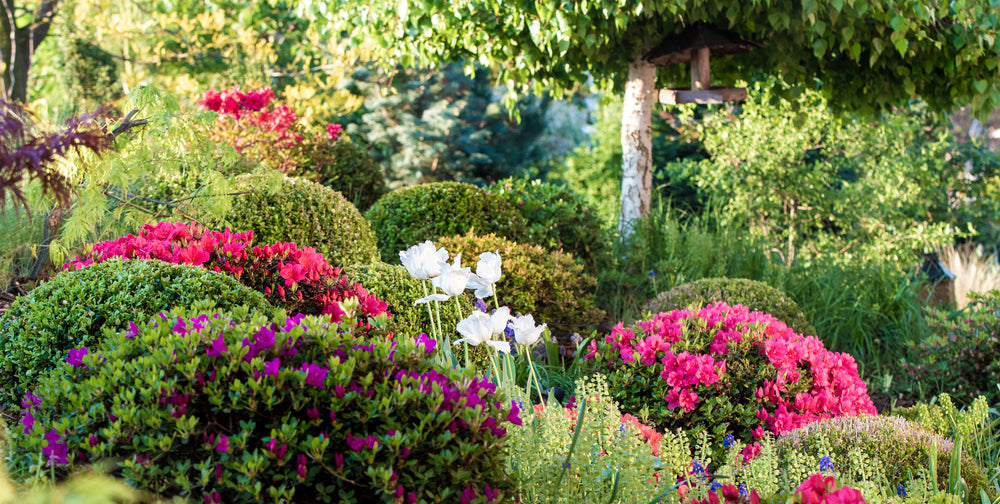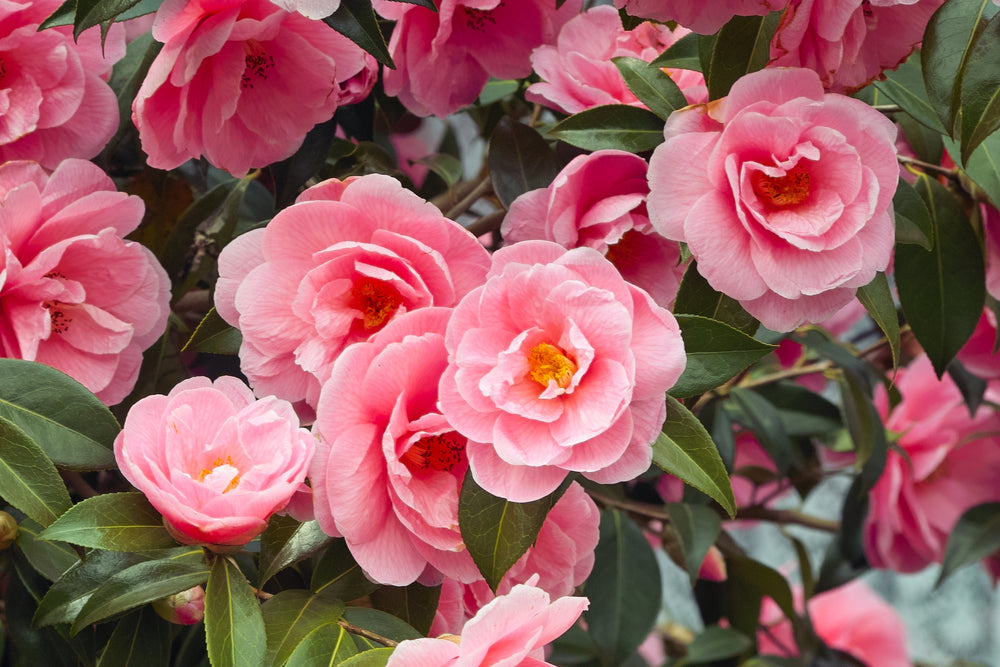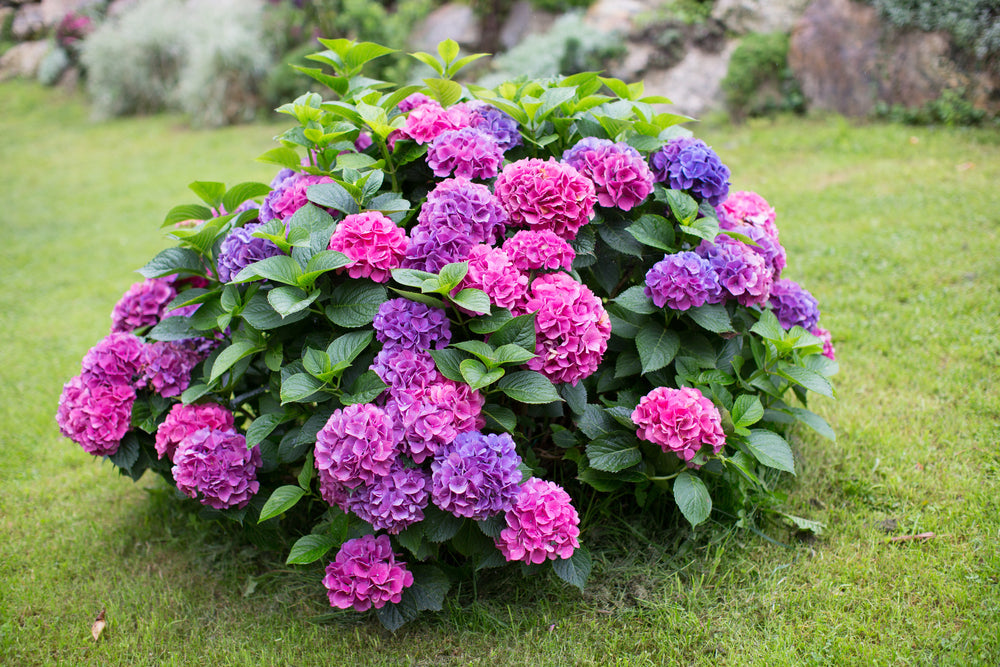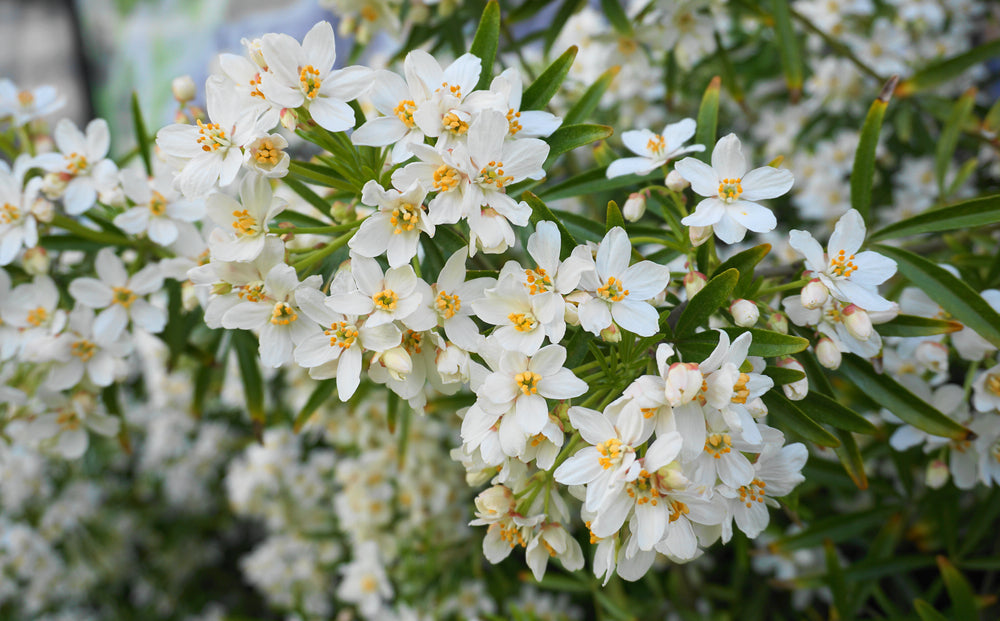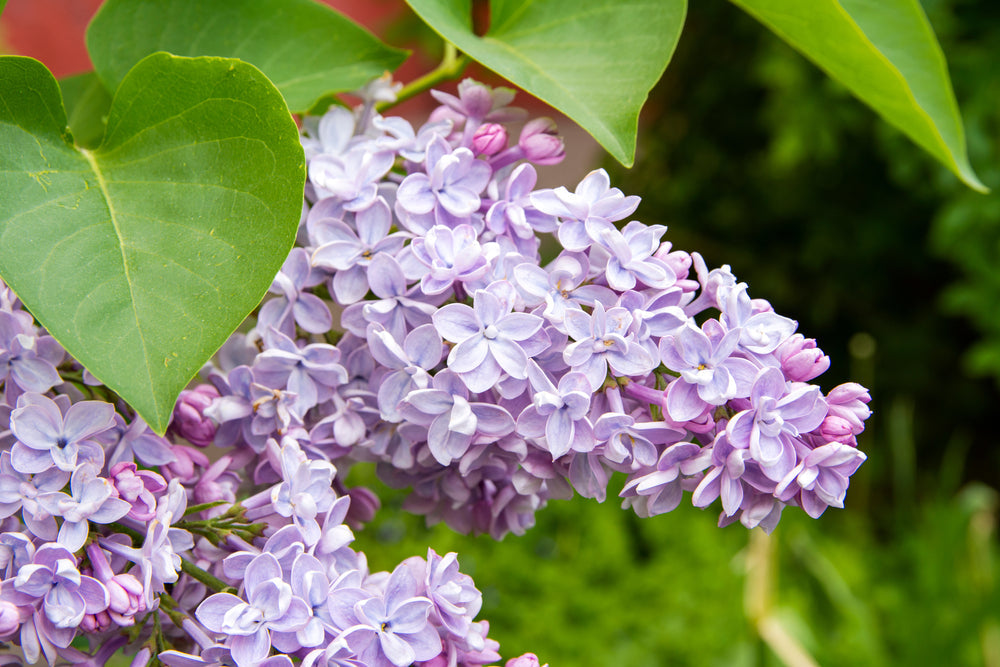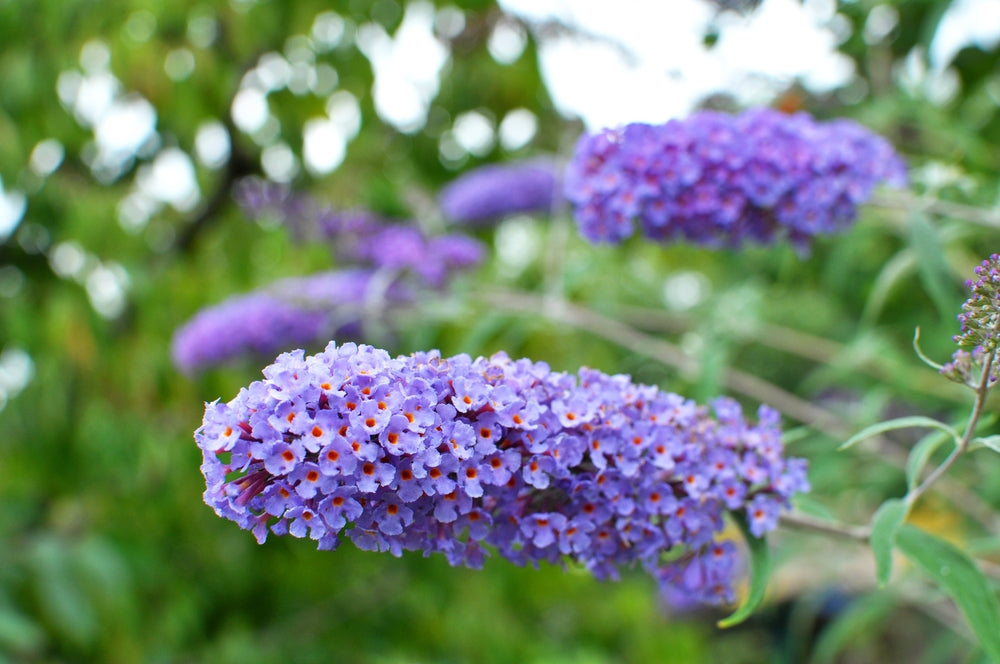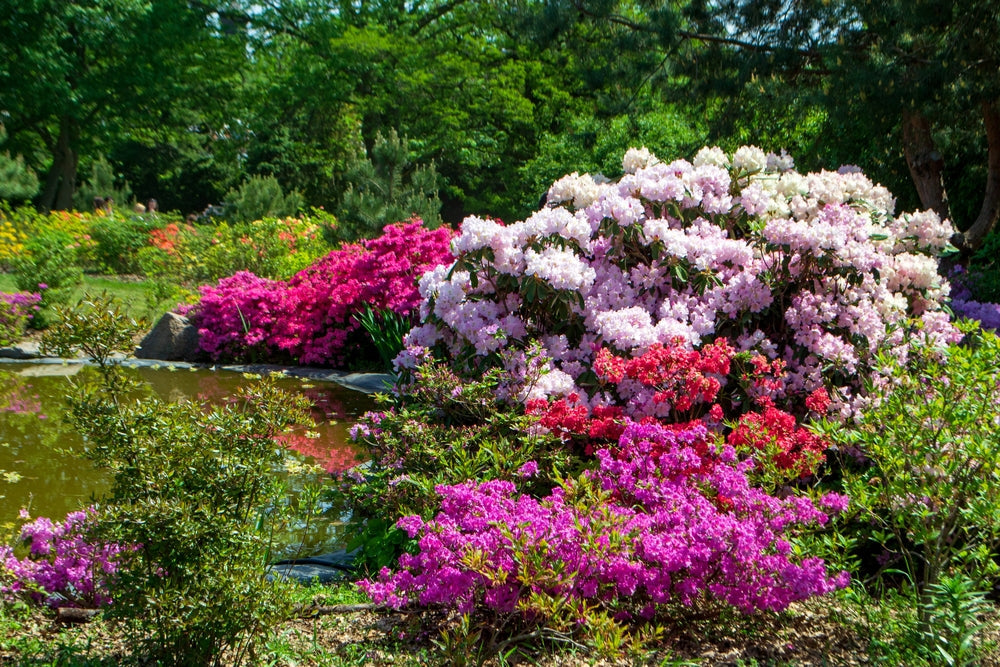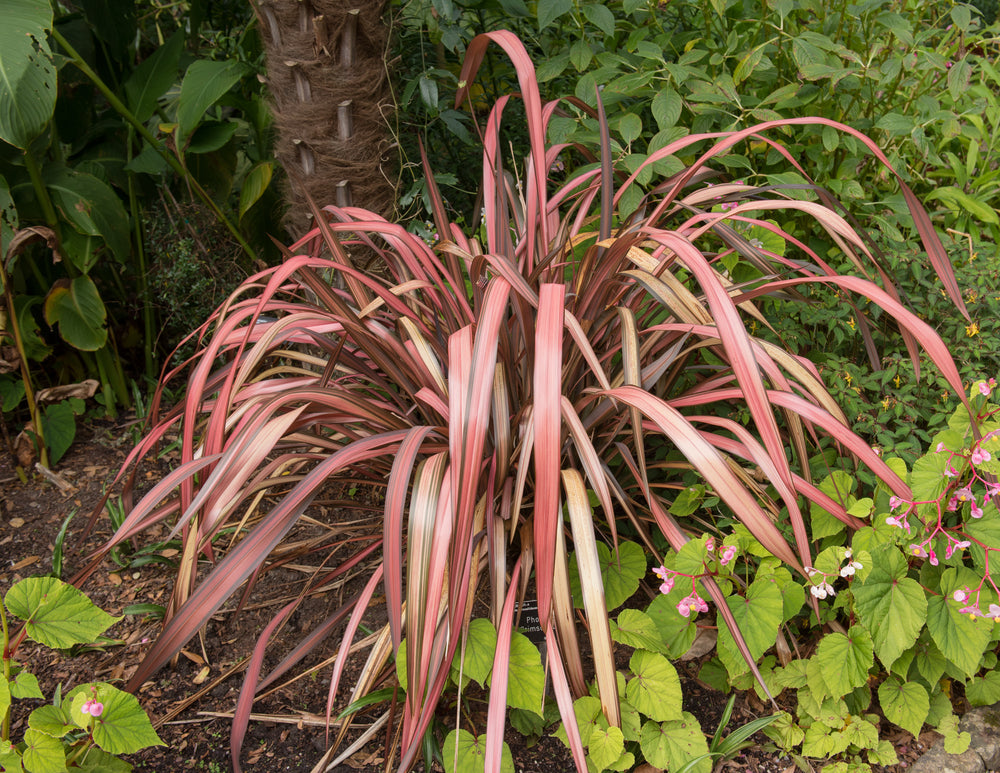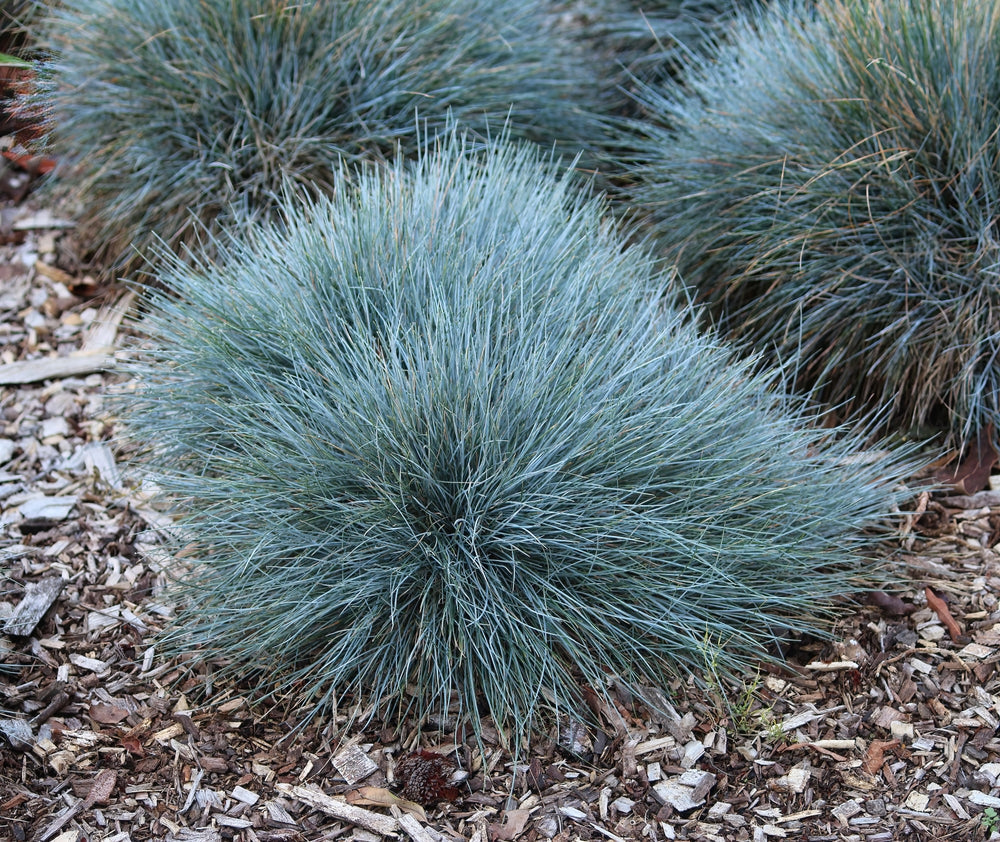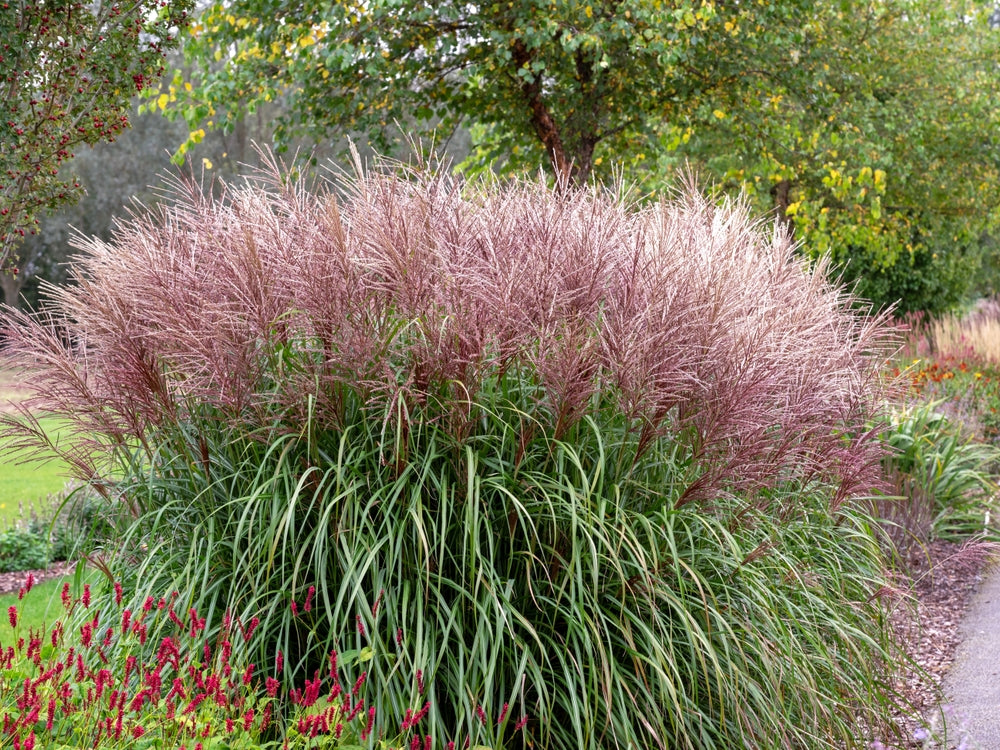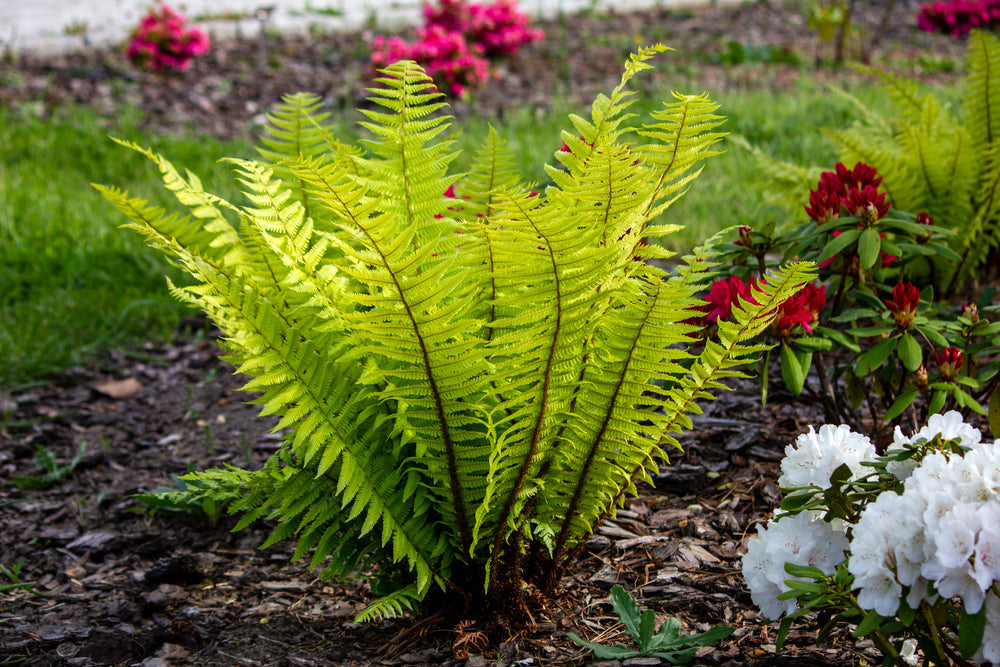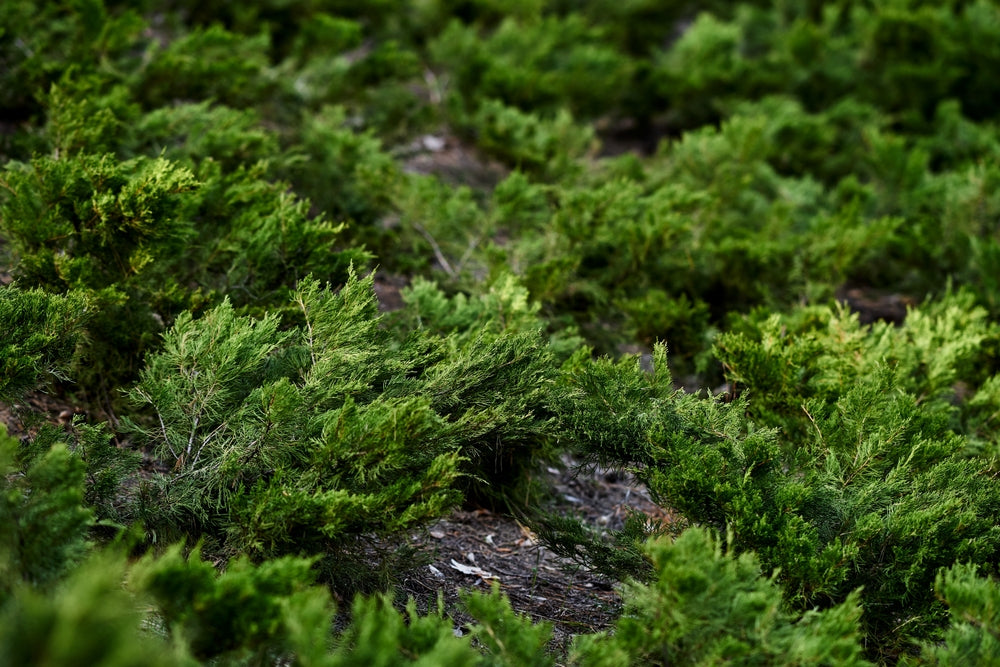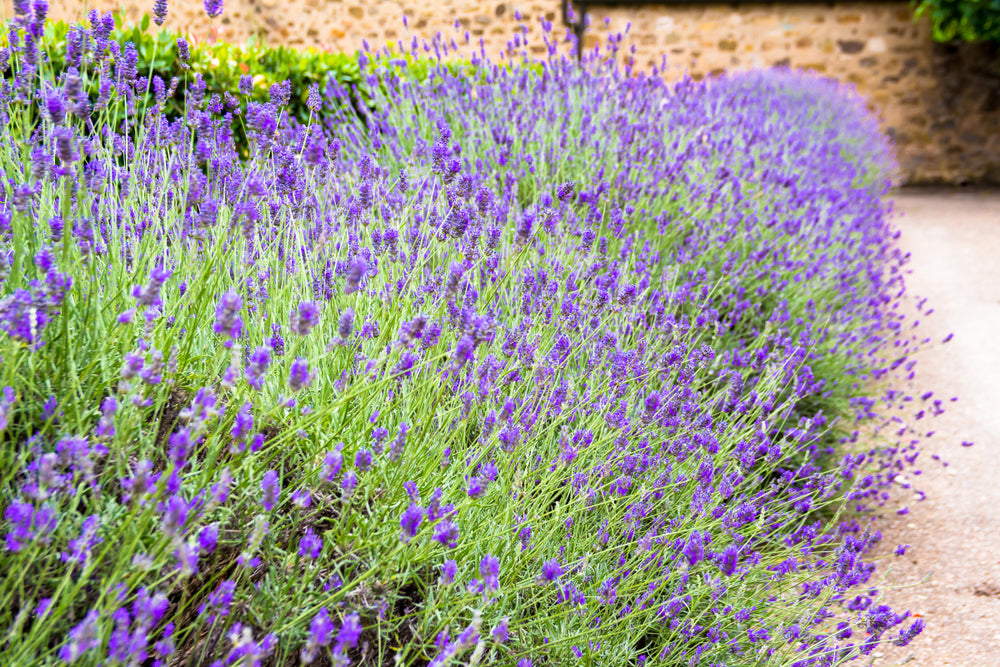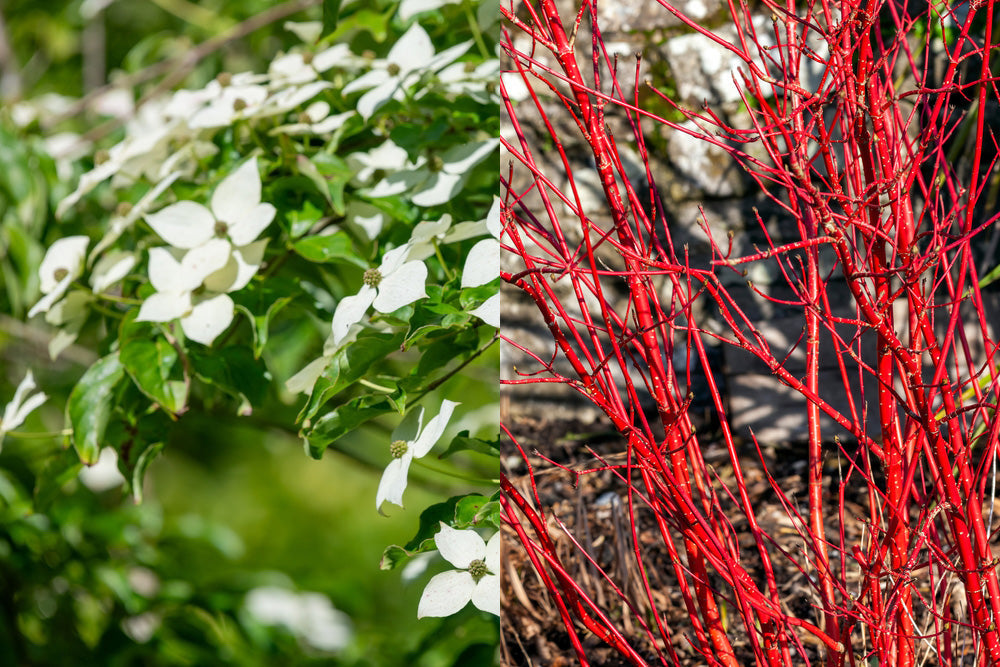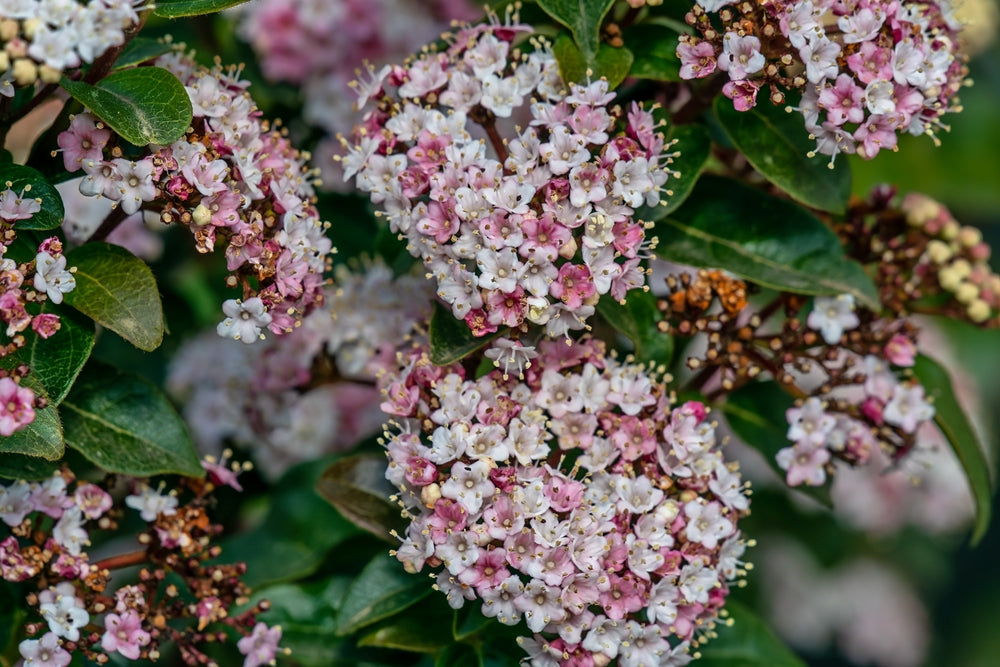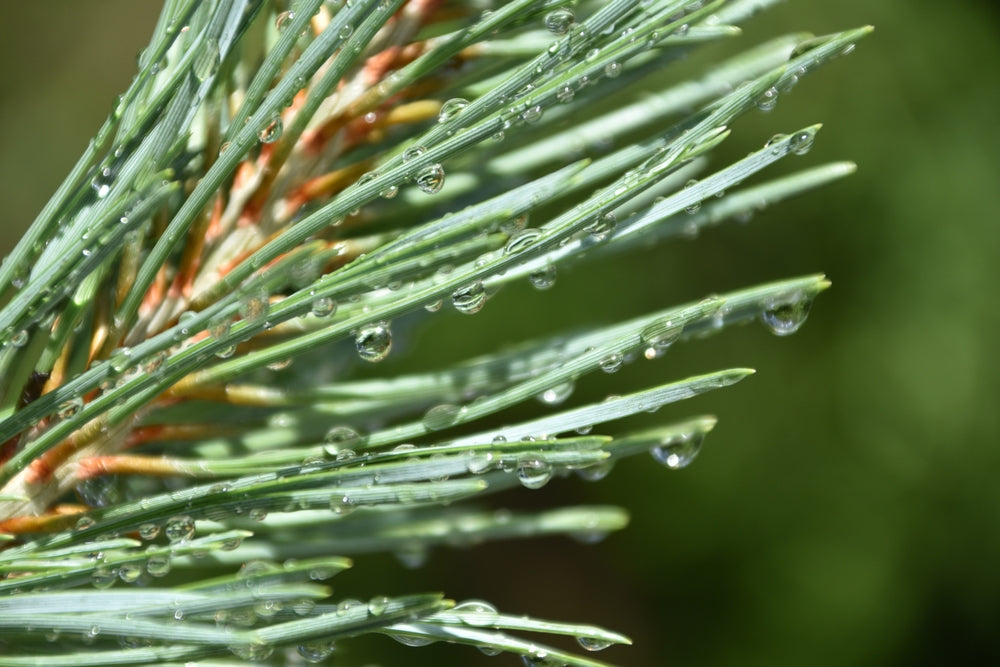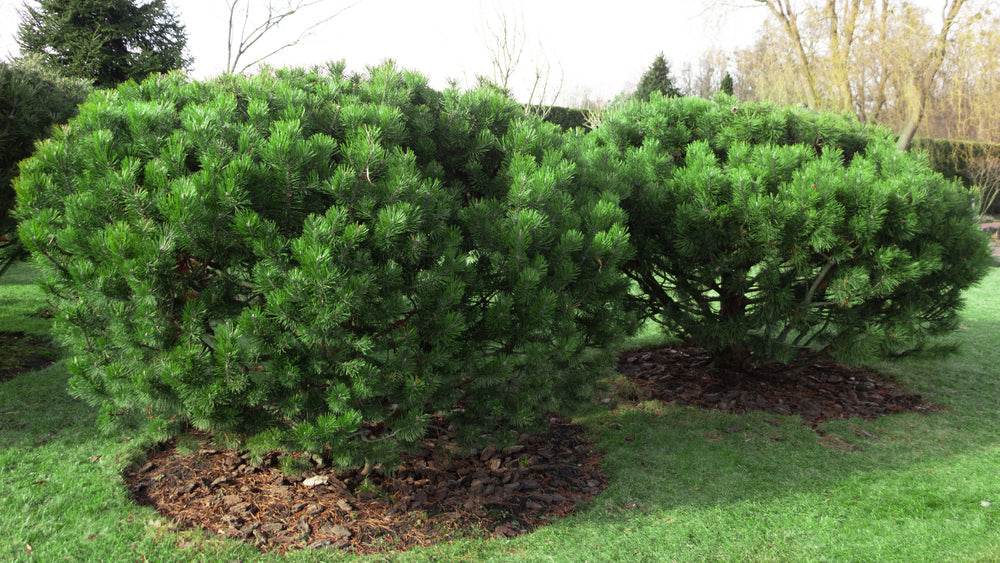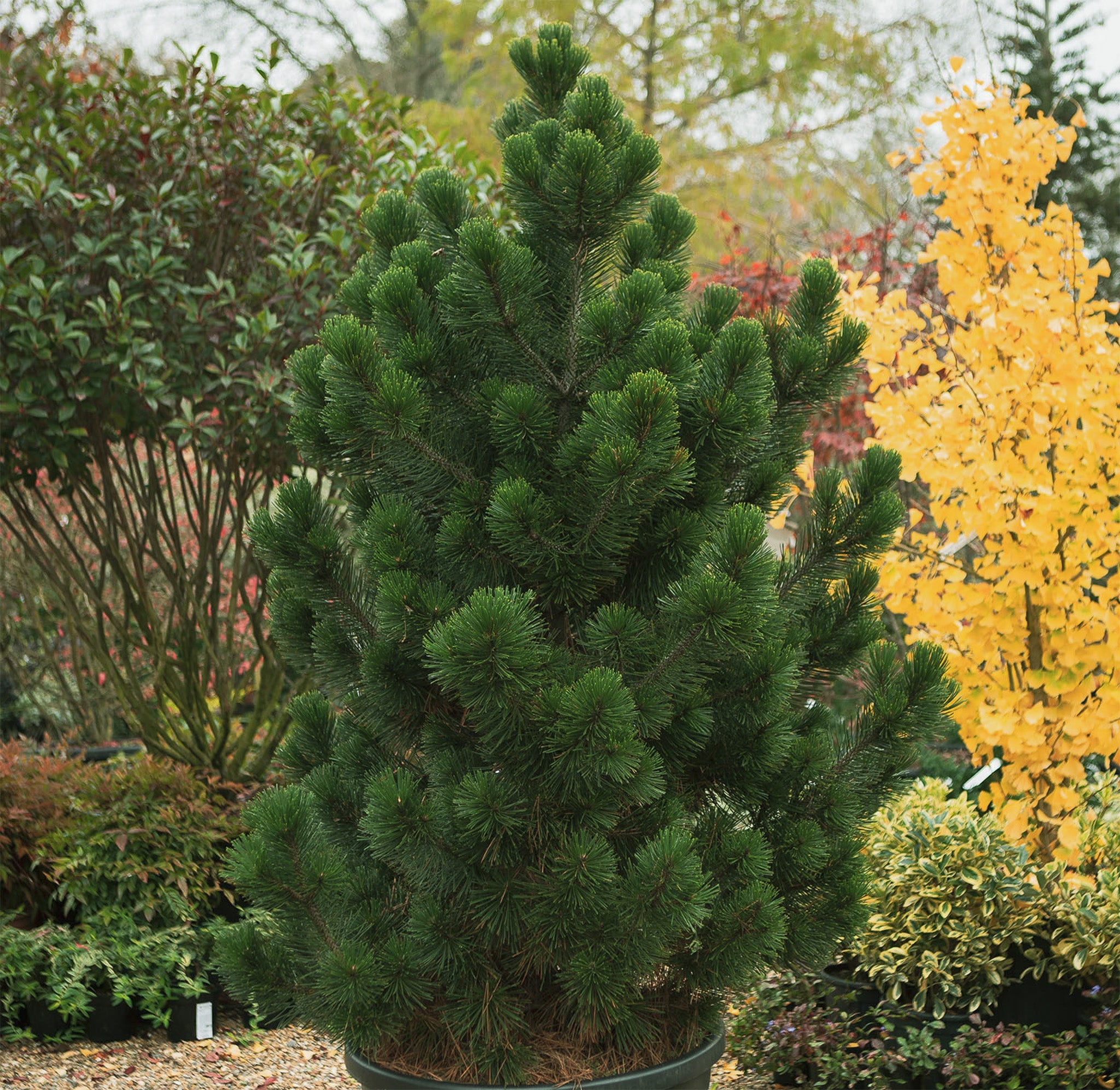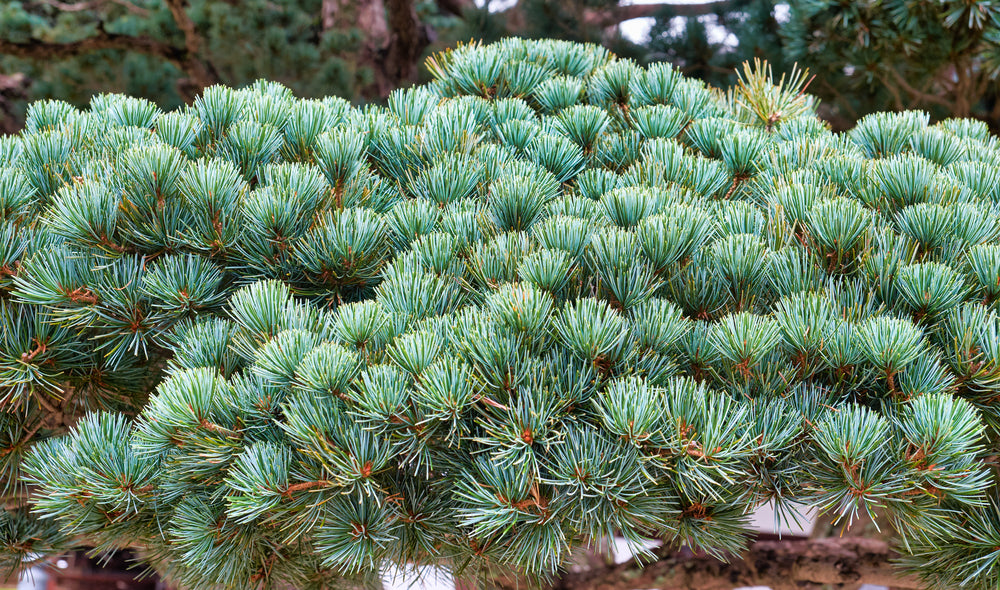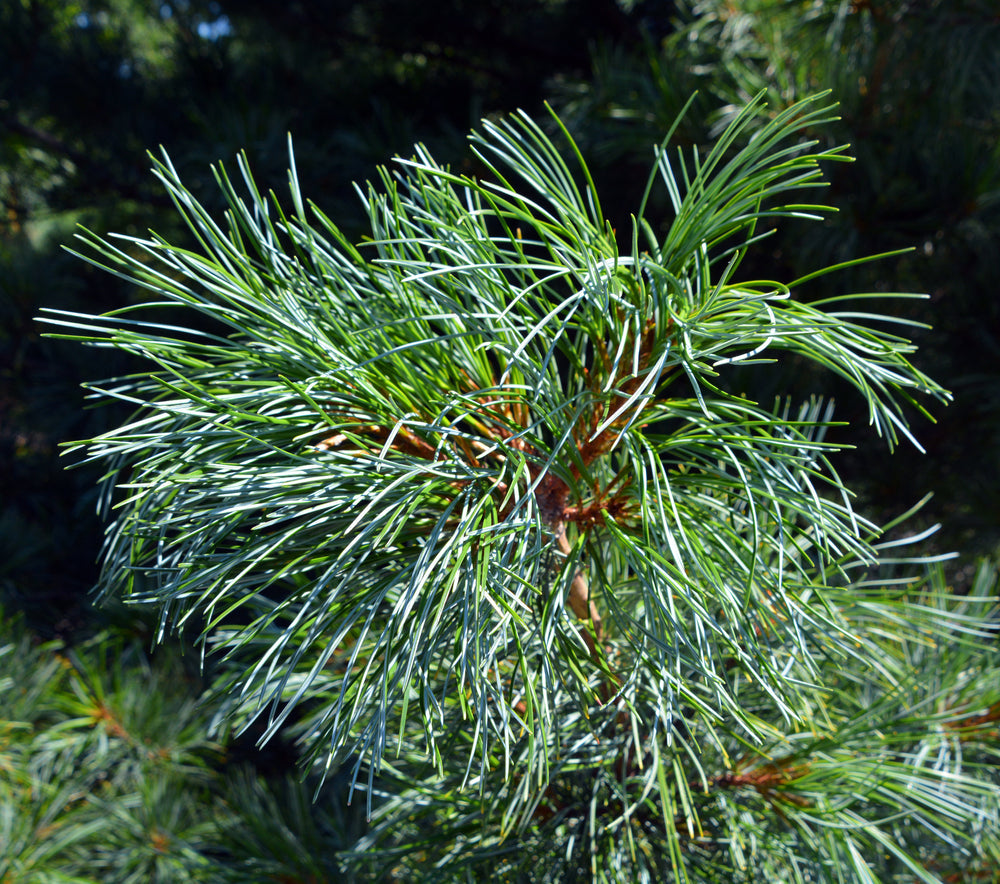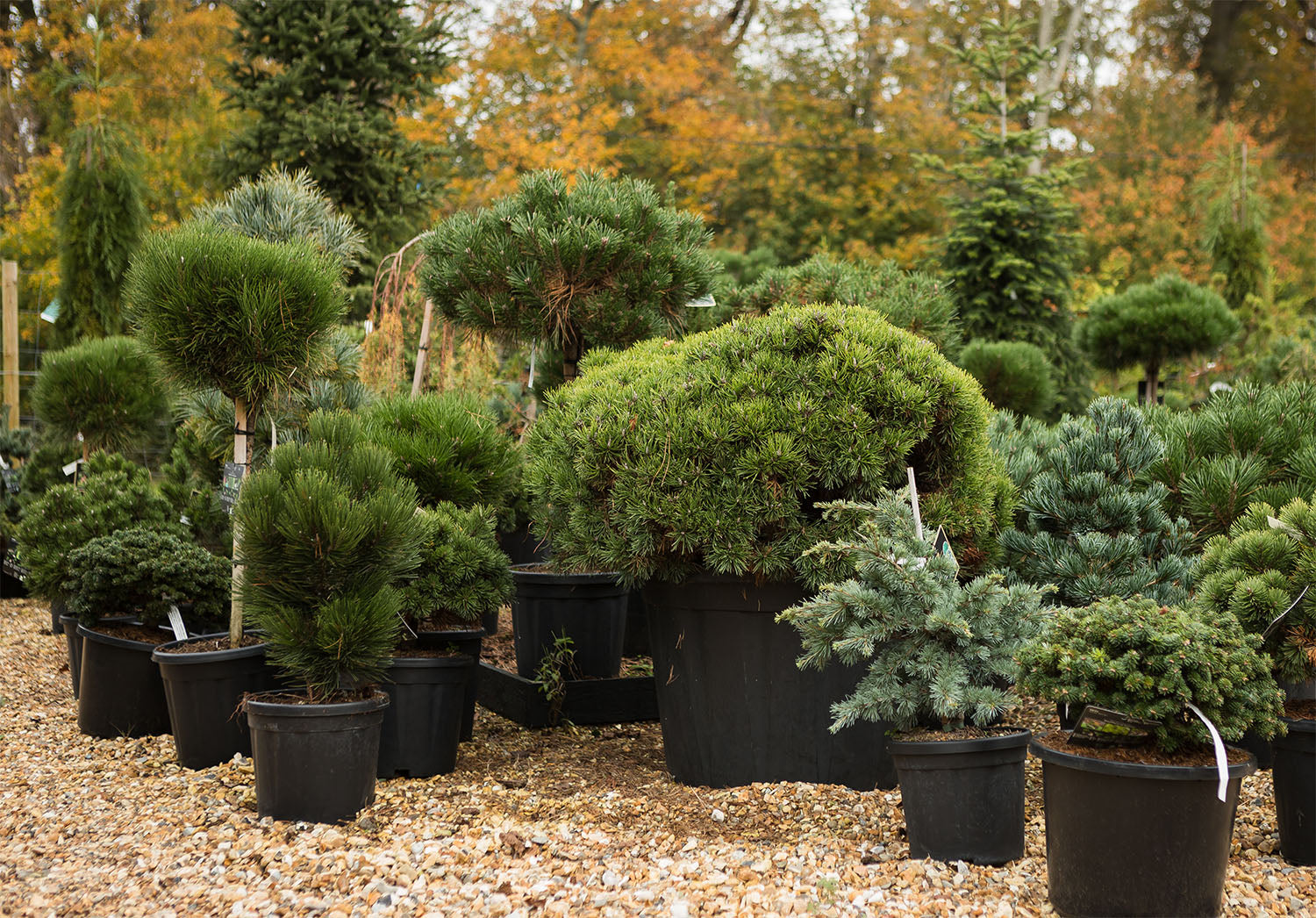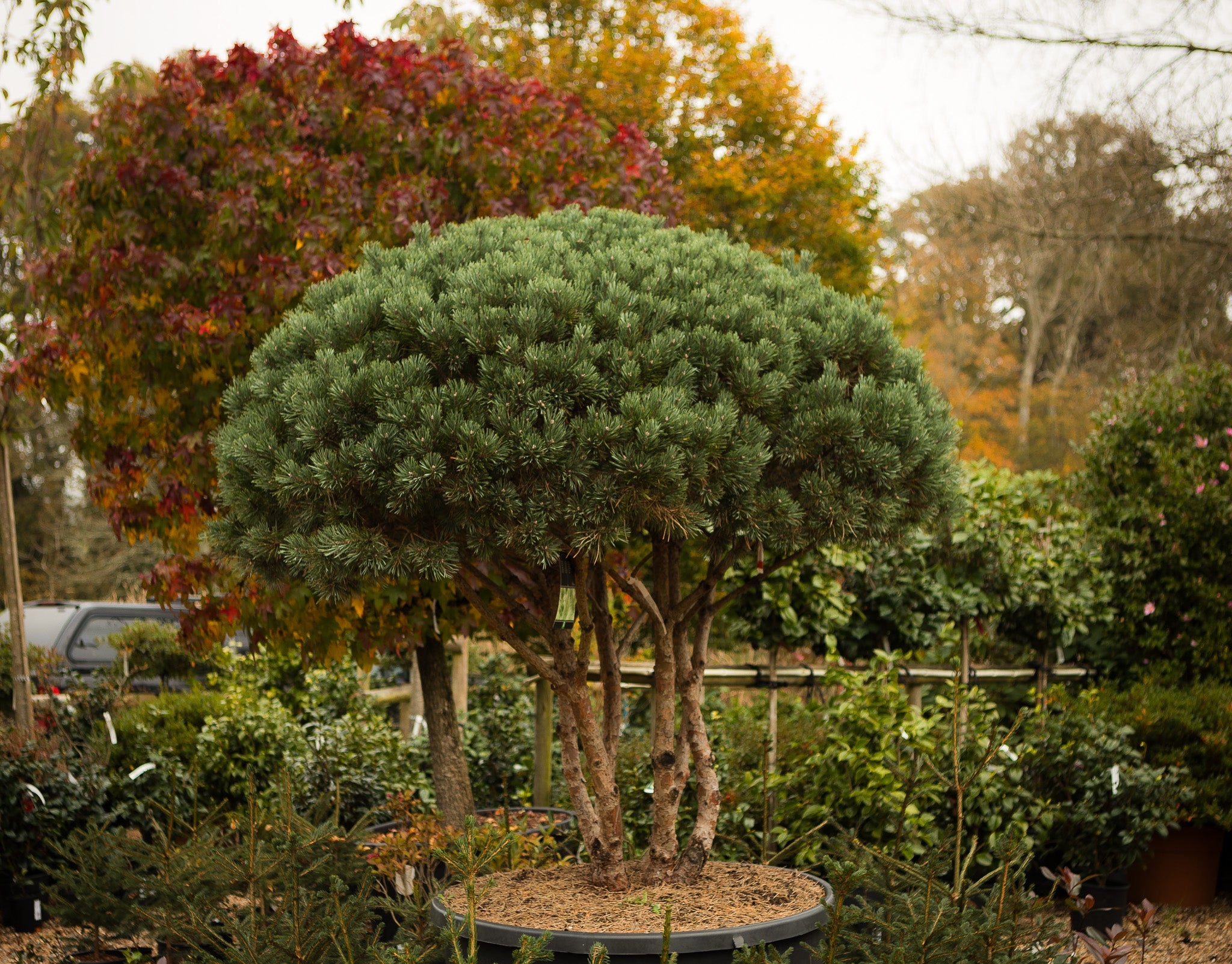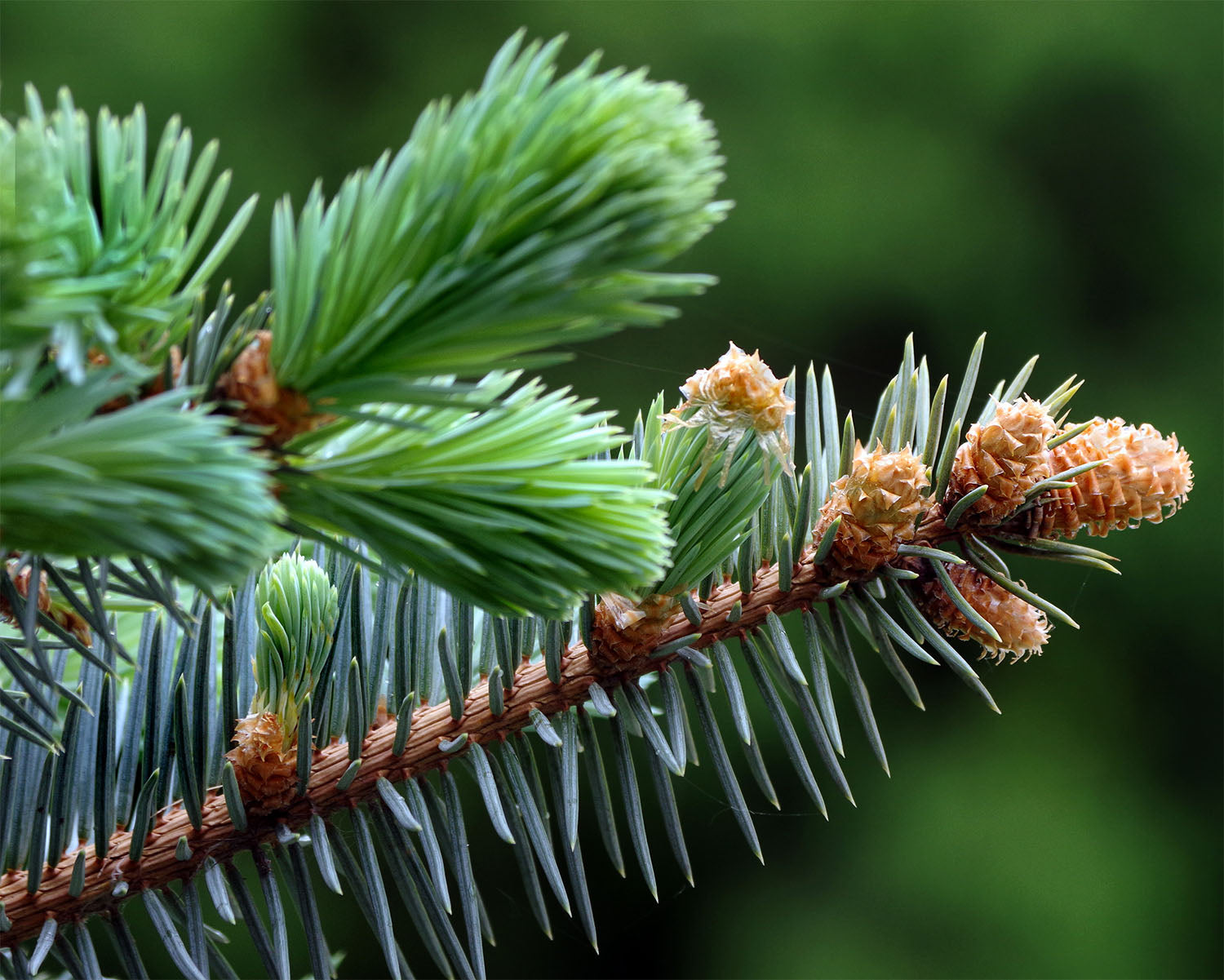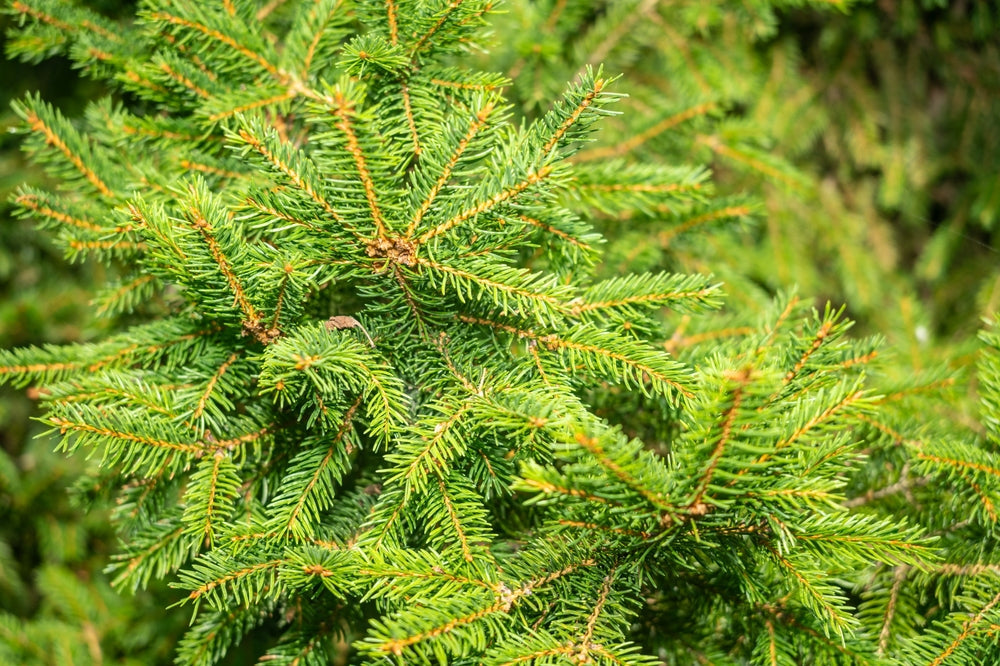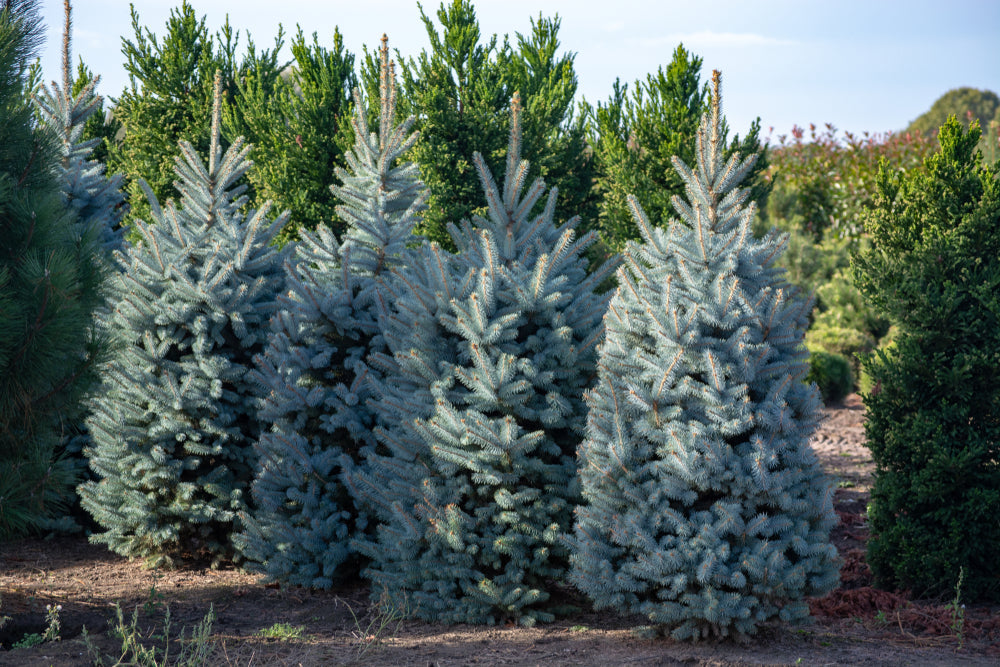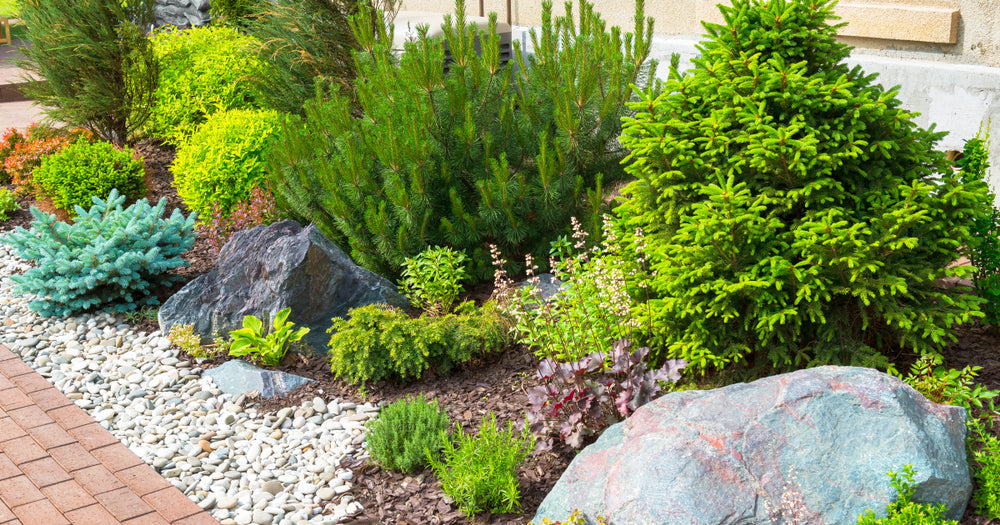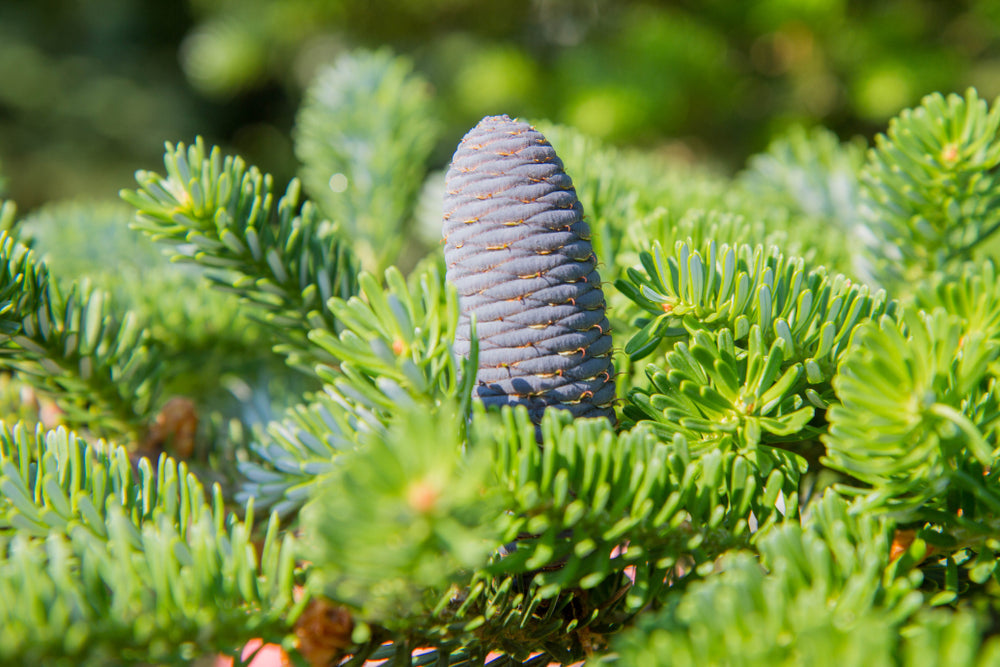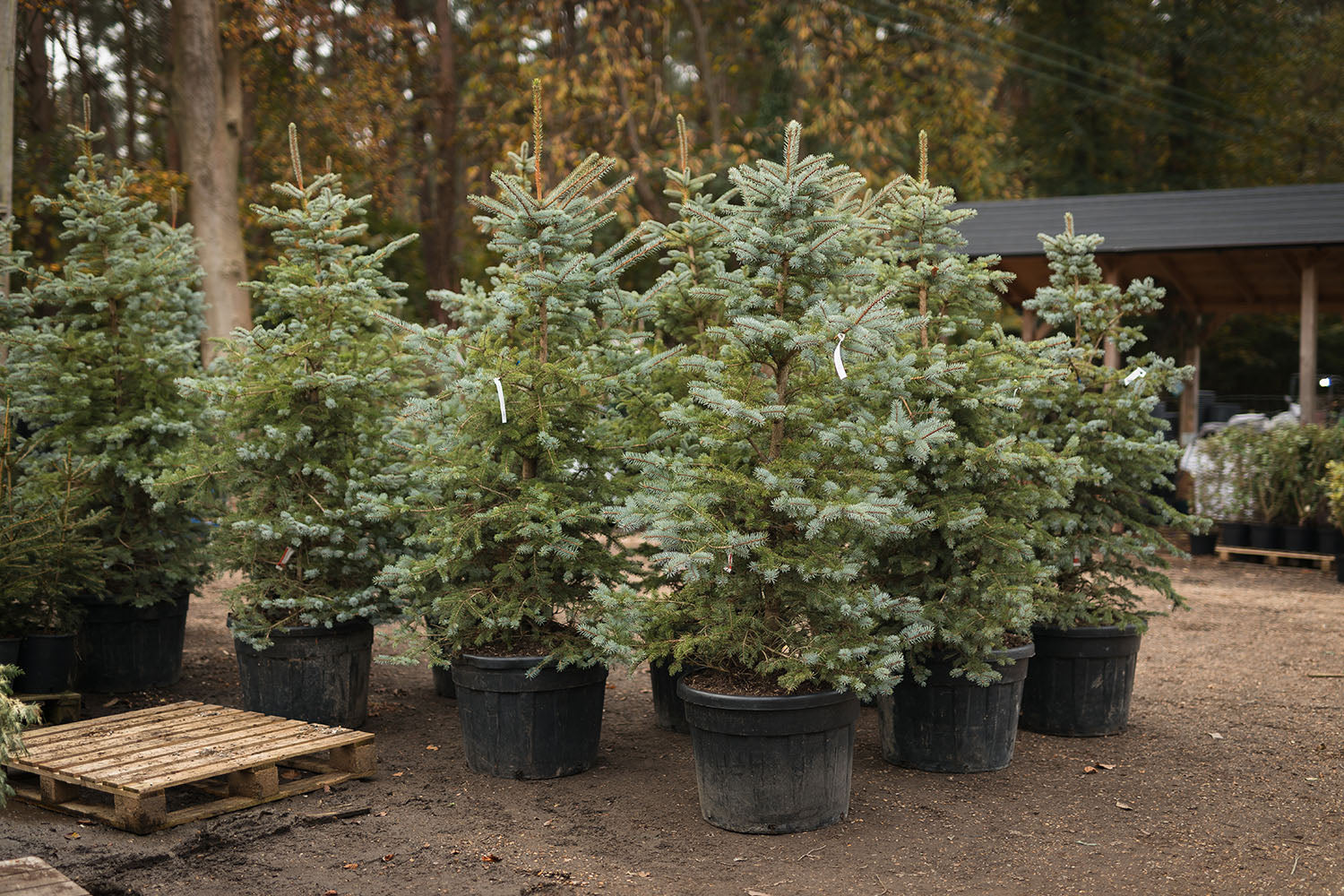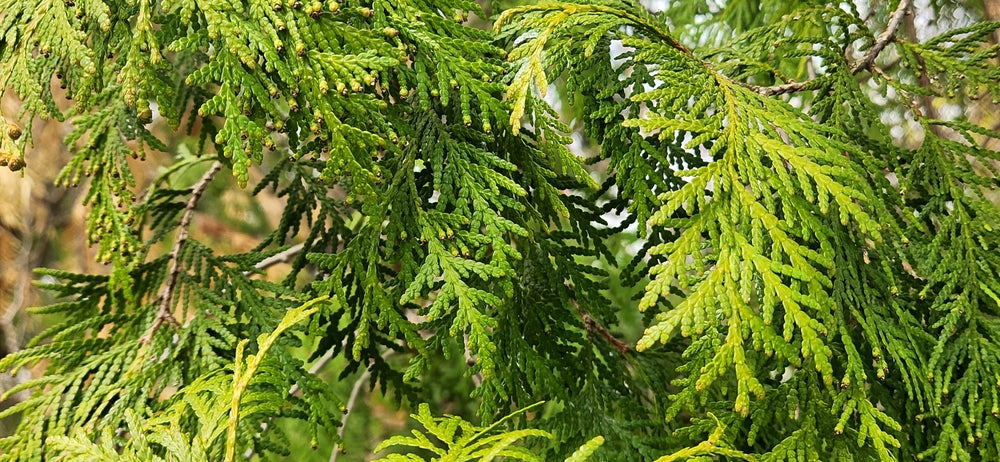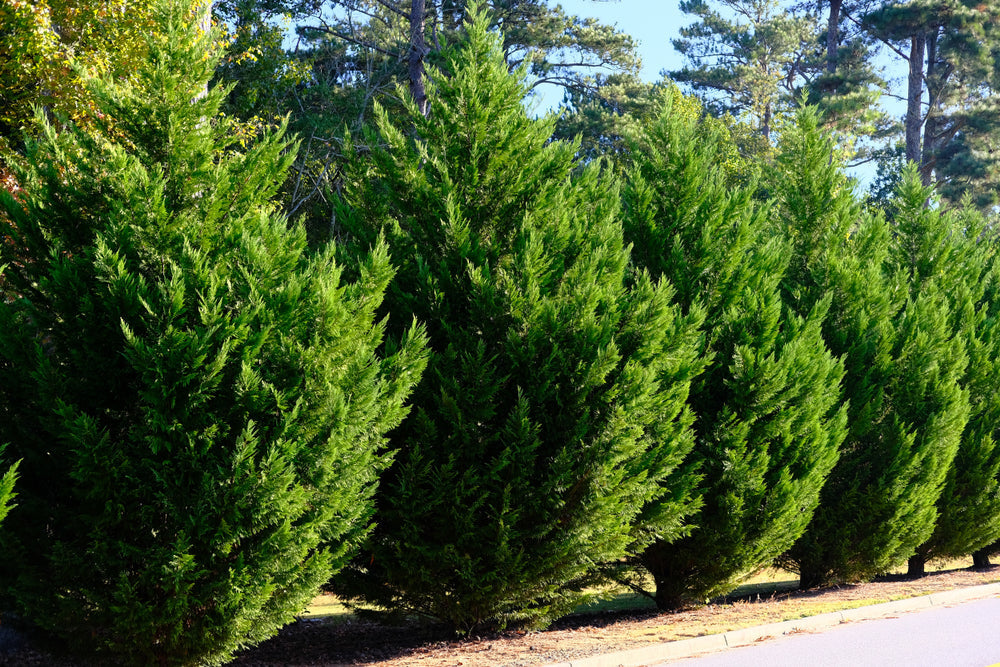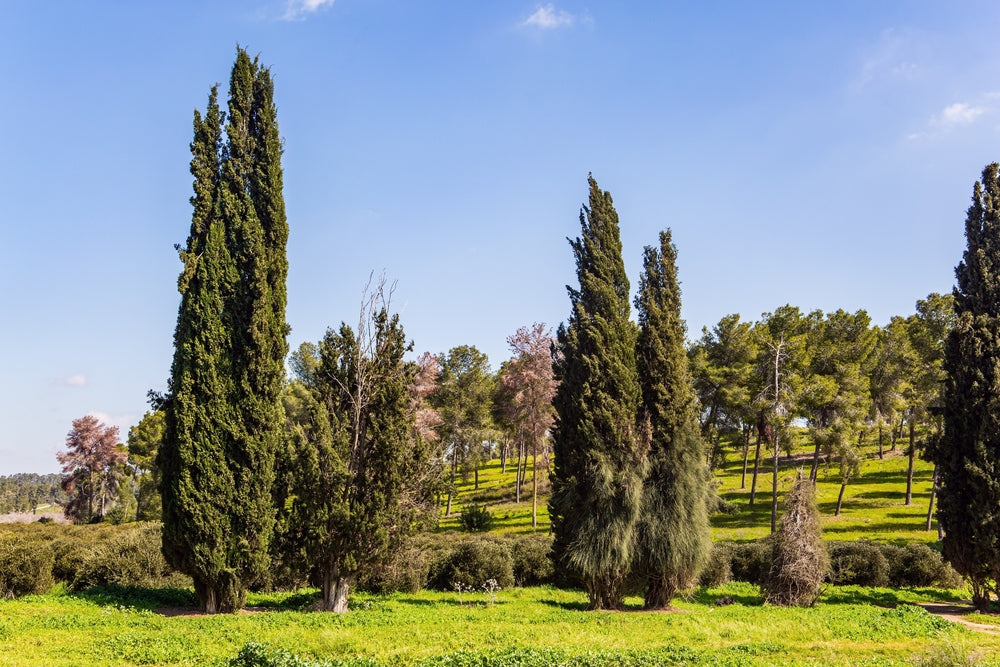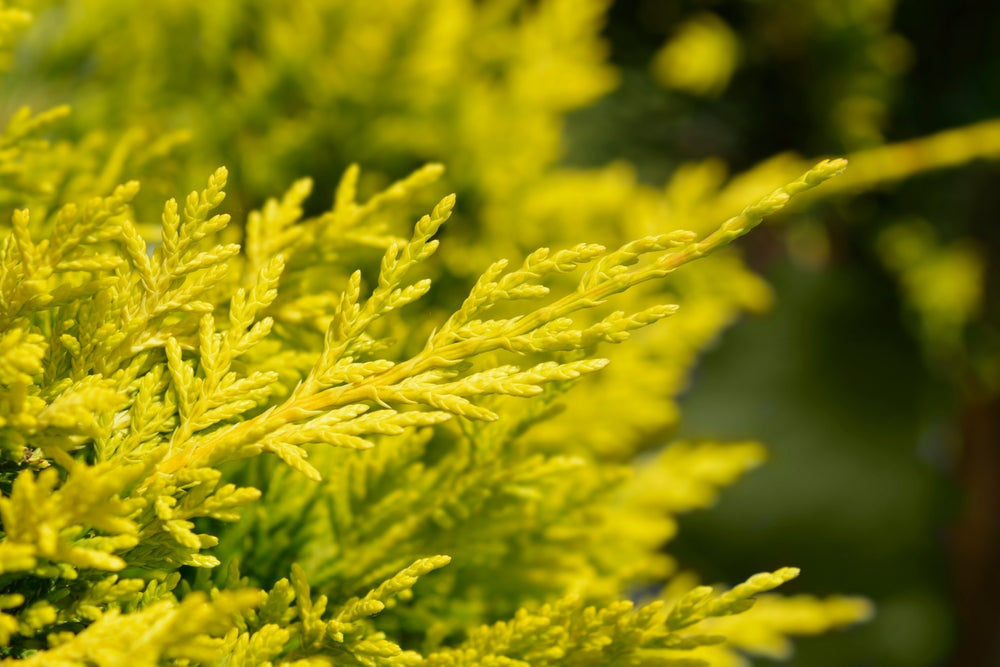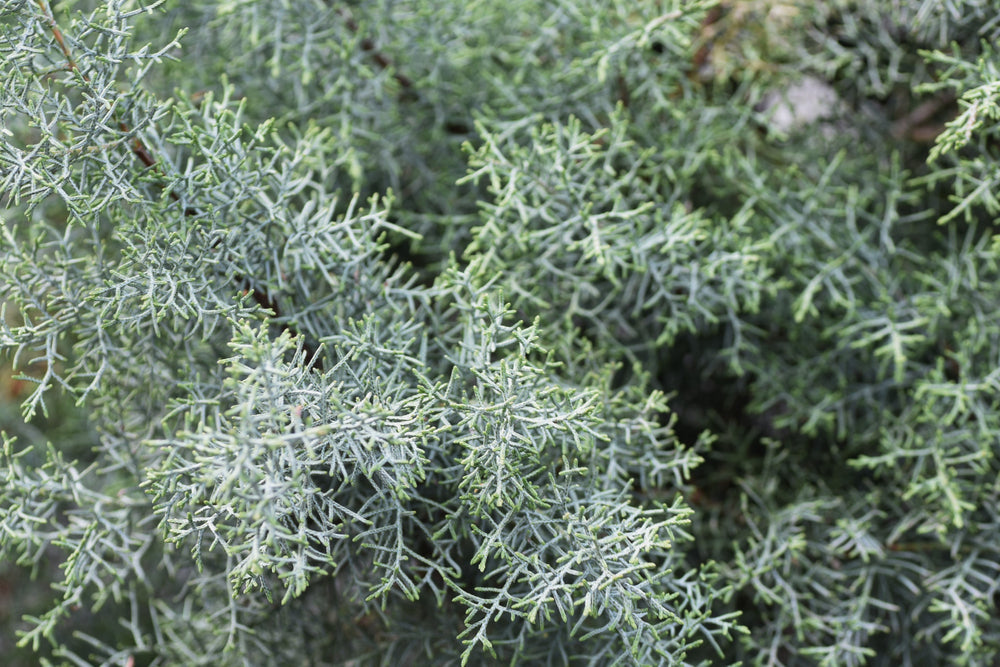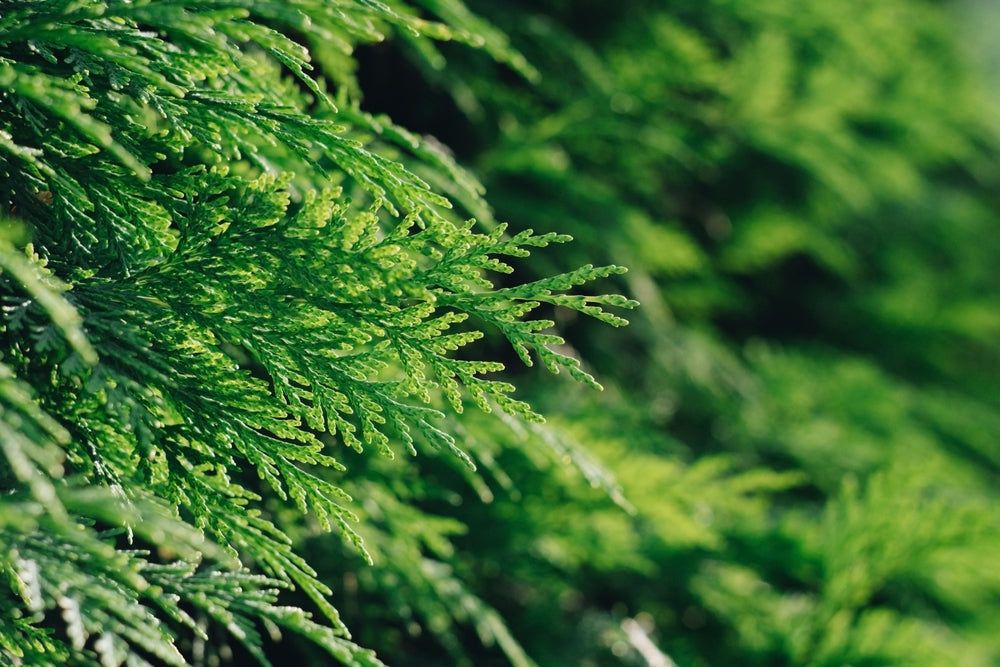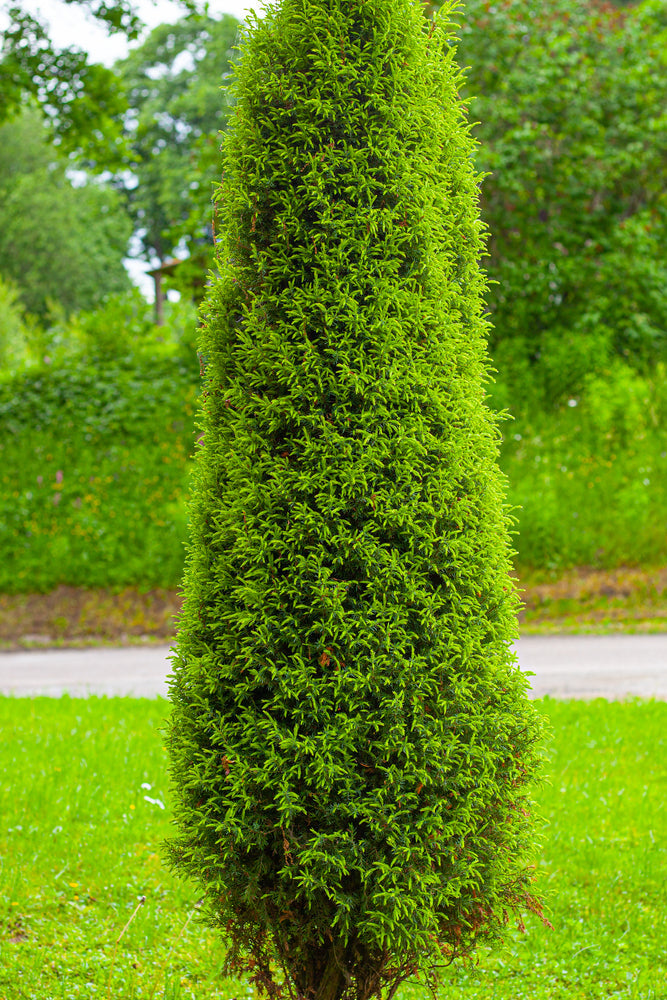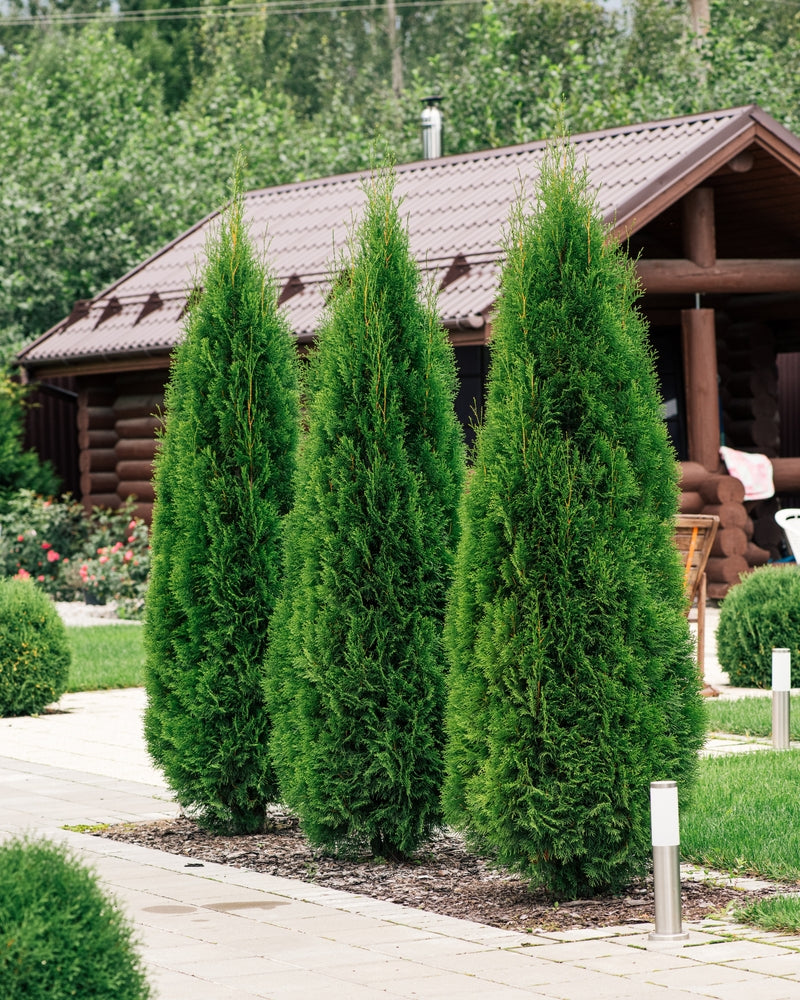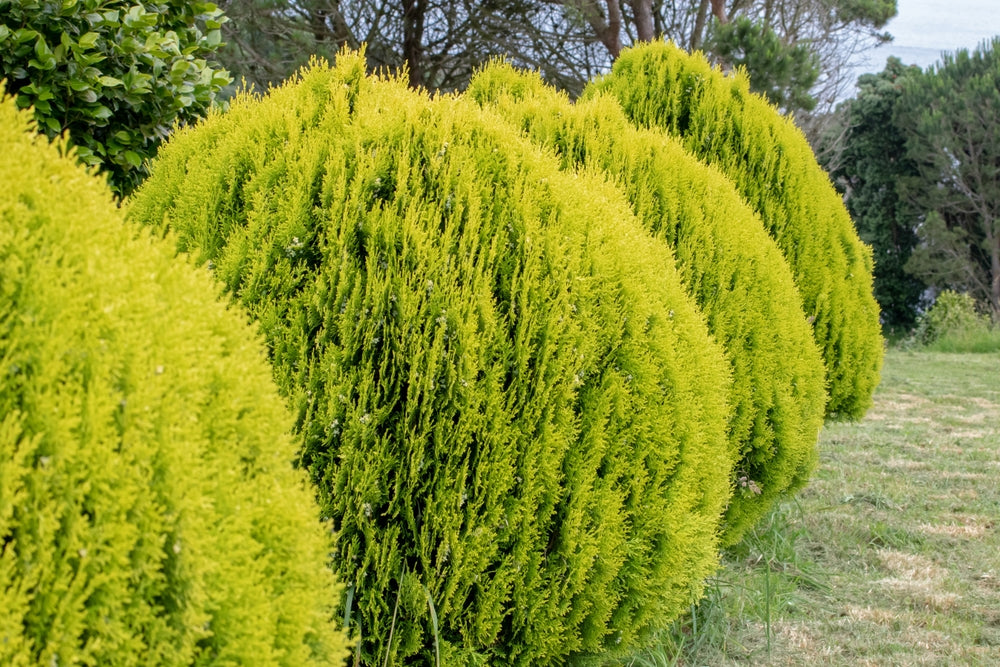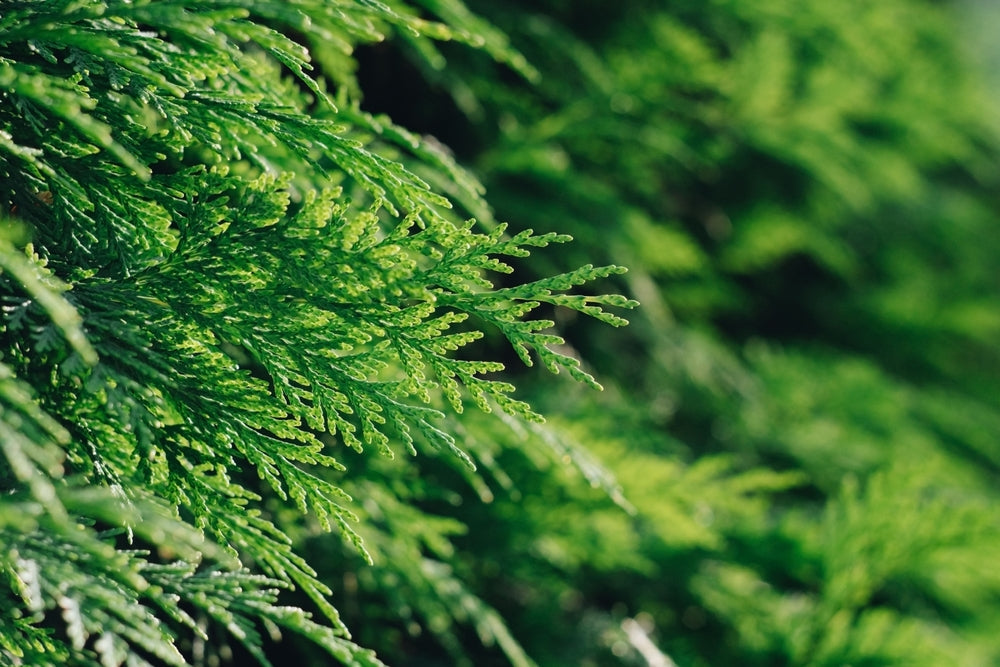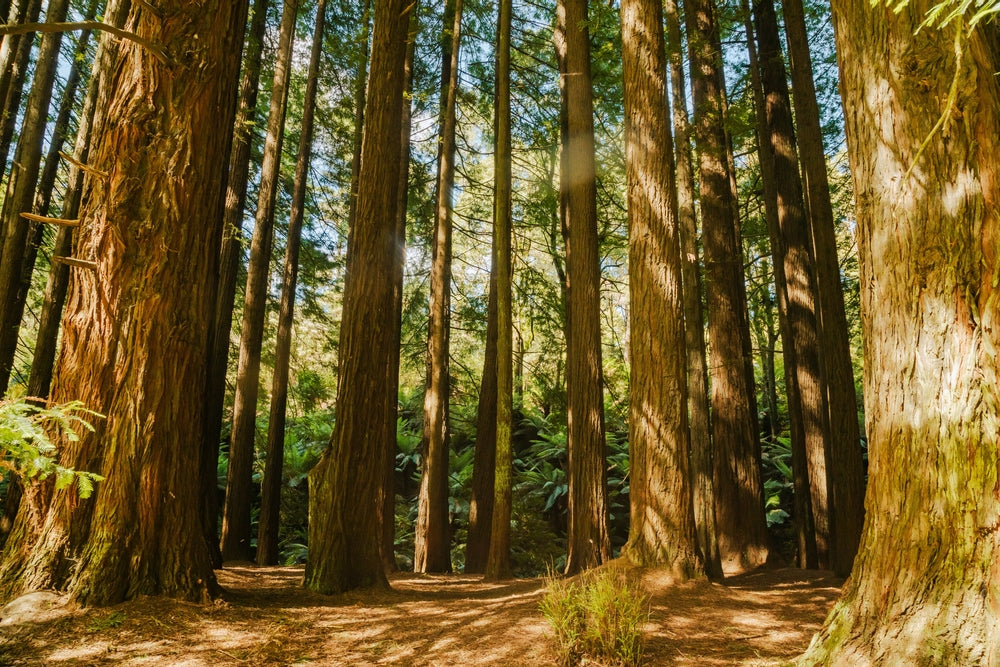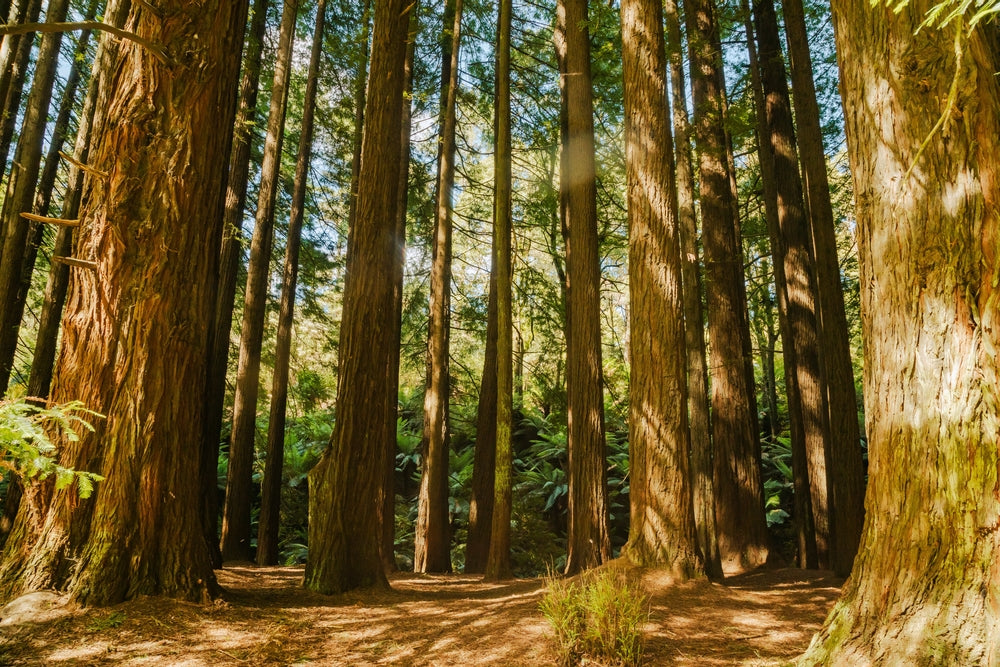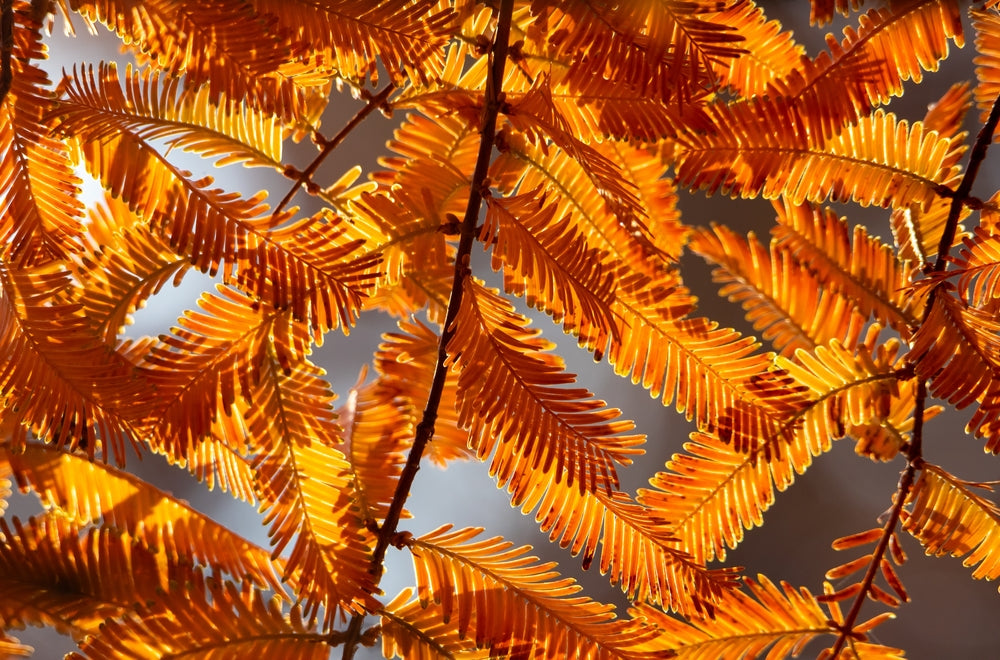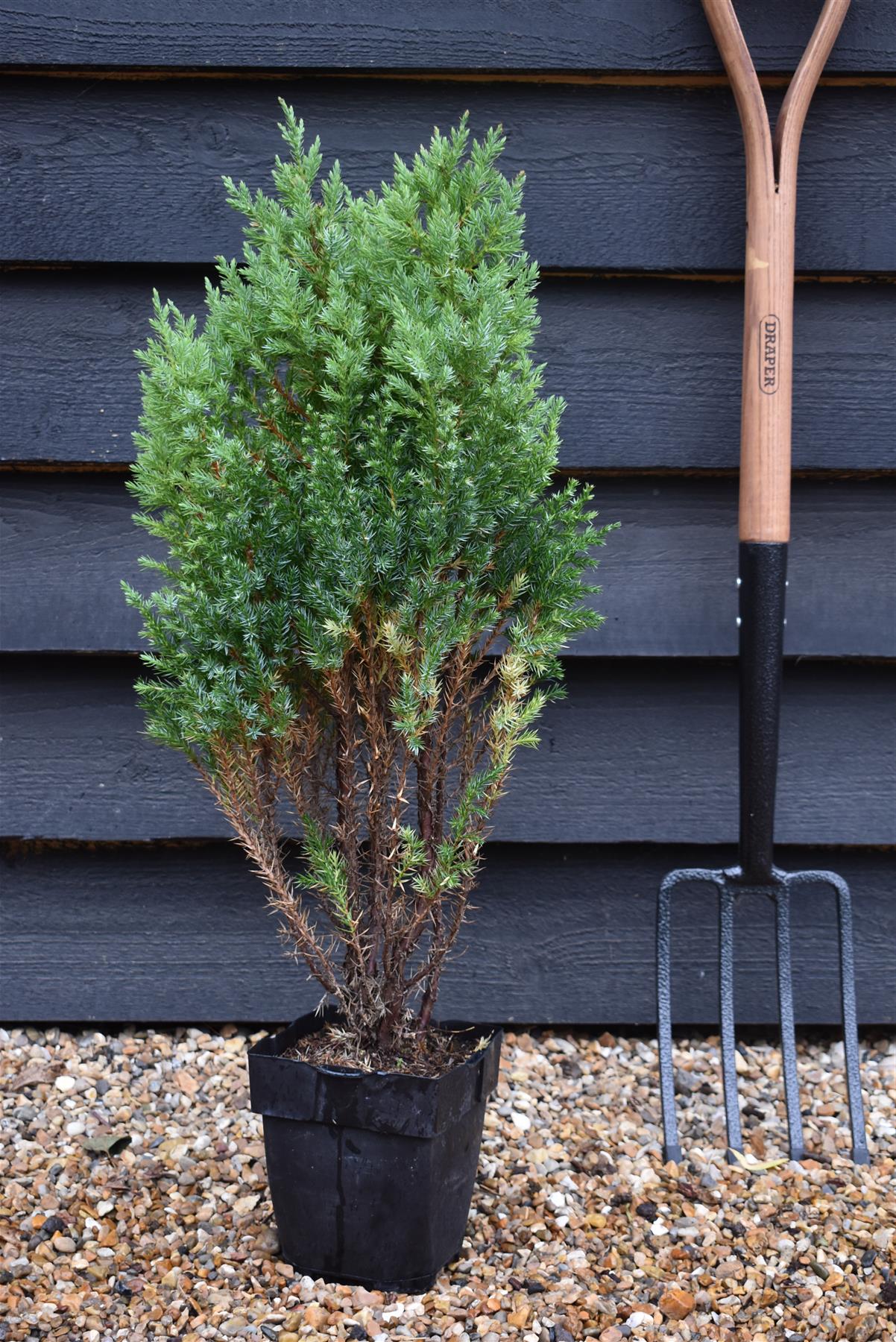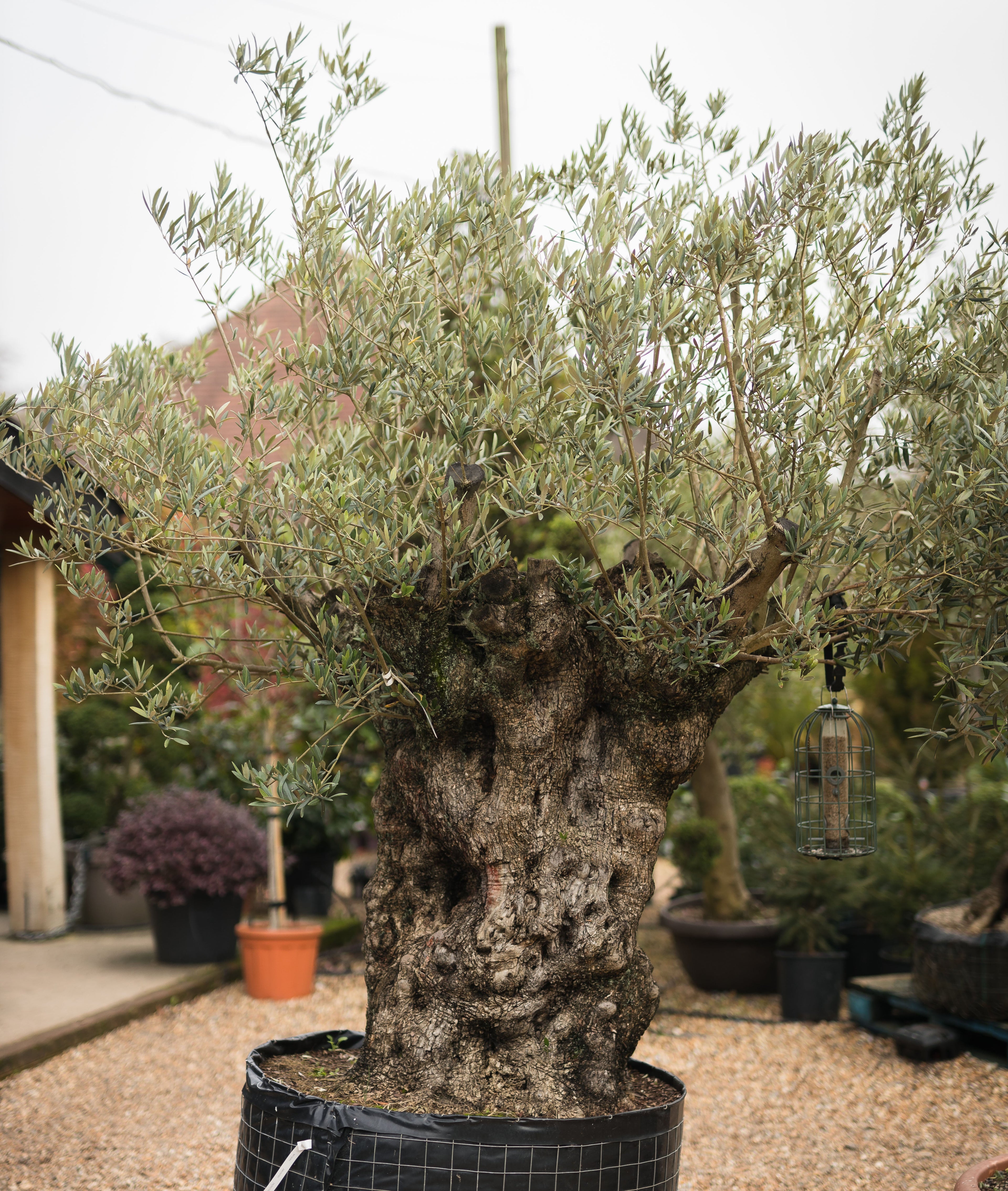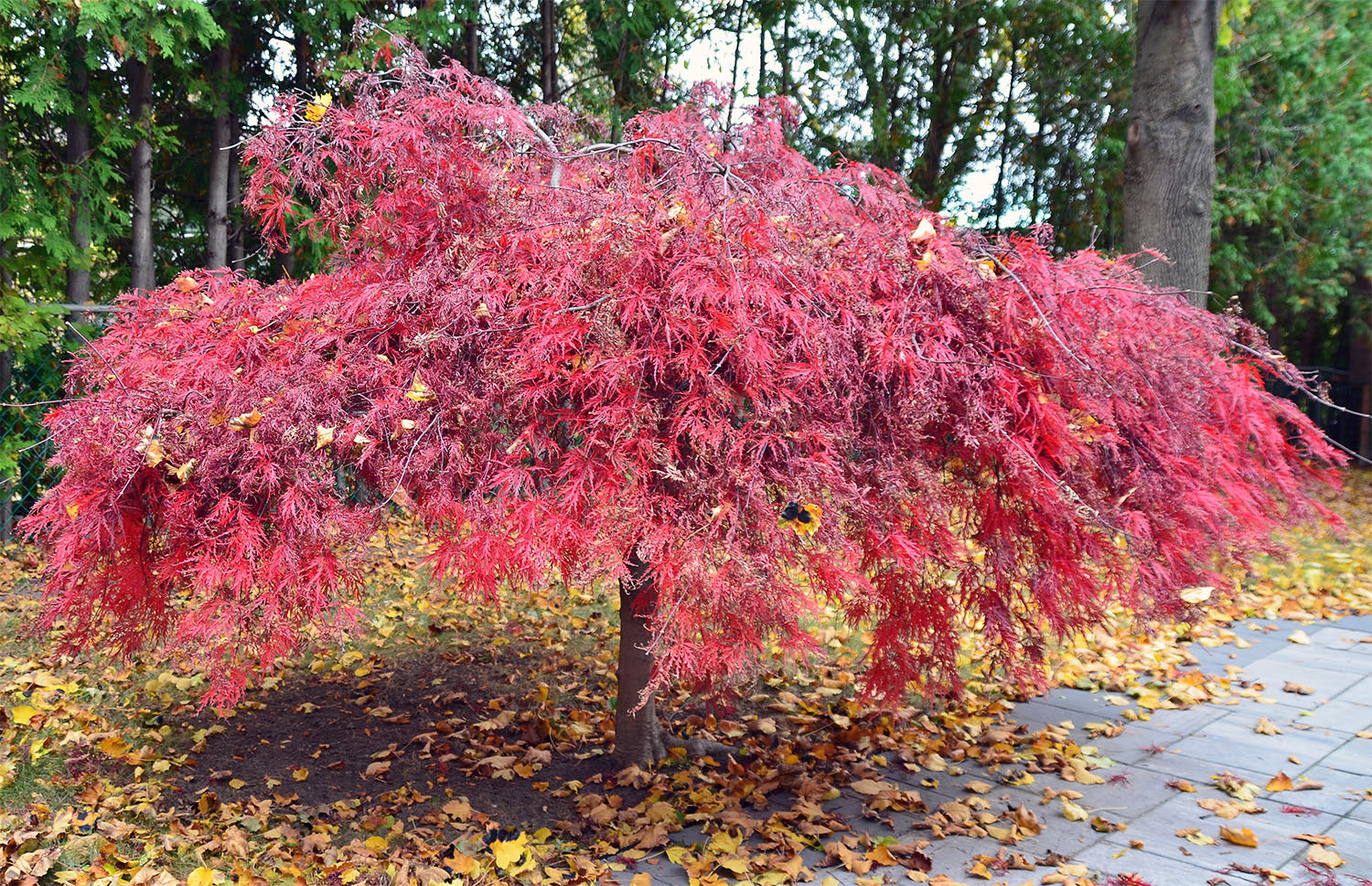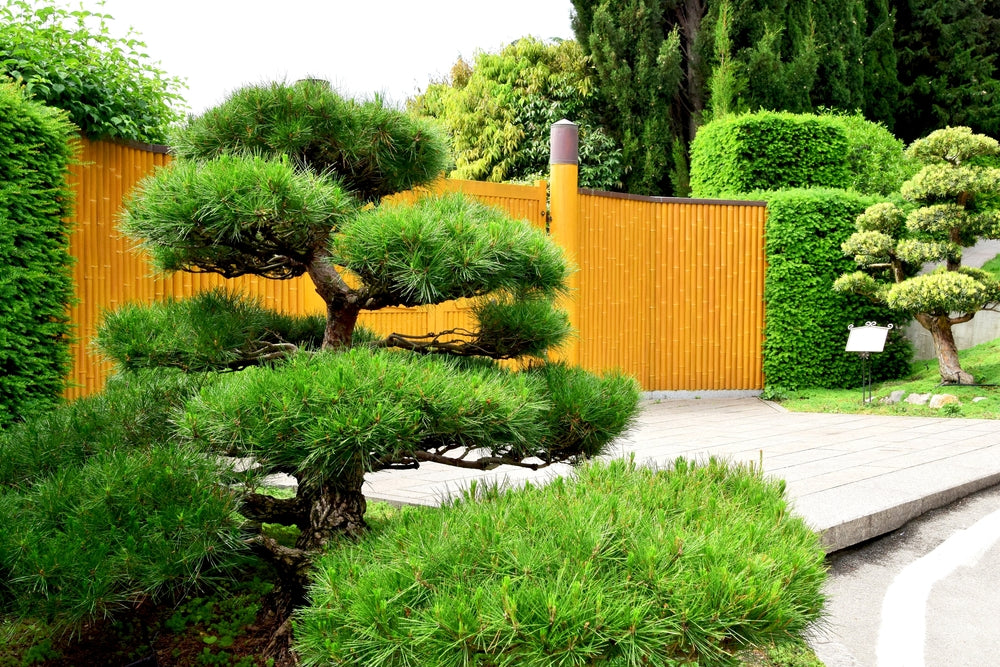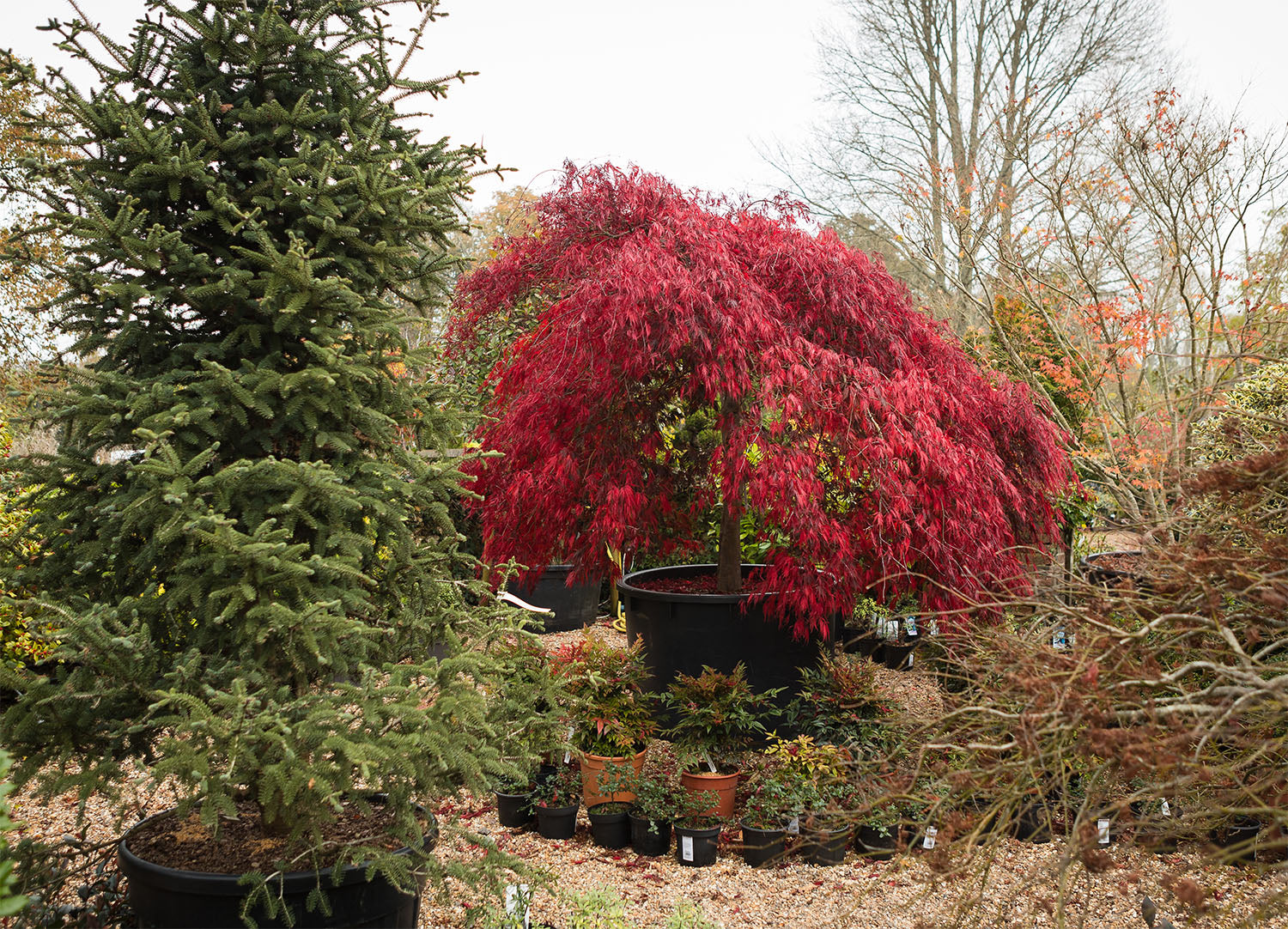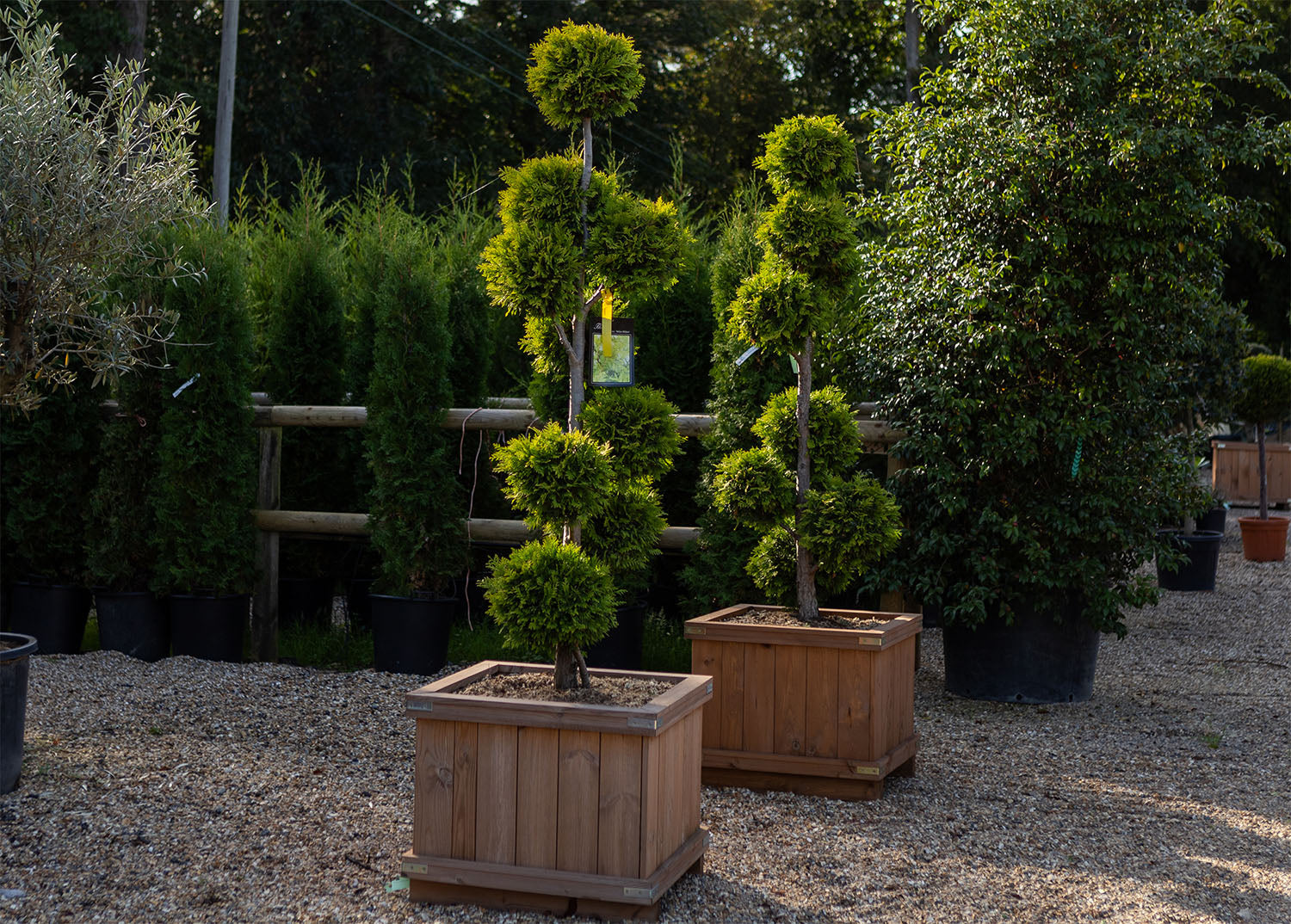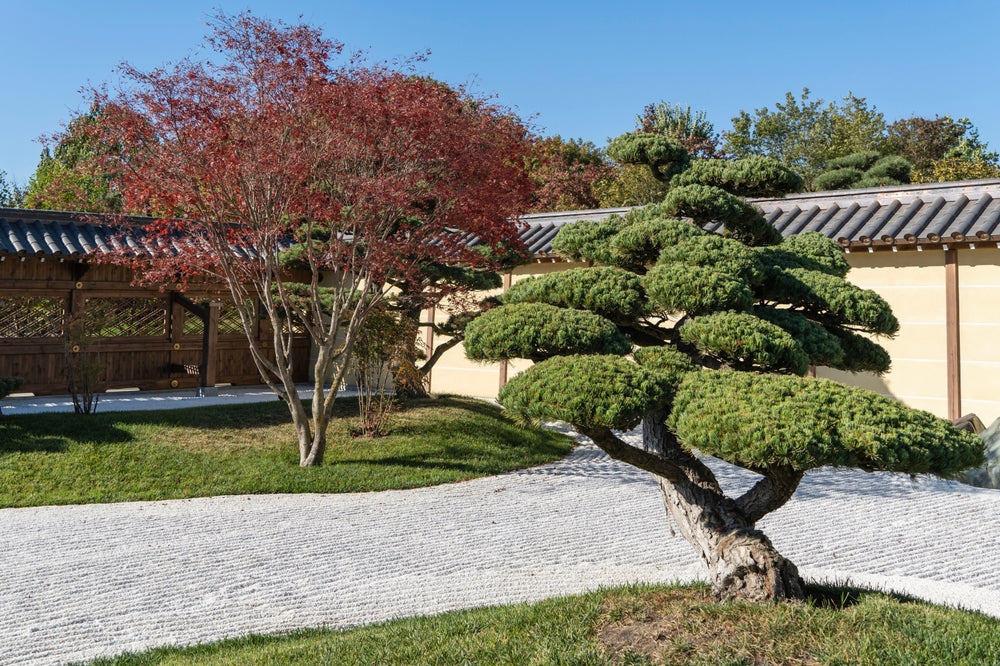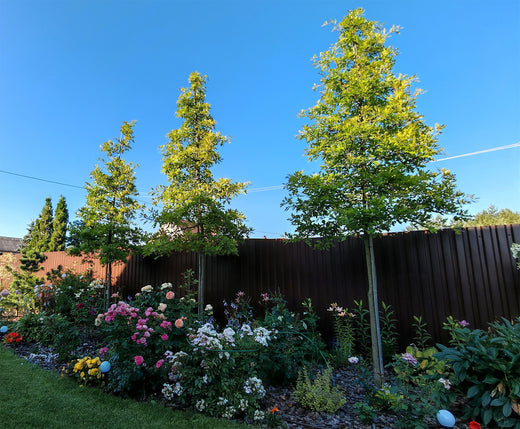
How to Choose the Best Screening Tree for Your Garden
Our standard 1.8-metre fences are great for marking boundaries, but do very little when it comes to creating true privacy. This is a common challenge for many homeowners, especially in new-build houses where gardens often feel bare and exposed. Fortunately, there’s a simple, stylish, and natural solution for this problem - screening trees.
What Are Screening Trees?
Screening trees are specially selected trees planted to create a natural barrier and enhance your garden privacy. They grow taller than a standard fence and can extend the height of your garden screen by 5-8 metres. Along with privacy, screening trees bring aesthetic benefits like lush greenery, refreshing shade, and seasonal beauty. This allows you to enjoy your outdoor space in peace, free from unwanted views.
Types of Screening Trees: Pros & Cons
You are thinking of improving your garden’s privacy by planting screening trees but don’t know where to start? The first step is to consider the types and sizes of screening trees available. You can typically choose between two types: evergreen and deciduous. Each has its own pros and cons so it’s up to you to decide which type is better for your garden. Let’s take a closer look at both options.
Evergreen Screening Trees
PROS:
- Privacy all year round: Evergreen foliage does not change throughout the year so evergreen trees will provide constant privacy, no matter the season.
- Less noise: Beside blocking unwanted views, the density of evergreen foliage can also reduce the noise from your neighbours or traffic.
- Wind protection: Evergreen trees can also serve as a natural shield against harsh winds, making your garden cosy even on windy days.
- Low maintenance: If you don’t have much time for your garden and need low-maintenance screening trees, evergreens may be a good choice since they require minimal care.
CONS:
- No seasonal change: Evergreen trees stay the same throughout the year so they lack the seasonal variety of deciduous trees.
- Slower growth: Due to their slower growth, it may take longer to achieve the desired height.
- Higher risk of pests: Their dense foliage can harbour insects, which makes them more susceptible to pests.
- More snow damage: They can also be more vulnerable to snow damage, as the weight of snow can break their branches.
- Tend to be more expensive: Evergreen trees tend to be more expensive, especially mature specimens or specific varieties.
Deciduous Screening Trees
PROS:
- Attractive seasonal changes: What makes deciduous trees truly beautiful is their ability to change throughout the seasons. They usually offer lovely spring blossoms, vibrant summer foliage, and attractive autumn colours.
- Faster growth: Deciduous trees tend to grow faster than evergreens. Therefore, if you need fast-growing screening trees, deciduous may be a better solution.
- Lower risk of pests: Deciduous trees have fewer pest problems compared to evergreens.
- Less snow damage: They are also less likely to suffer from snow damage.
- More affordable: More mature deciduous trees are often cheaper compared to their evergreen counterparts.
CONS:
- Less privacy in winter: Deciduous trees shed their leaves, leaving your garden more exposed during winter. They are better suited as seasonal privacy trees.
- Longer wait for full privacy: Deciduous trees also need more time to grow dense enough to provide full privacy. Sometimes bare spots in their foliage may appear.
- More maintenance: They need regular pruning and clearing of fallen leaves which makes them harder to maintain than evergreens.
- Higher risk of diseases: Deciduous trees are also more susceptible to certain diseases, especially fungal infections.
- Vulnerable to late frosts: Late frosts in spring can damage new growth and impact their development and beauty.
Choosing the Right Size of Screening Trees for Privacy
Screening trees usually come as Full Standard (Std) and Three-Quarter Standard (3/4 Std). Before you choose, it’s important to understand what these terms mean. Different tree standards refer to the height of the clear stem which is followed by the canopy at the top.
Full-Standard Screening Trees
- Height: Full-standard trees have a single straight trunk, clear of branches up to at least 1,8m and a broad, spreading canopy above.
- Benefits: Perfect for adding height above a standard fence. The canopy creates a natural barrier while the space below remains open and uncluttered.
- Best use: They are a great choice for larger gardens, standard fences, paths, or driveways. Full-standard trees create a formal and structured look and keep the ground level open and visible.
- Things to consider: Full standard trees need more vertical space to thrive and slightly more time to establish a dense canopy.
Three-Quarter Standard Screening Trees
- Height: Three-quarter standard trees have a single clear stem or trunk with a neat canopy above. The trunk is usually between 1.5 and 1.8 metres high. The canopy begins at around 3/4 of the tree's overall height making it closer to the ground. It is also more compact and dense than canopy in a standard tree.
- Benefits: Great for adding privacy at eye level which makes them a good choice for seating areas or patios. The space below the canopy stays clear and airy.
- Best Use: Perfect for smaller gardens and urban spaces where you want privacy but not overly high trees, or where full-standard trees feel out of proportion.
- Things to consider: Three-quarter standard trees may not be the best choice for screening in large gardens. They can appear out of proportion or be less effective in creating privacy.
Best Evergreen Screening Trees for Garden Privacy
Here are our top evergreen trees that offer excellent garden screening solutions.

- Fast growth, attractive evergreen foliage, and masses of elegant, white flowers blooming in summer make Hoheria Snow White a great choice for screening.
- This tree prefers sheltered positions and may struggle in windy and exposed areas common in coastal or hilly areas of the UK.

- Photinia is adaptable, hardy, and easy to grow. It is also very attractive with its glossy dark green leaves and bright red new growth in spring. This splash of colour is rare for evergreen screening trees.
- Photinia Red Robin is not needy but requires occasional pruning to maintain shape. Although it thrives in most UK climates, young plants should be protected in places with severe winters.
Ligustrum ovalifolium (Privet)

- If you need thick and compact screening trees that grow fast, Ligustrum ovalifolium is the perfect choice. It has very dense foliage but requires regular trimming.
- Harsh winters may cause it to lose some leaves and diminish its overall appearance.
Ligustrum japonicum (Japanese Privet)
- This variety of Ligustrum is known for glossier leaves, more compact growth, and the ability to thrive in partial shade.
- Less cold-hardy than other privets, Ligustrum japonicum can struggle in harsh UK winters. It is better suited for milder regions of the UK. It is also slower growing than other privets.
Ilex Nellie R. Stevens (Holly)

- Dense and hardy, Ilex or Holly can provide a very resilient and thick privacy screen with attractive, bright red winter berries.
- It thrives in UK gardens but grows slowly, so it may take time to establish as a privacy screen.
- Evergreen magnolia is well known for stunning, fragrant flowers and large glossy leaves. It combines beauty and function and makes a great screening tree.
- Magnolia prefers warmer, sheltered parts of the UK. It doesn’t like exposed or frosty conditions.
Prunus Lusitanica (Portuguese Laurel)

- Portuguese Laurel is a dense, hardy, and fast-growing evergreen tree with glossy foliage.
- It makes an excellent screening tree and grows well in most UK regions. If you don’t want it to grow too wide, it needs regular pruning.
- Novita is a robust, adaptable, and fast-growing variety of Cherry Laurel. Its dense foliage creates thick and reliable privacy screens.
- Since it needs room to thrive, it is ideal for larger spaces.
- Camellia Japonica offers glossy evergreen leaves and beautiful flowers from late winter to spring. It is both practical and decorative.
- However, it is not as adaptable as some other screening trees. It needs acidic soils and sheltered positions, as well as some extra care to thrive.
- This variety of Camellia is compact and elegant. Its fragrant autumn flowers are a beautiful addition to its dense evergreen foliage.
- Keep in mind that it may struggle in harsh frost and exposed positions.
Best Deciduous Screening Trees for Garden Privacy
Now, let’s explore the best deciduous trees for privacy that will create perfect natural screening in your garden.
- Liquidambar Gumball offers stunning and vibrant autumn foliage in shades of yellow, orange, and red.
- It is very attractive but grows more slowly than other screening trees. It needs full sun to show its vibrant autumn colours at their best.
- Liquidambar Worplesdon is known for its spectacular autumn colours and tall upright growth.
- It is an excellent choice for larger gardens because it requires plenty of space to grow. Not so suitable for small or urban UK gardens.
Pyrus calleryana Chanticleer (Ornamental Pear)
- This is a lovely screening tree, both functional and decorative. It has beautiful spring blossoms and dense summer foliage.
- It’s a fast grower and can provide garden privacy quickly, but may need regular pruning to prevent it from becoming too tall.
- With Acer Rubrum, you will enjoy symmetrical, upright growth habit and vibrant red leaves in autumn.
- It prefers moist soil and may need additional watering in drier climates. It is ideal for wetter regions of the UK.
Carpinus betulus (European Hornbeam)
- Cold-hardiness and dense foliage, golden-yellow in autumn, make Carpinus betulus an excellent screening tree. It’s highly adaptable and thrives in various soils.
- It is slower to establish compared to some other trees, but once mature, it will provide a strong and reliable natural garden screen. European Hornbeam is highly adaptable and thrives in most UK climates.
Fagus sylvatica (European Beech)
- European Beech, with its dense foliage that turns coppery-brown in autumn and remains on the tree throughout winter, is an excellent choice for screening.
- Bear in mind that it can grow quite large if not regularly maintained.
- Lovely spring blossoms and colourful fruit of the Crab Apple Tree will add real charm to your garden along with privacy.
- The downside of this screening tree is fruit drop that may require occasional clean-up. They thrive in most UK soils but may need good drainage to avoid root issues.
- In spring, Cherry Blossom tree bursts with breath-taking, white and pink flowers, and in summer, offers dense foliage for seasonal privacy. It blooms best in sunny, sheltered spots, which can be harder to find in windy or exposed UK regions.
- It may take longer for Crab Apple to provide full privacy because of its moderate growth. Also keep in mind that the bloom period is very short.
Screening trees are a fantastic way to add privacy and beauty to your garden. With so many lovely and functional options to choose from, there must be a perfect screening tree for every space. Start exploring your options and take the first step toward transforming your garden into a peaceful retreat!
Share


